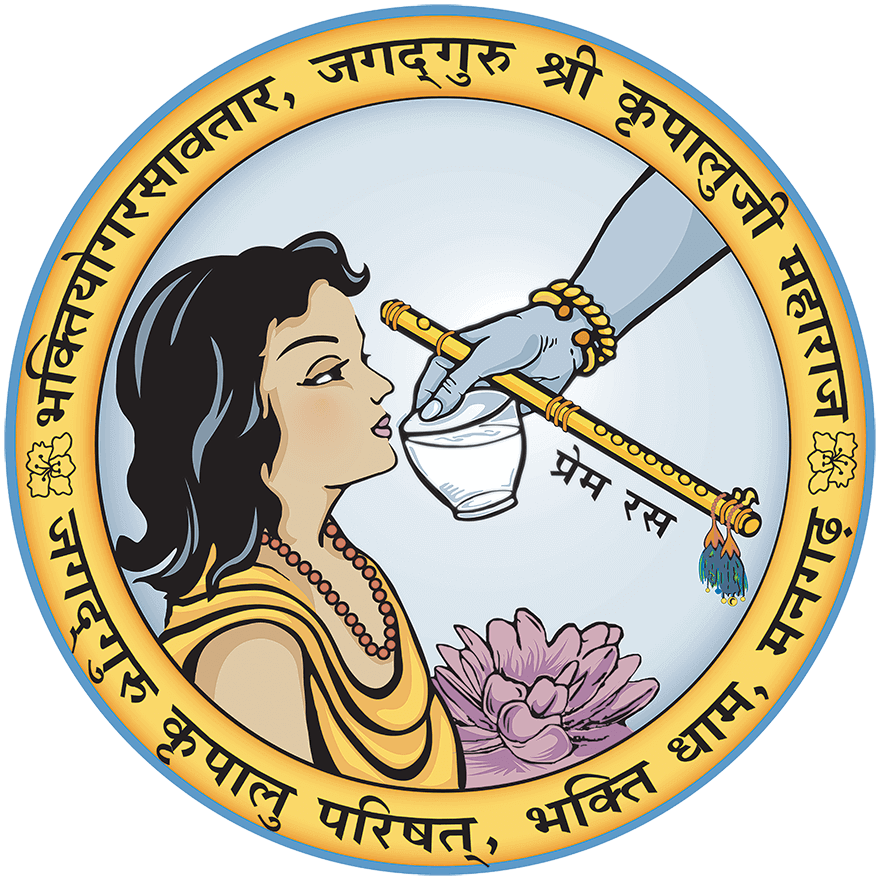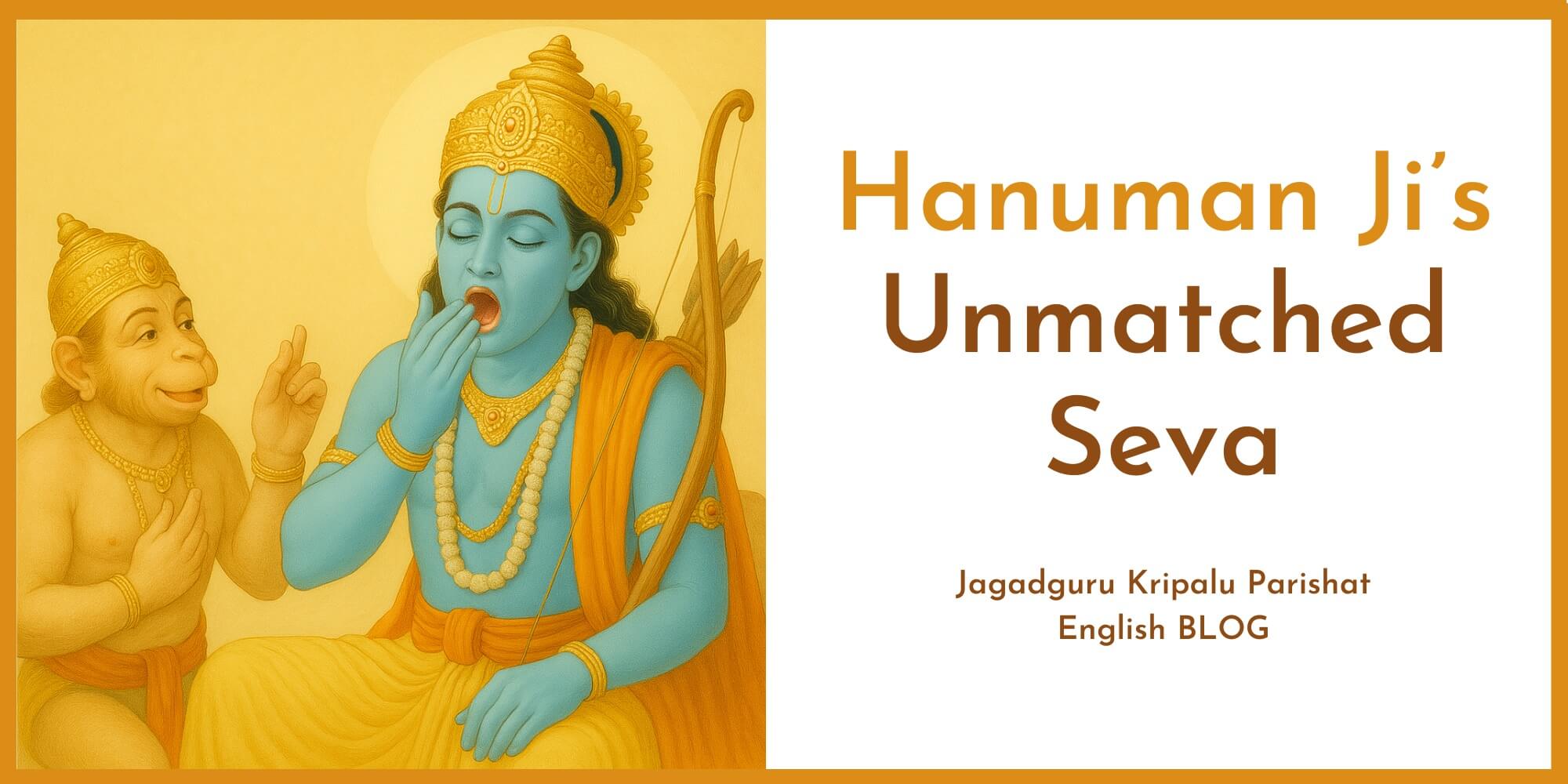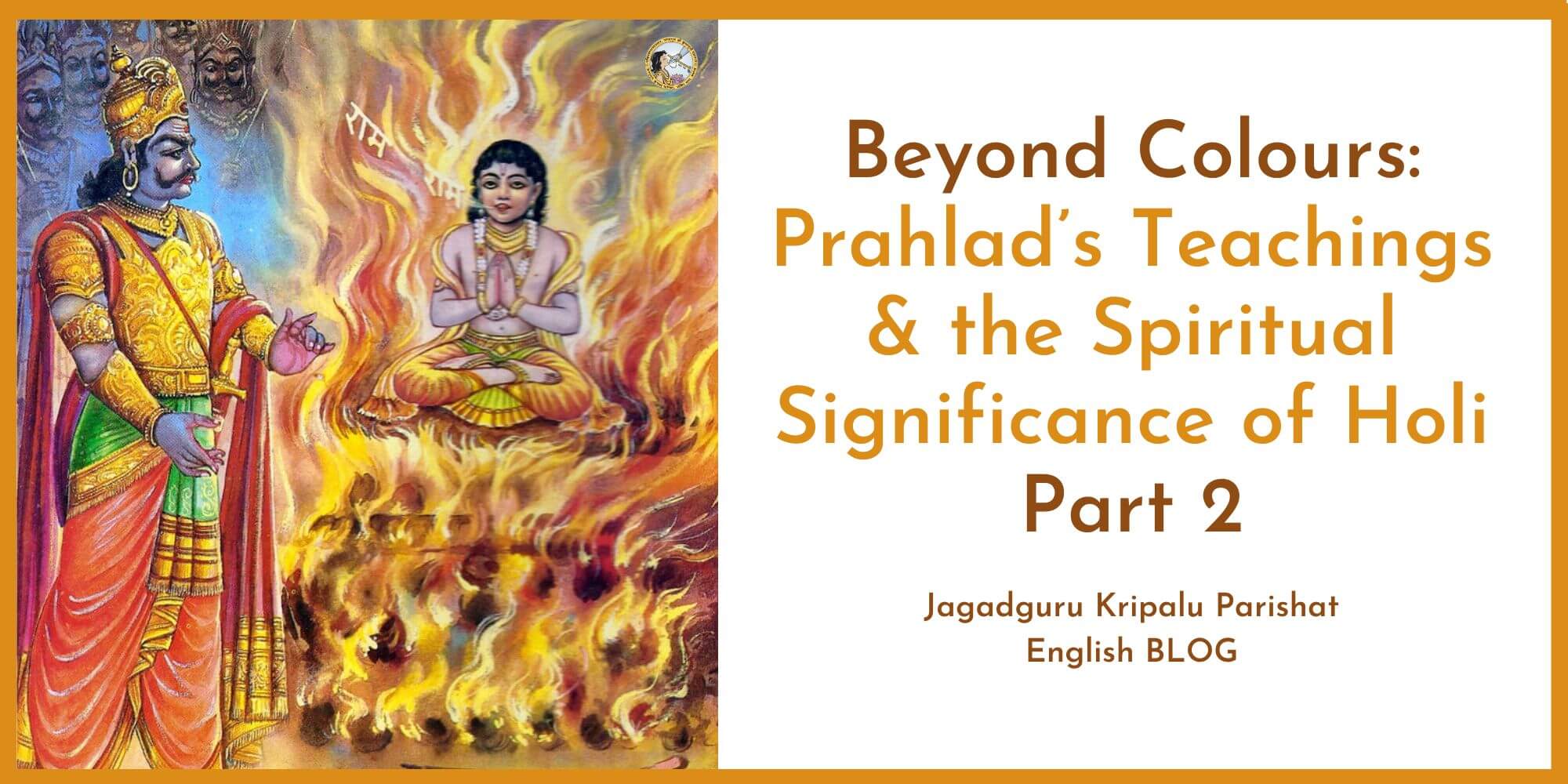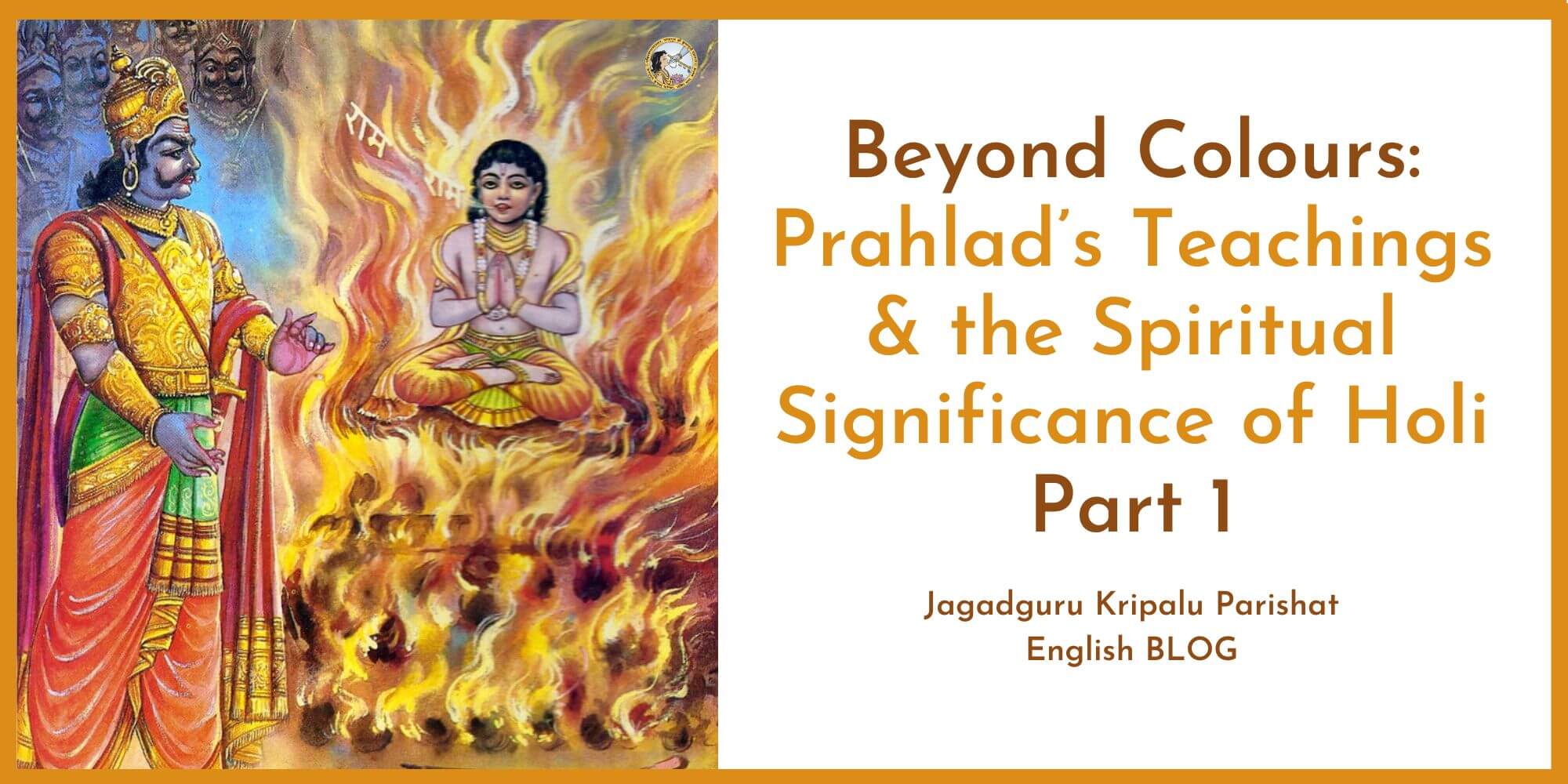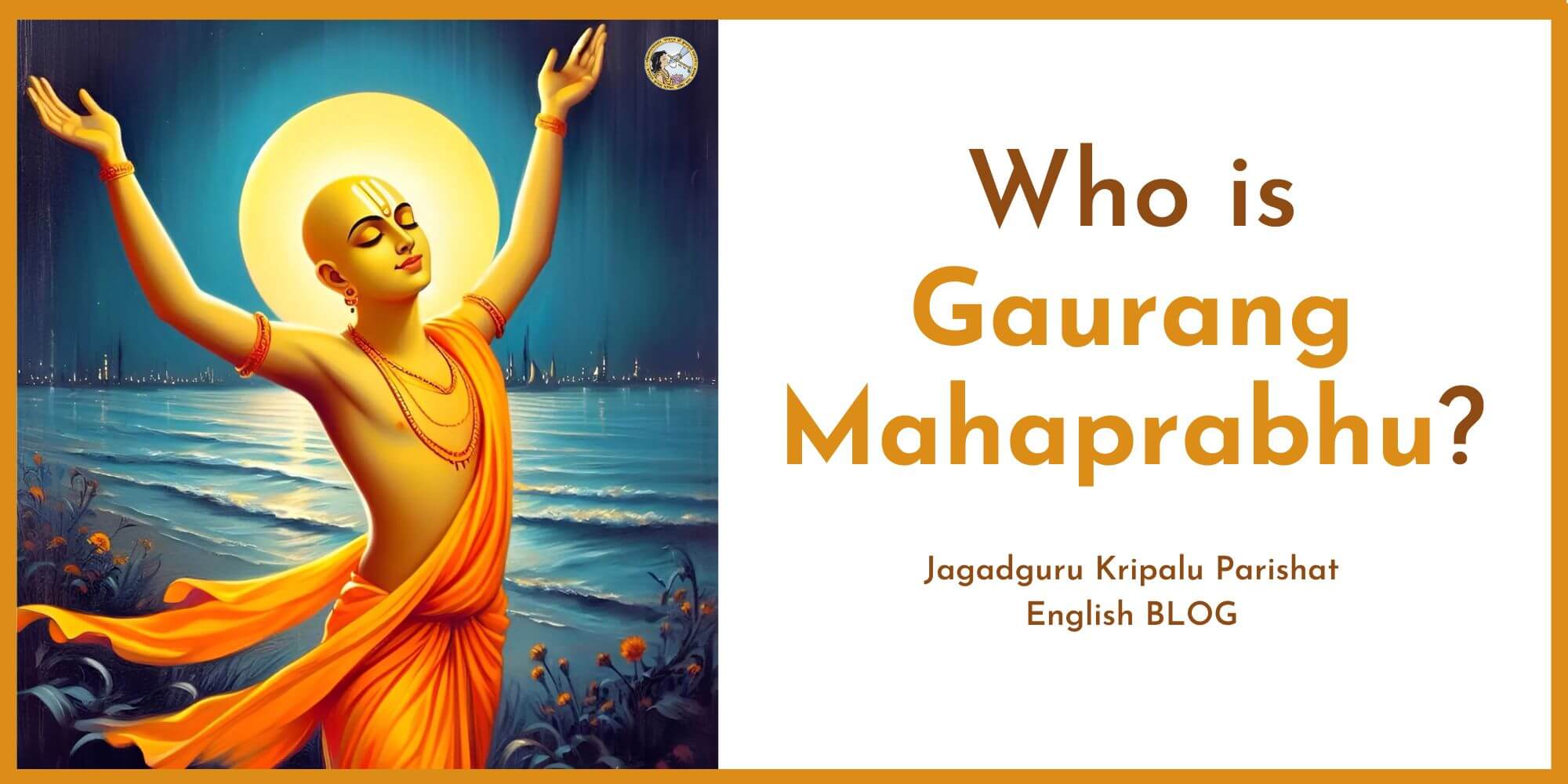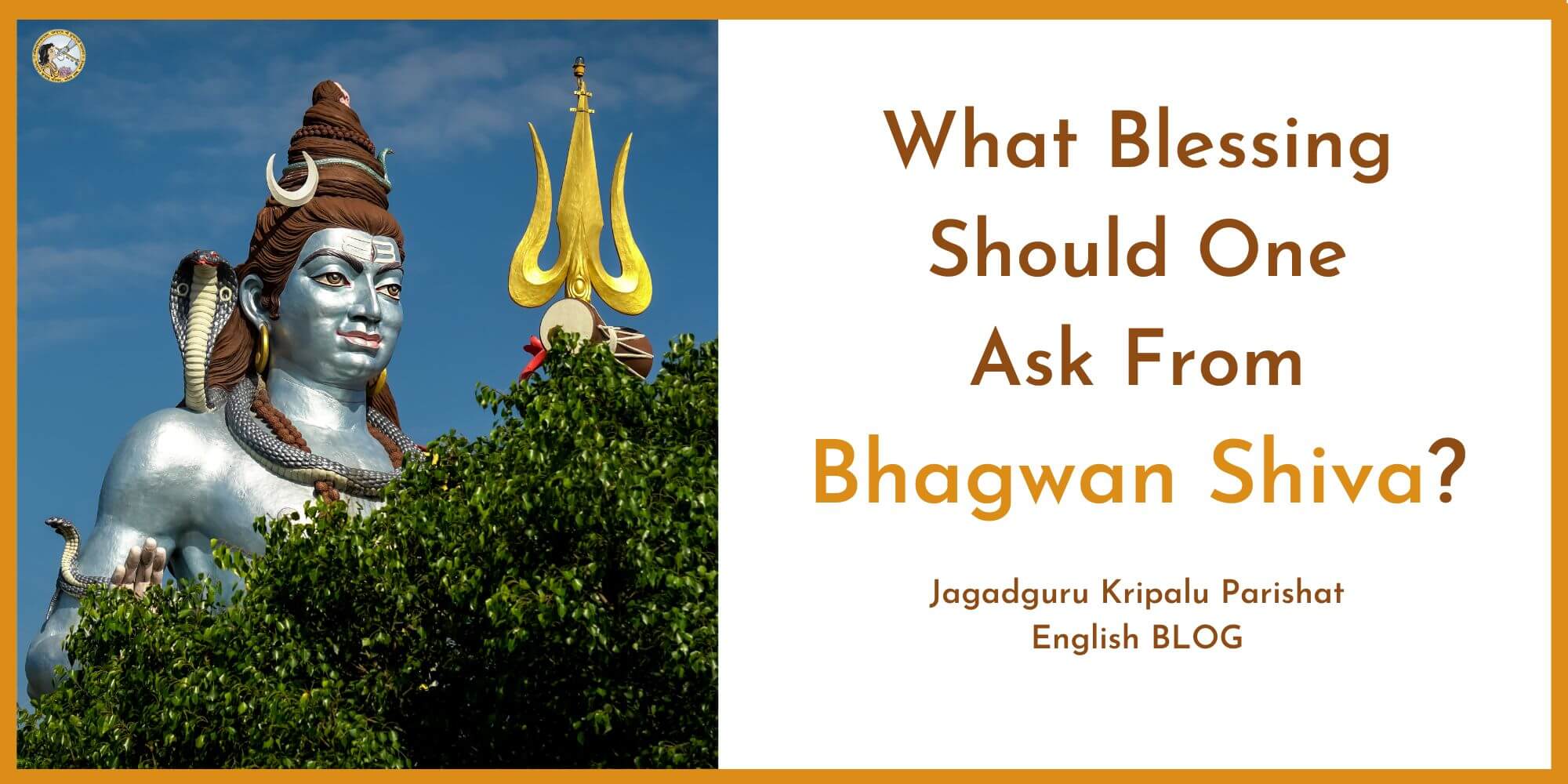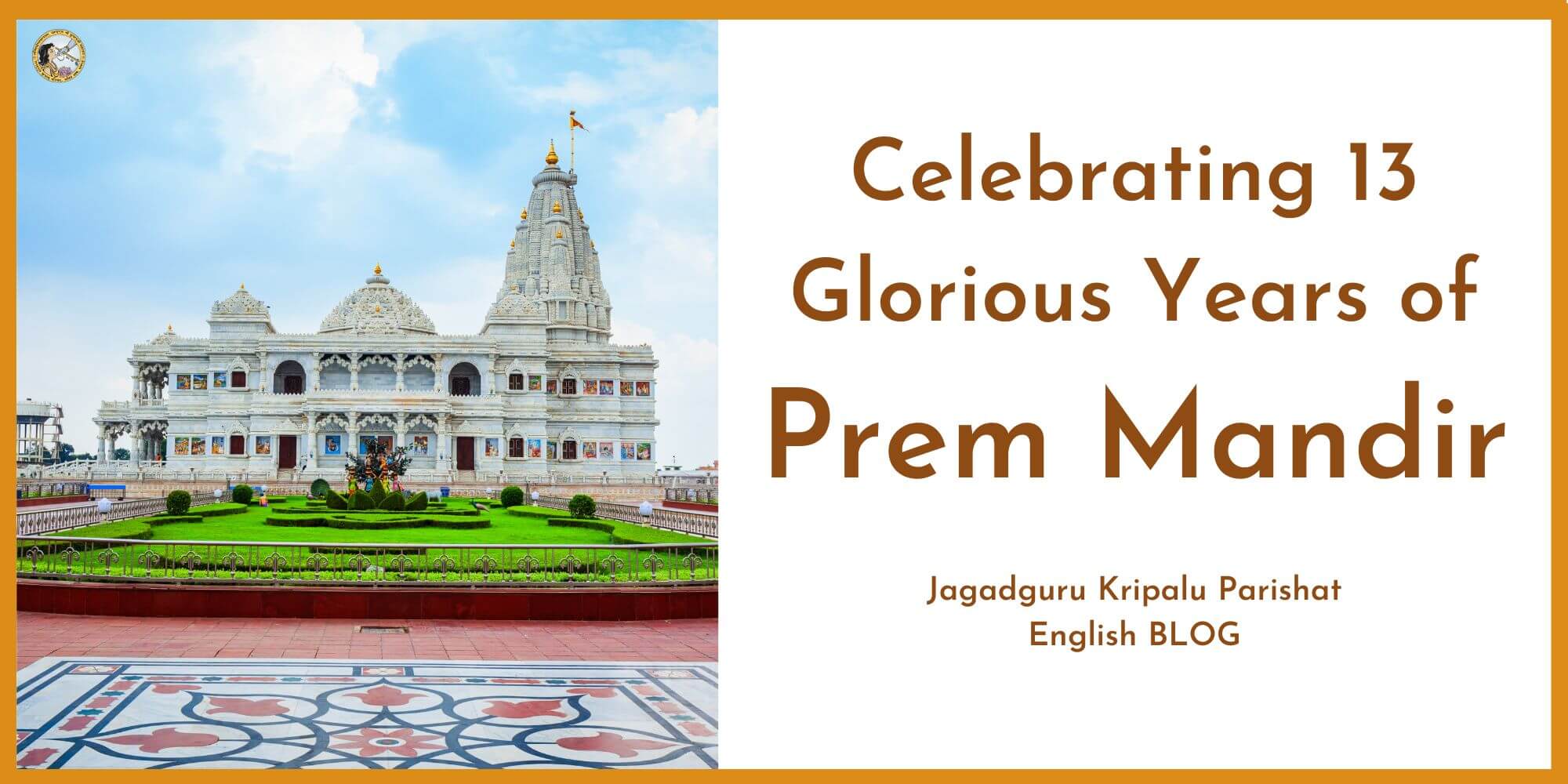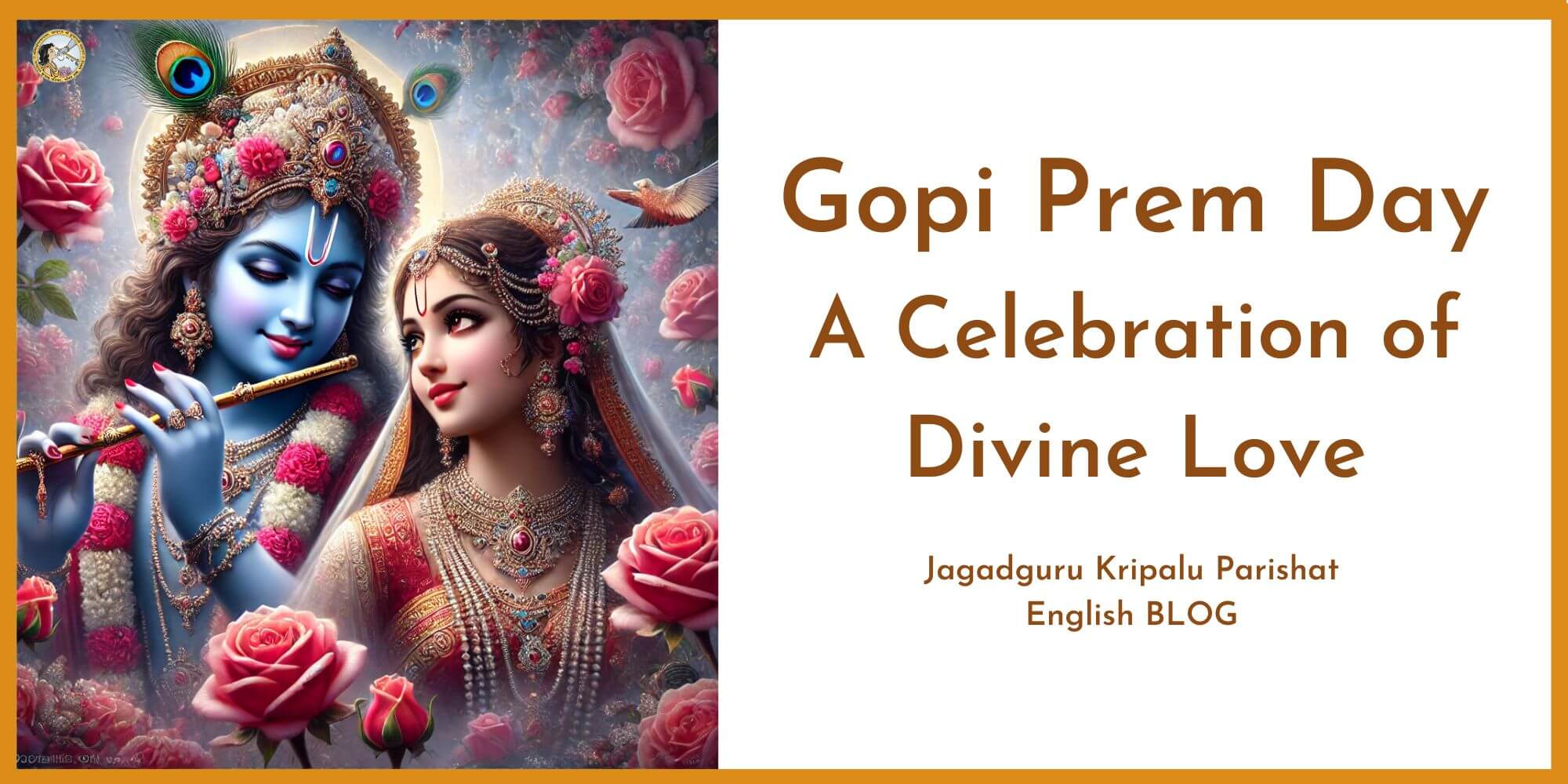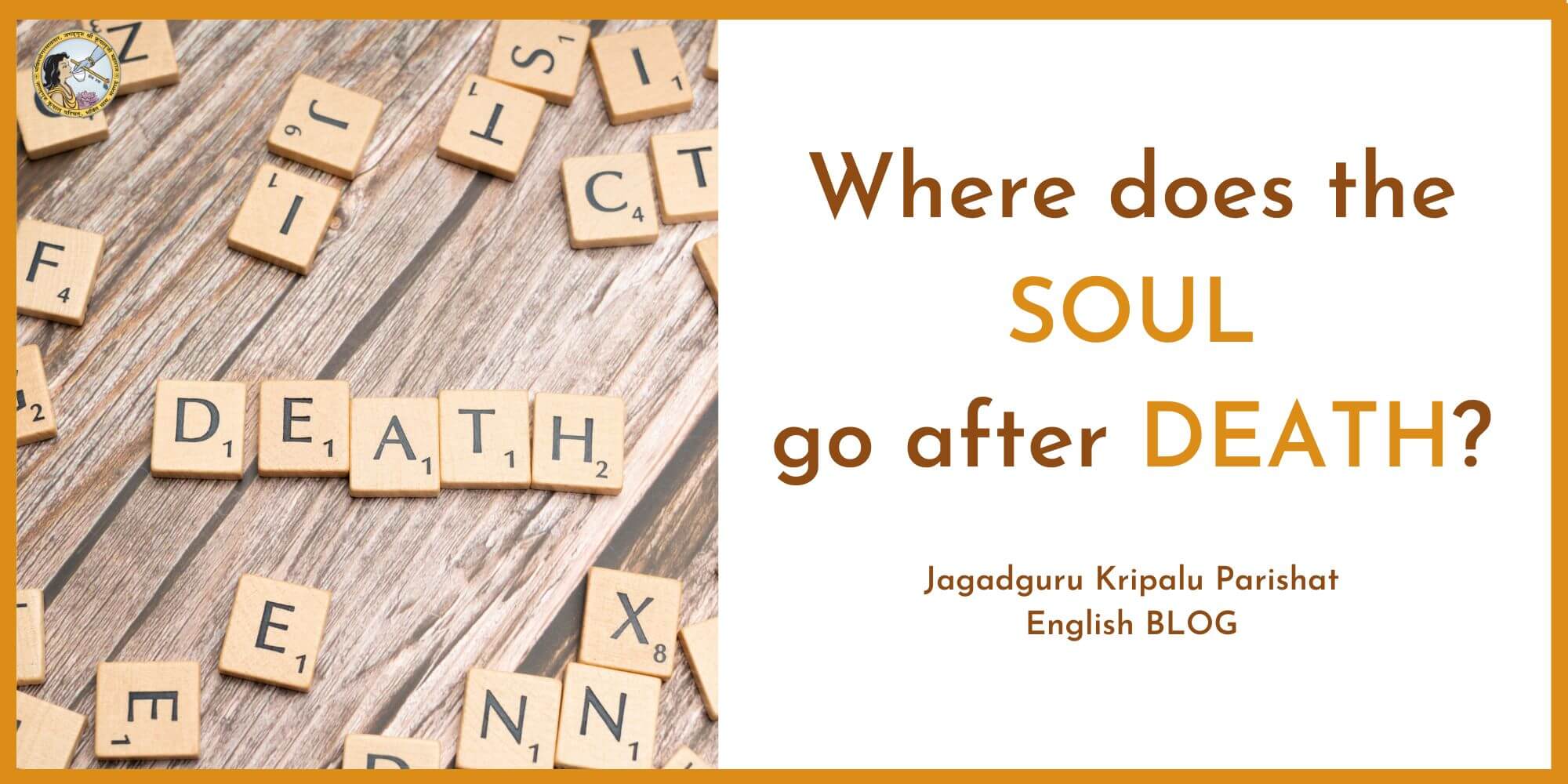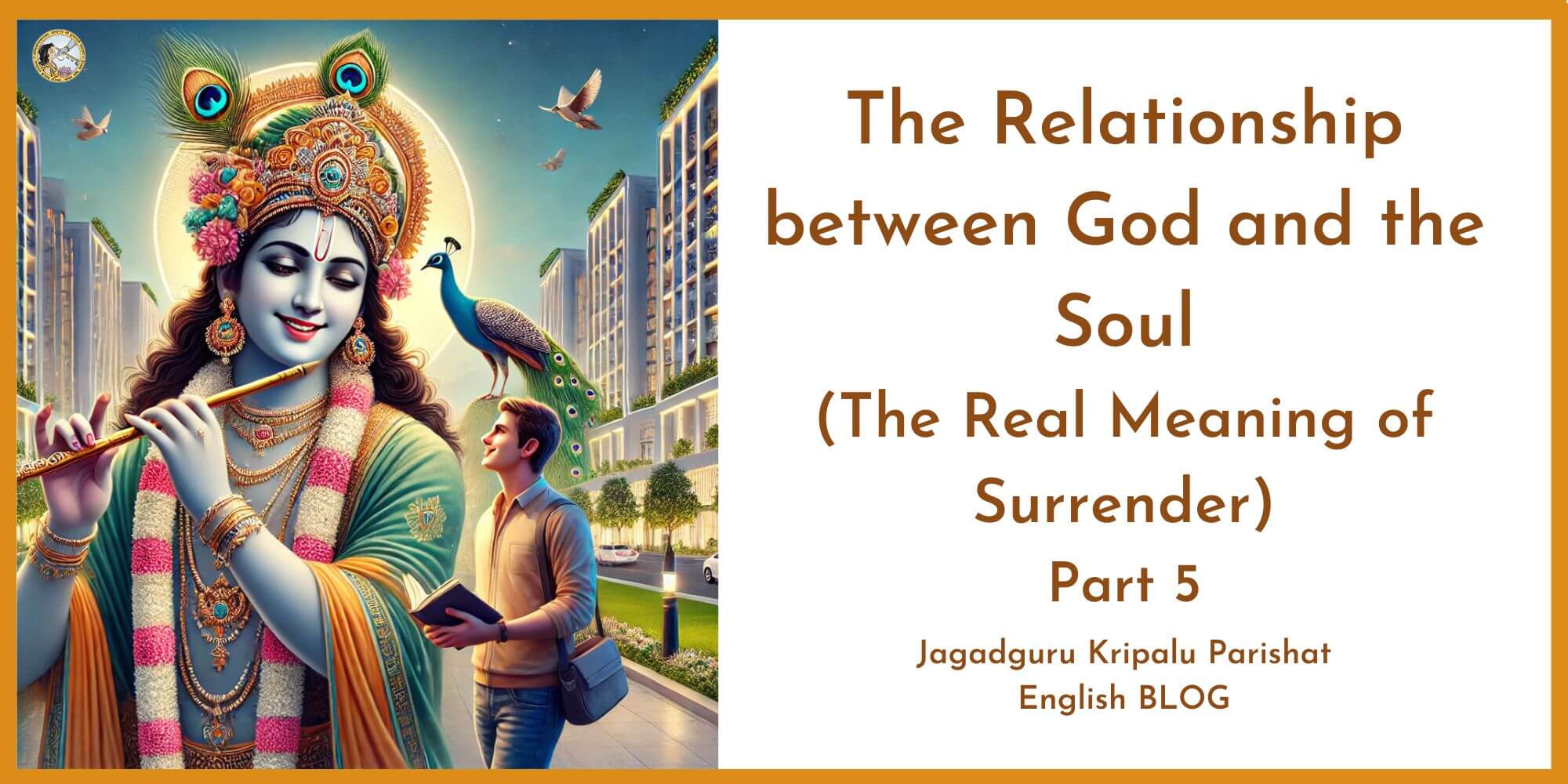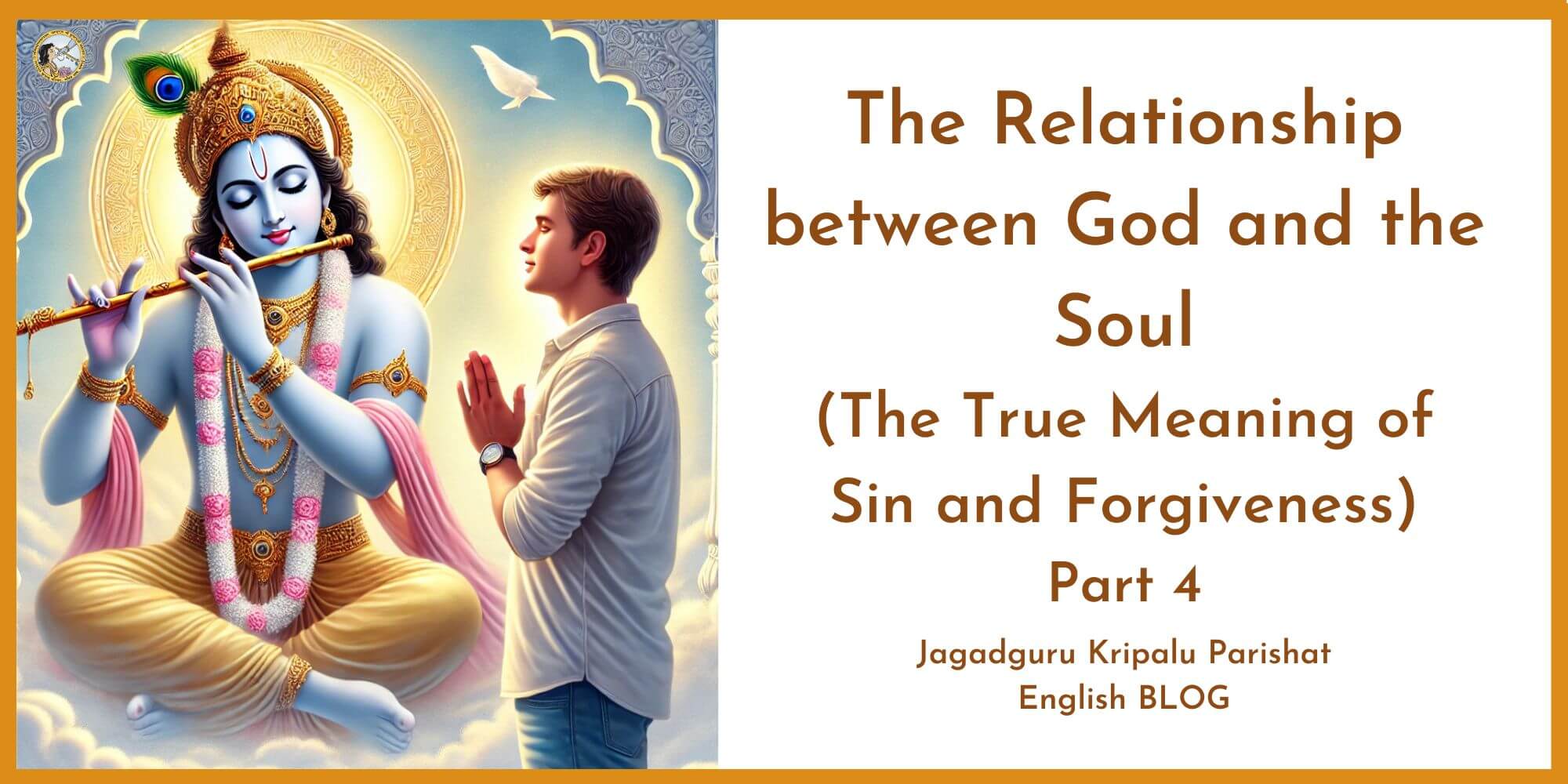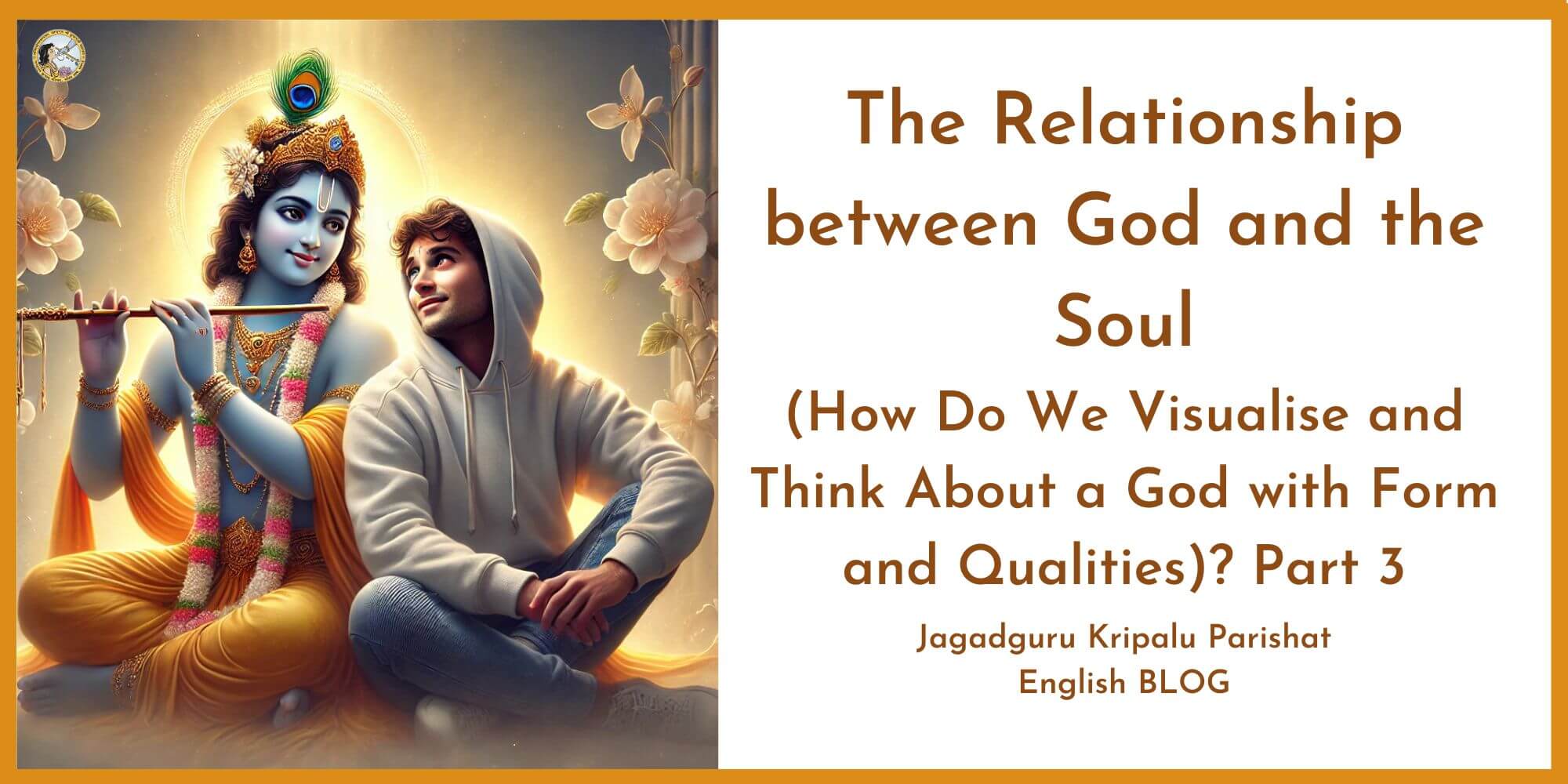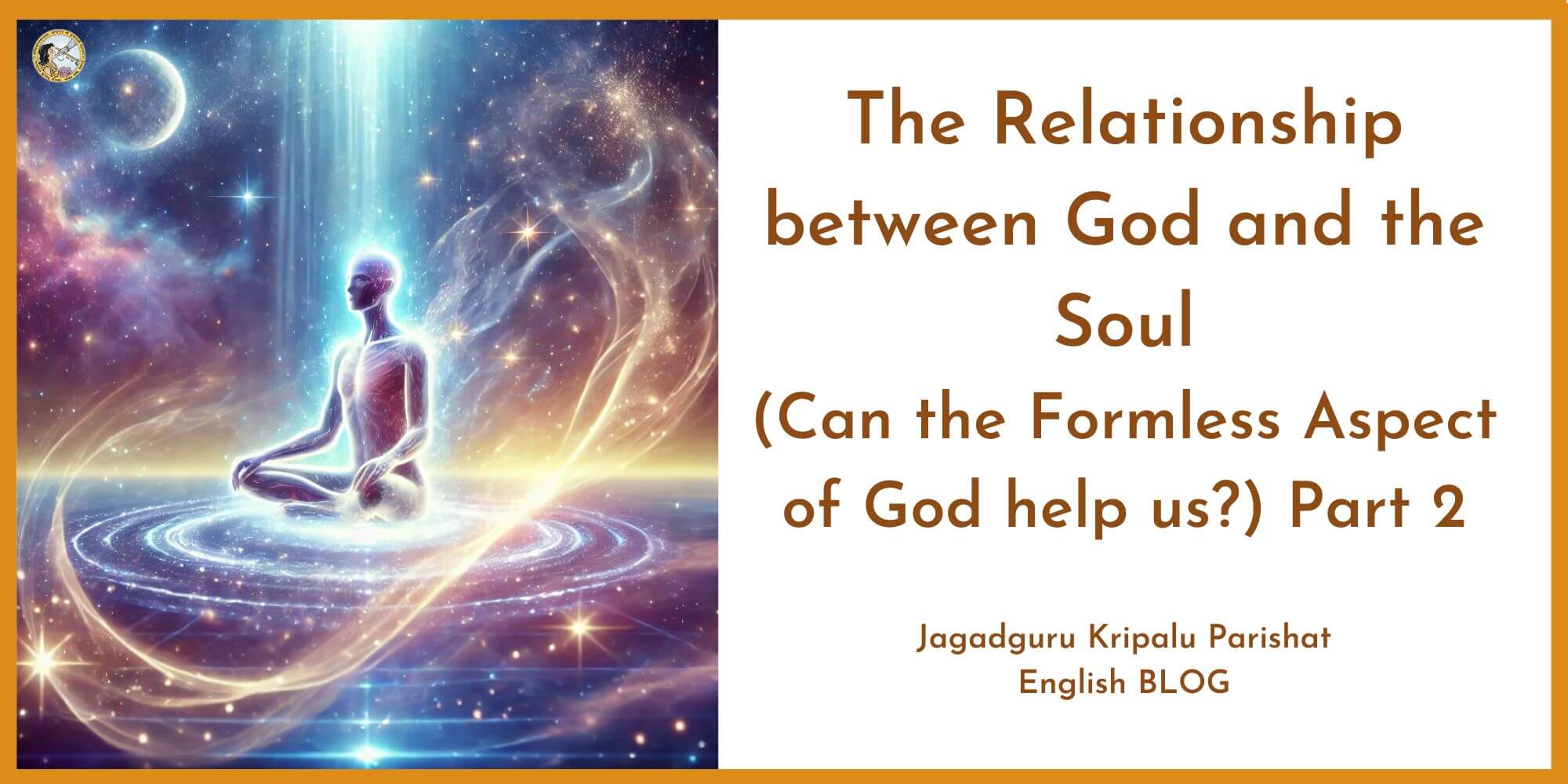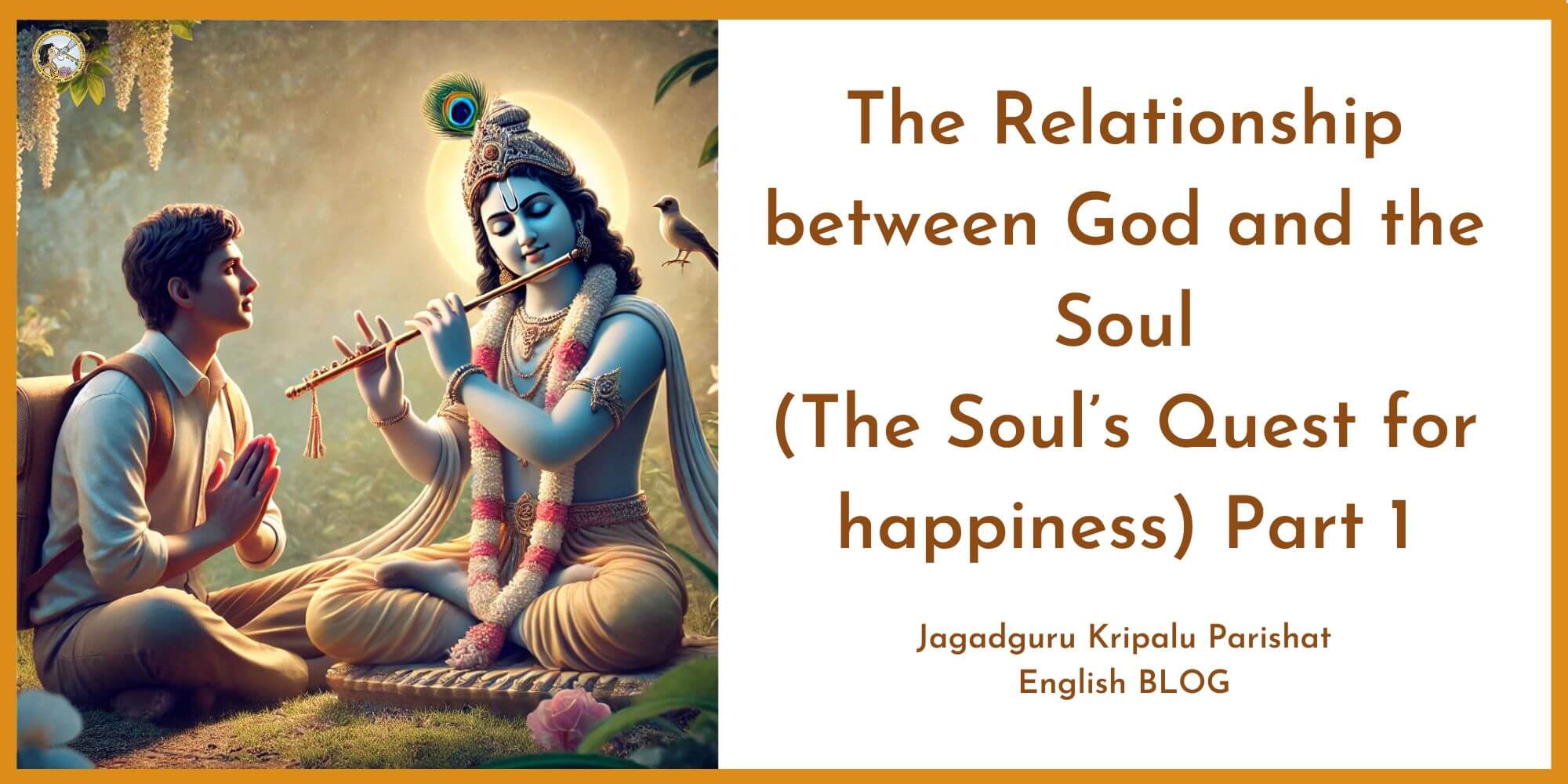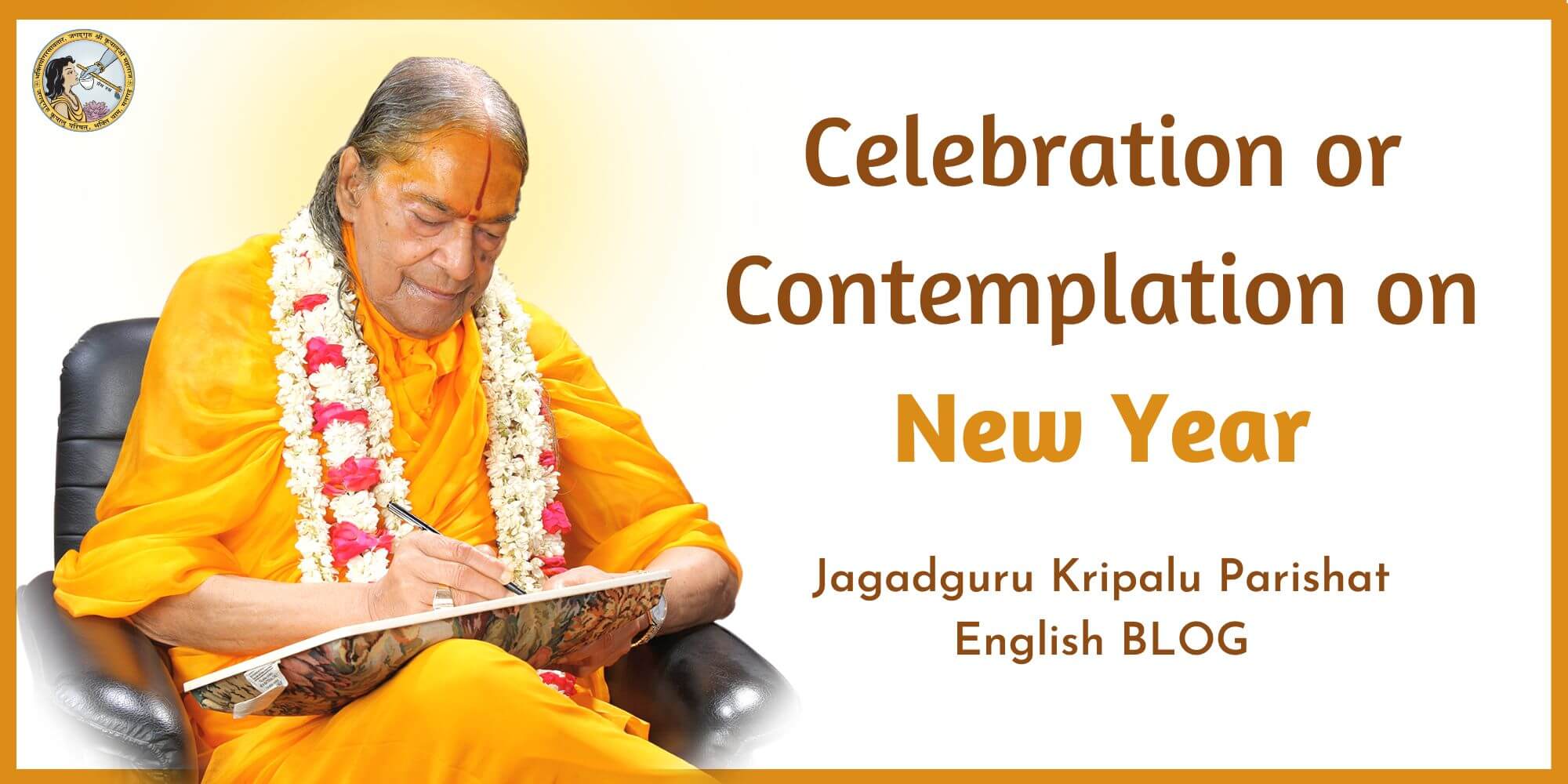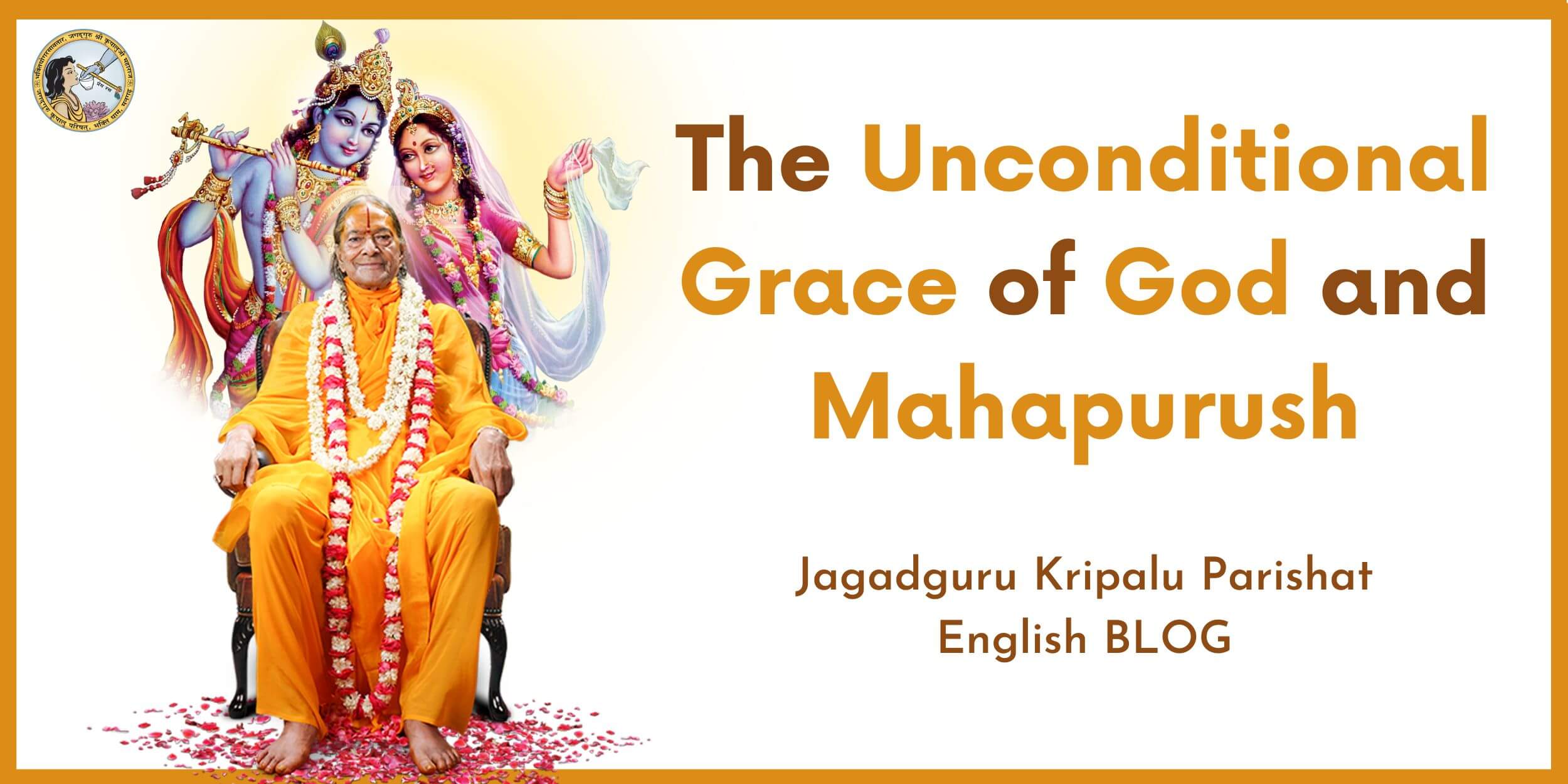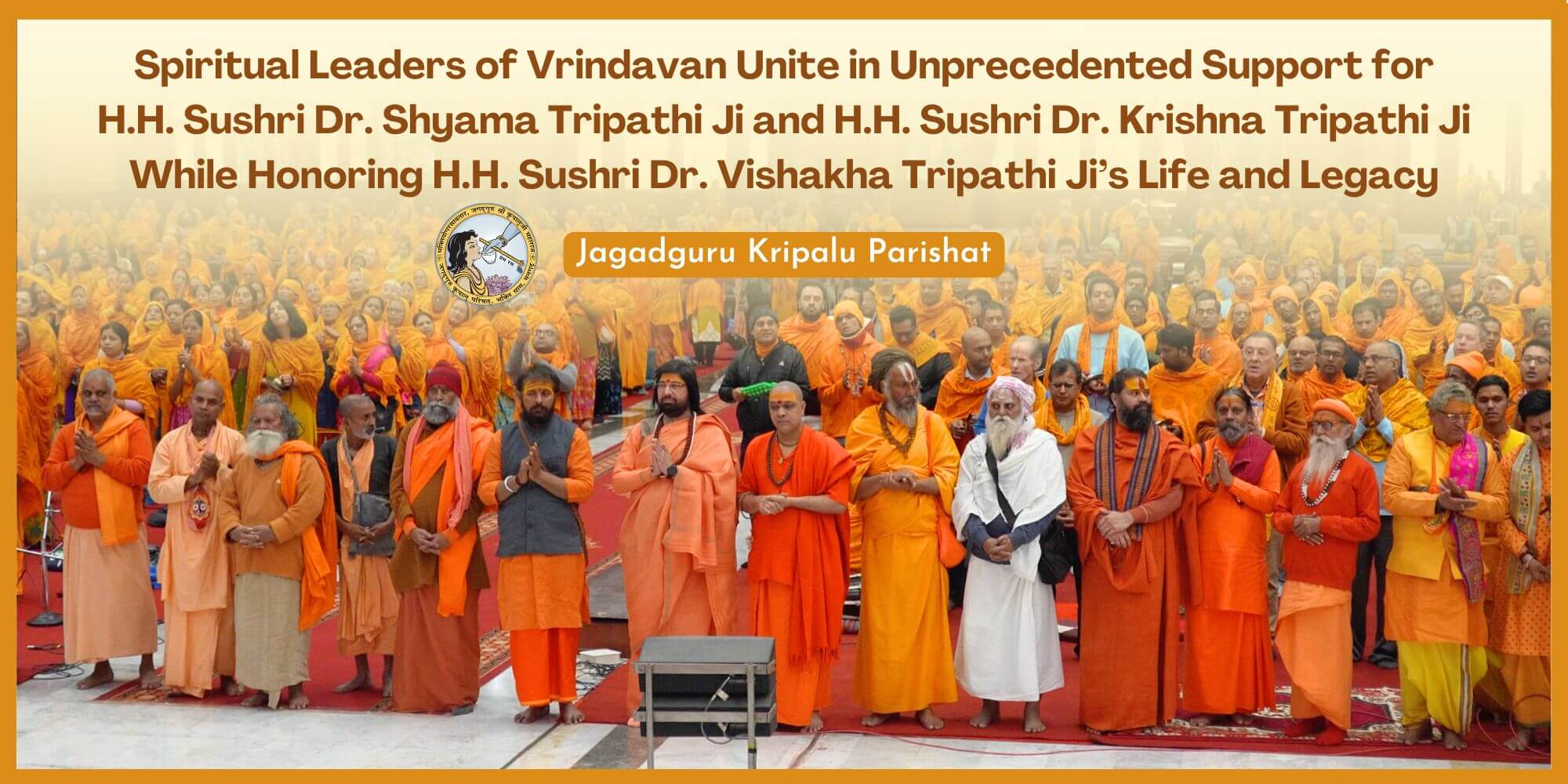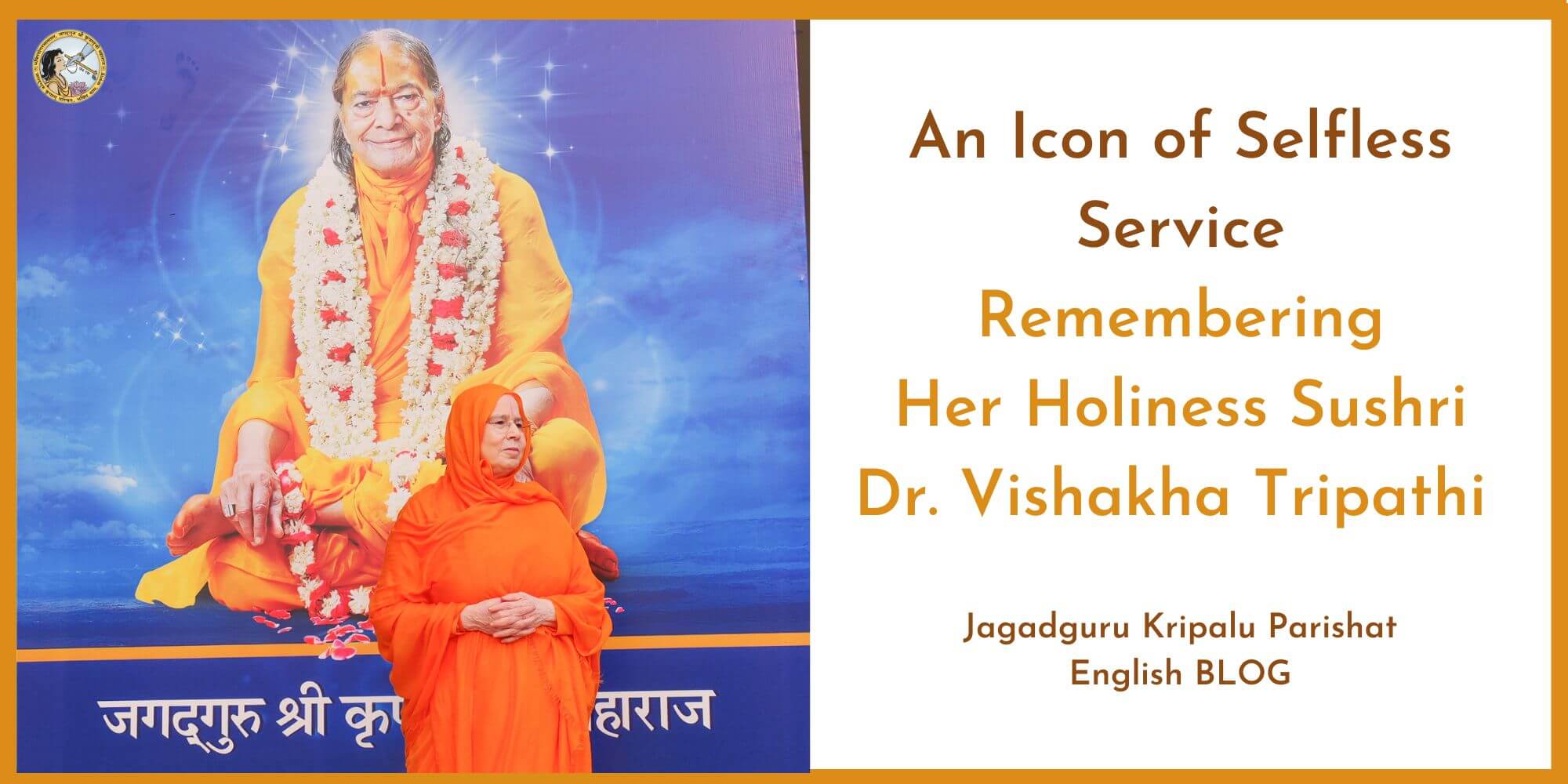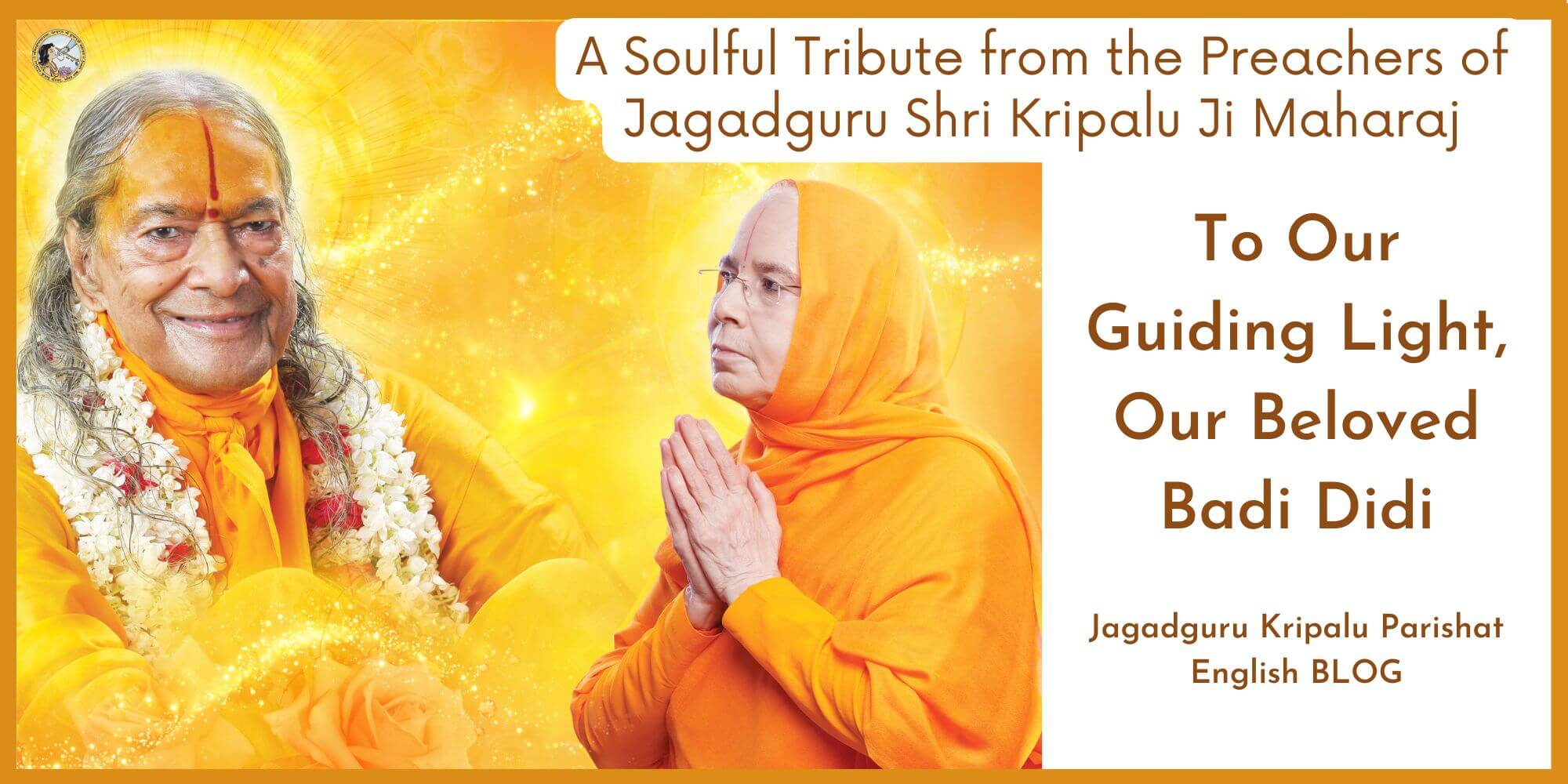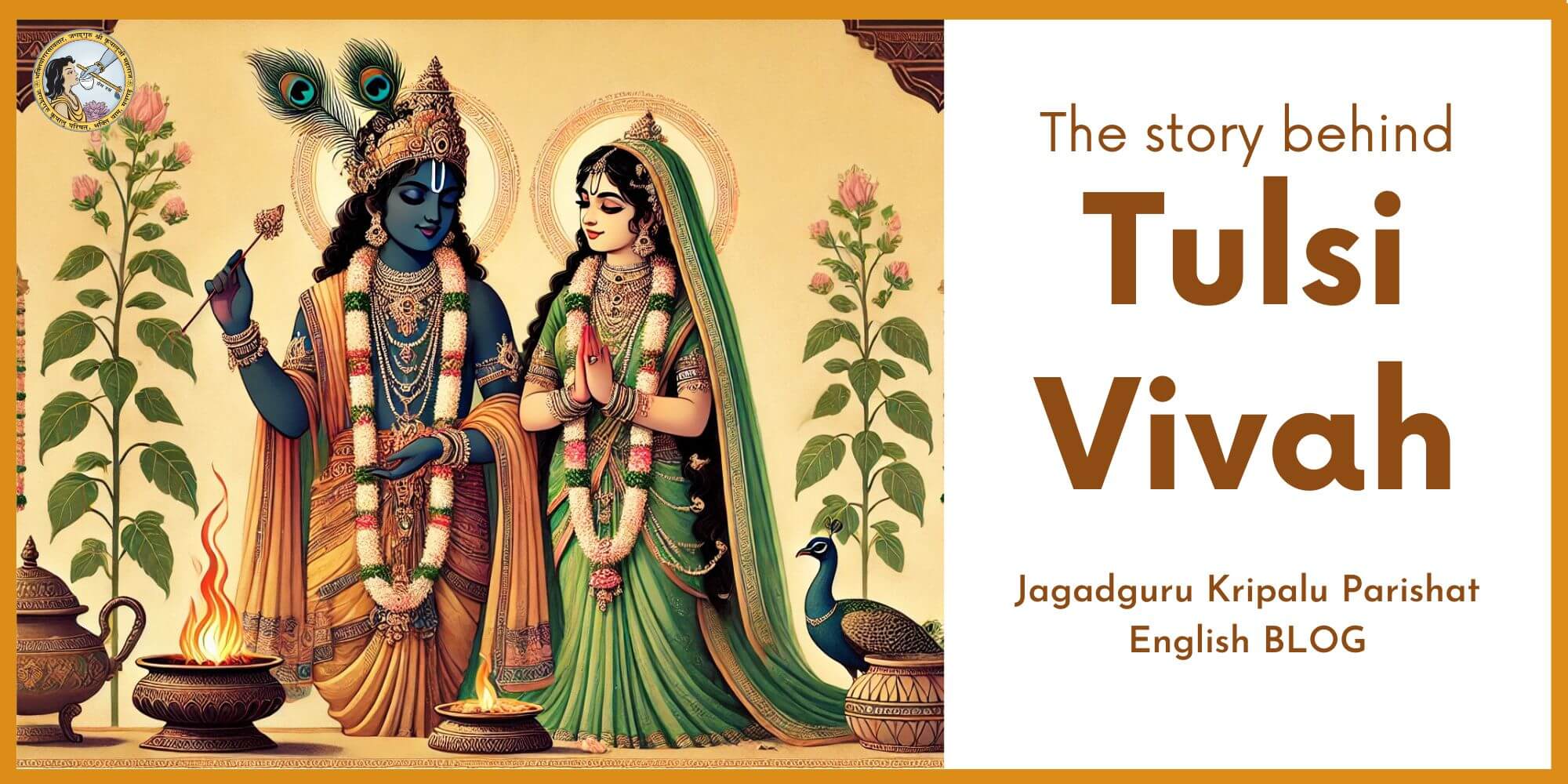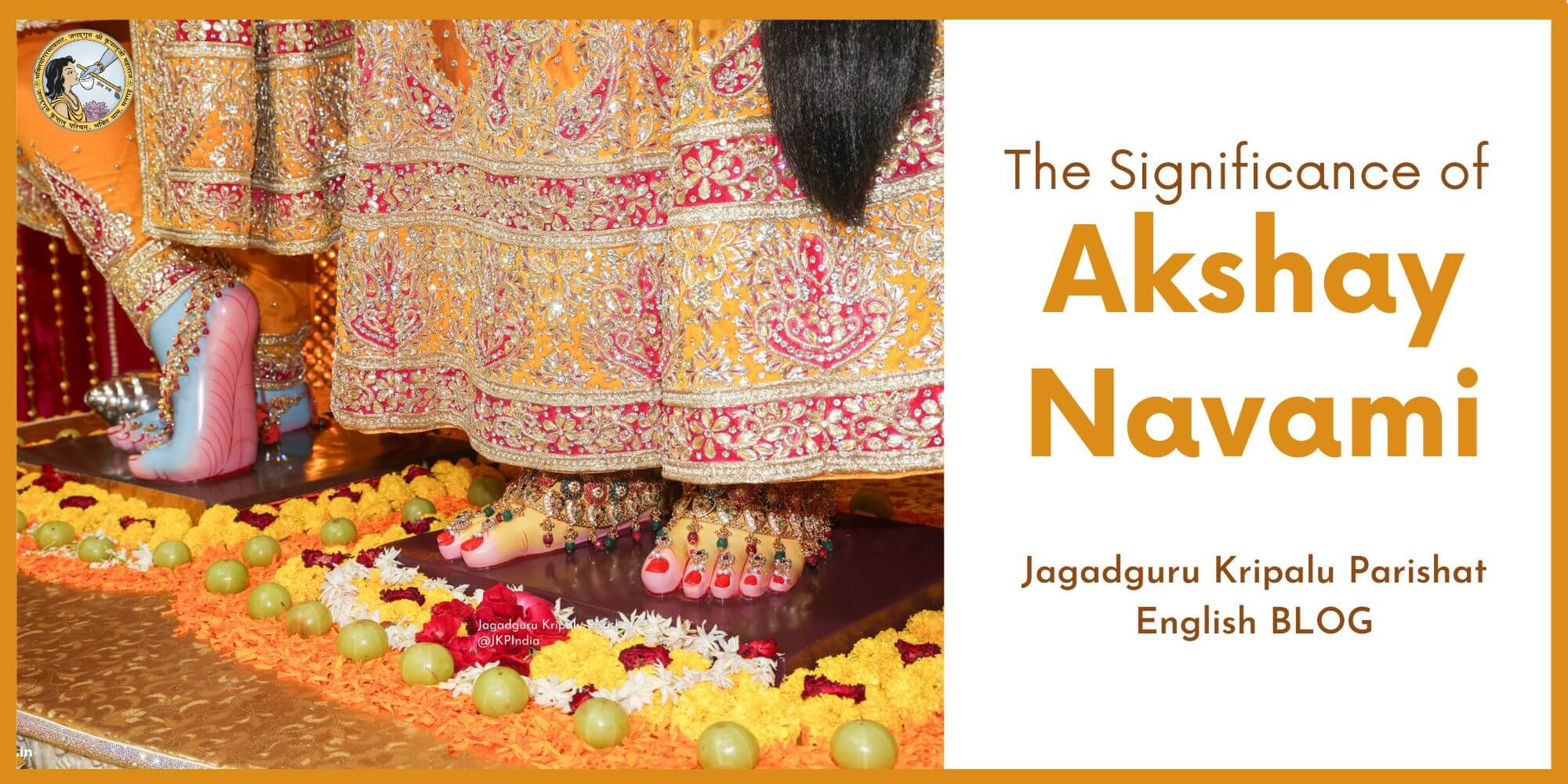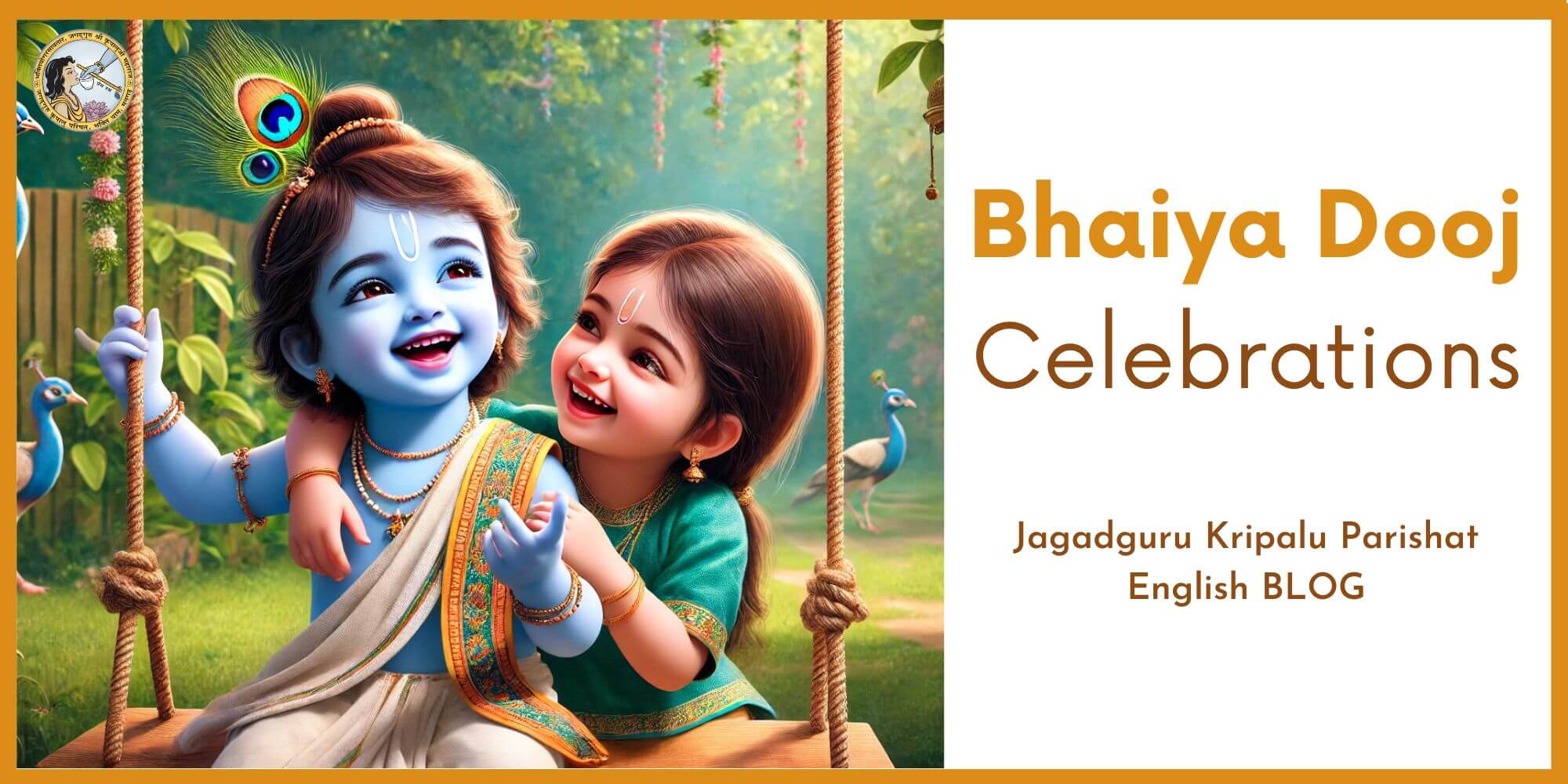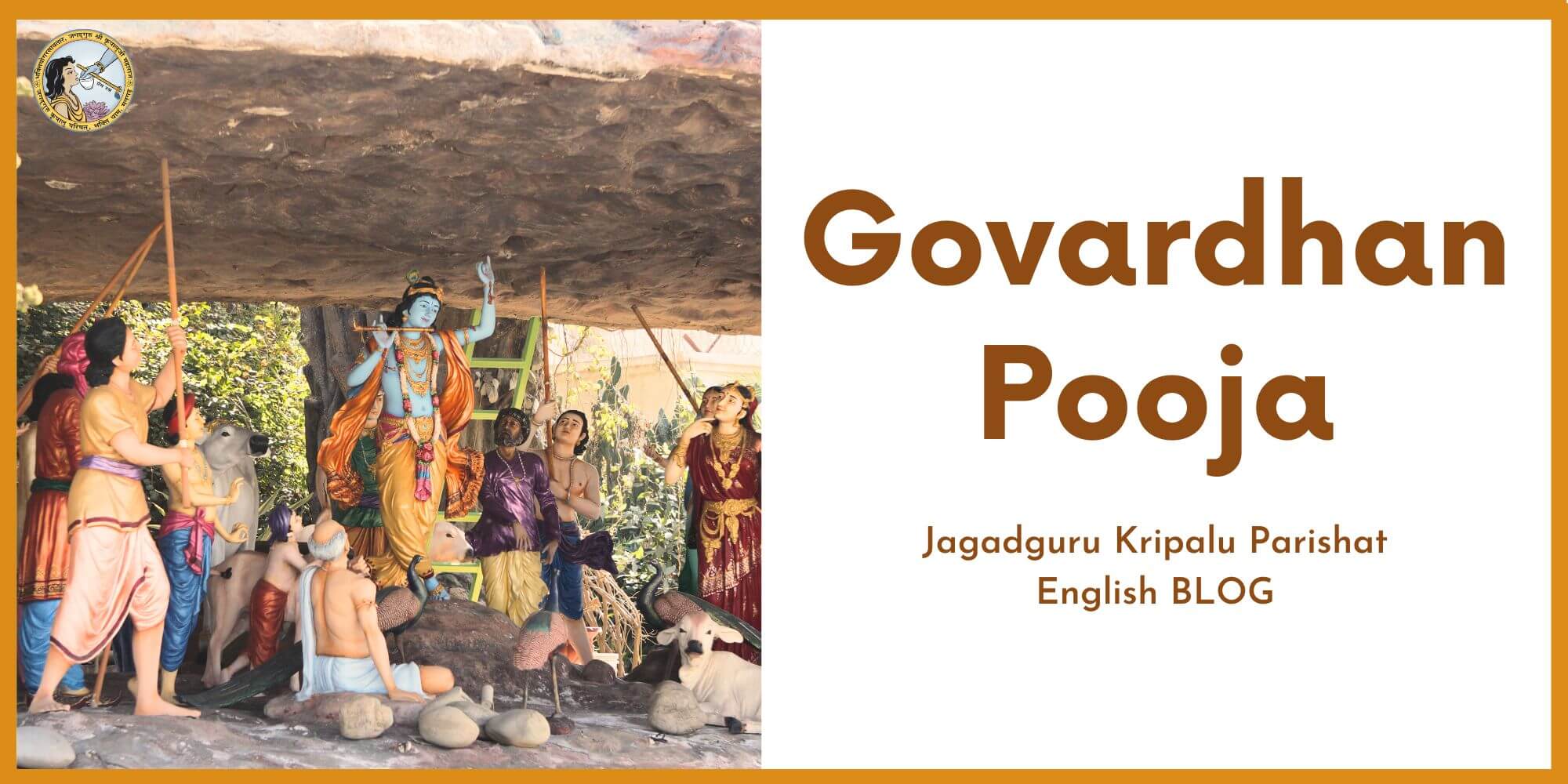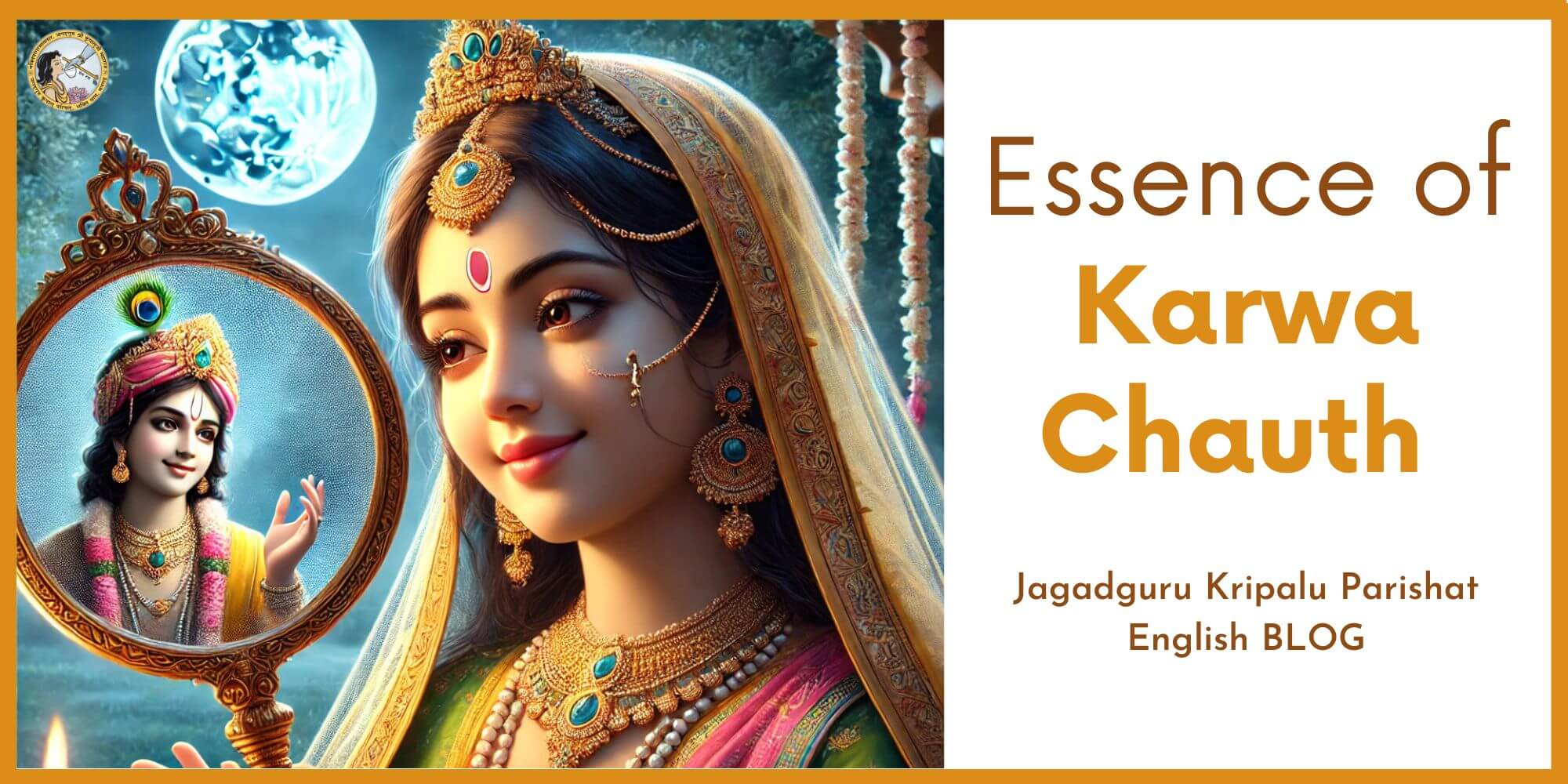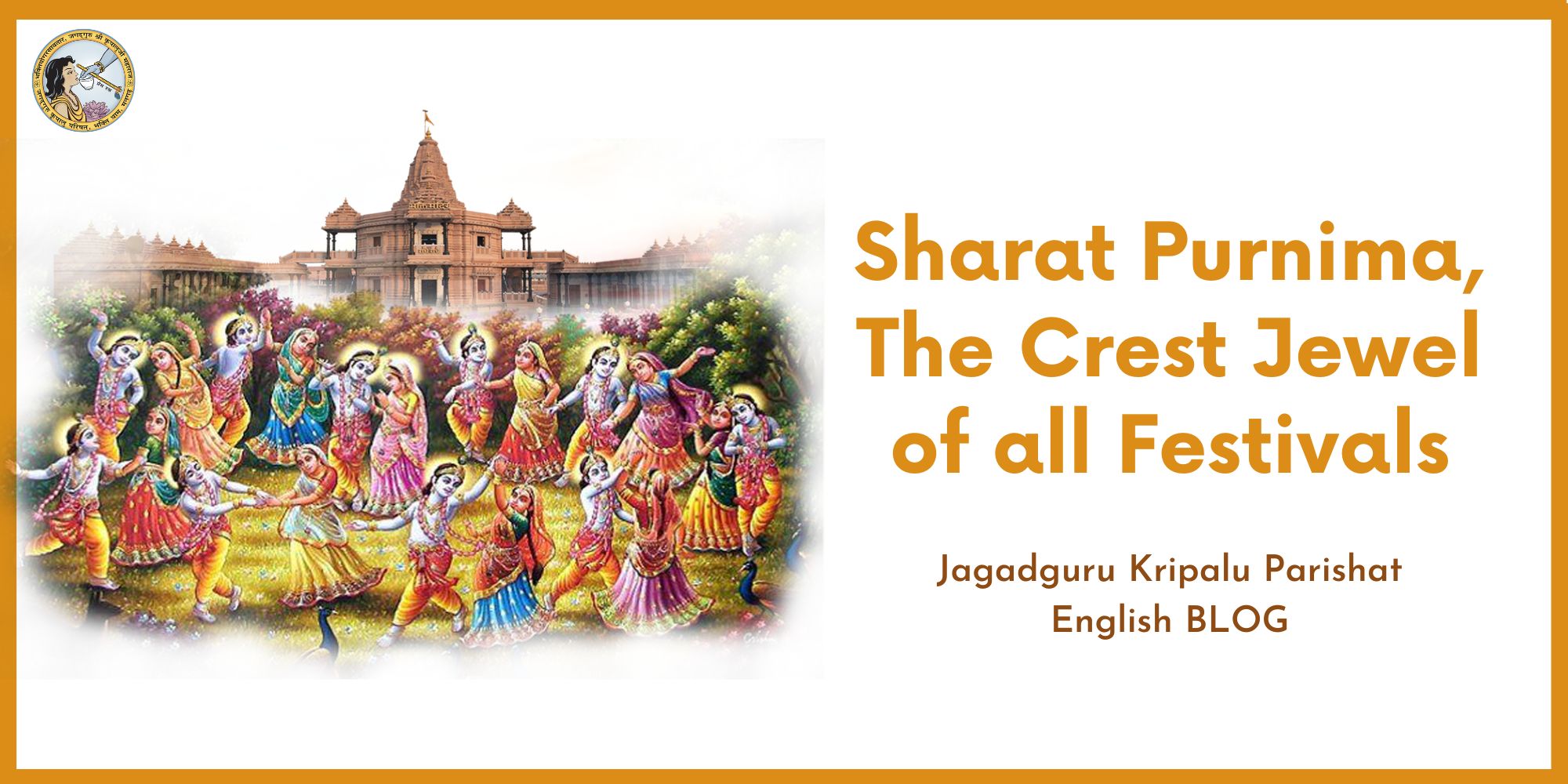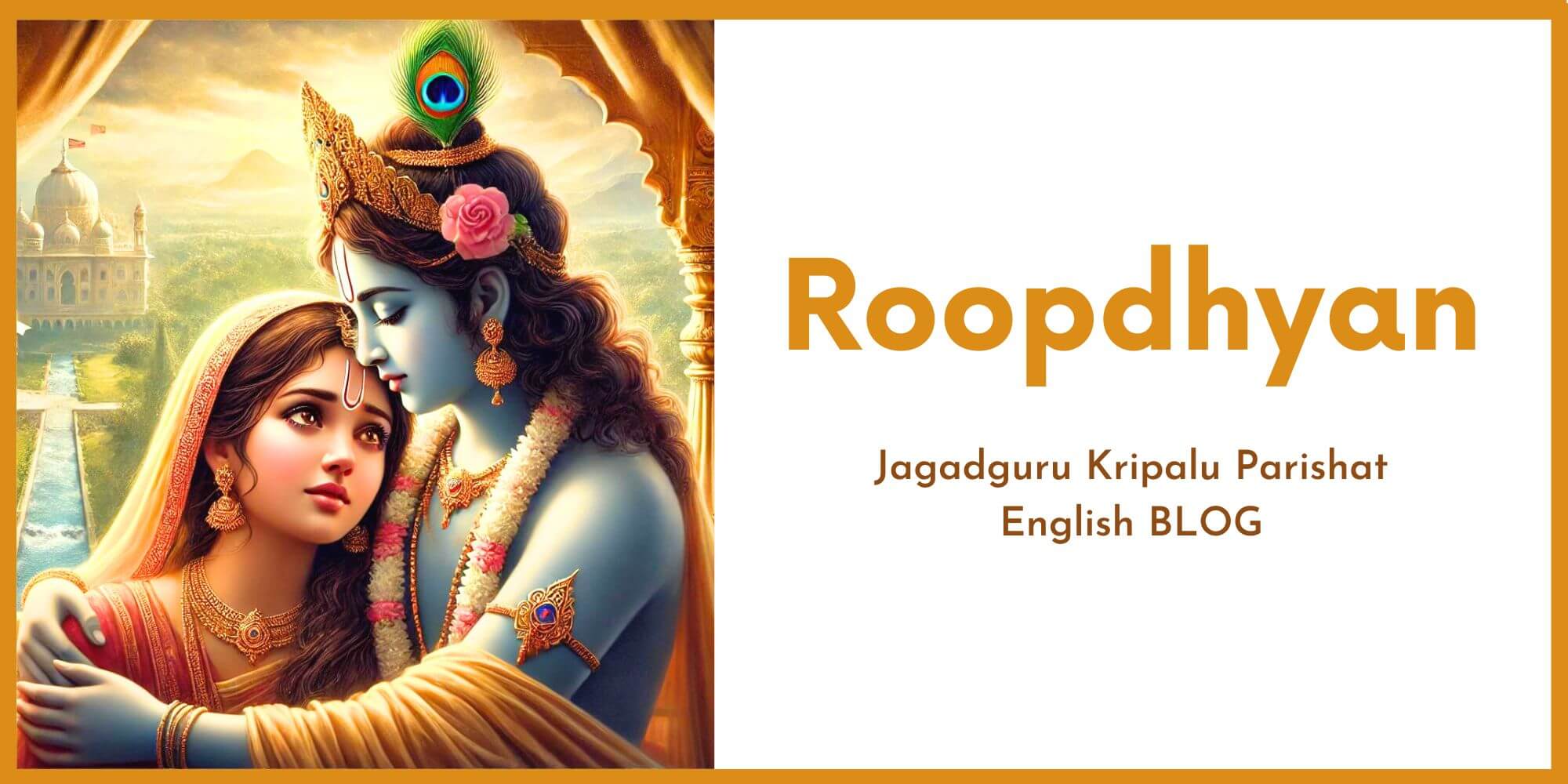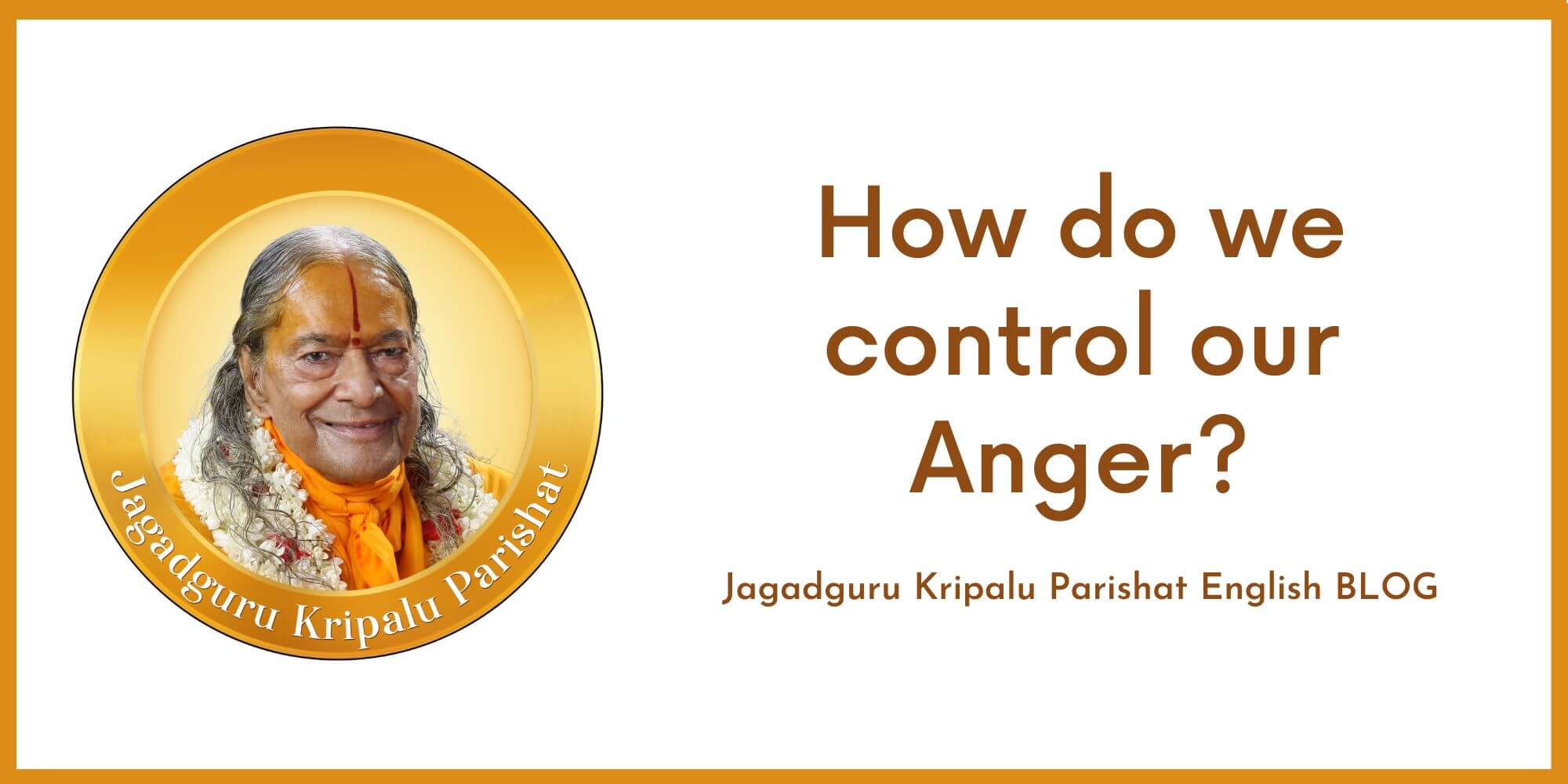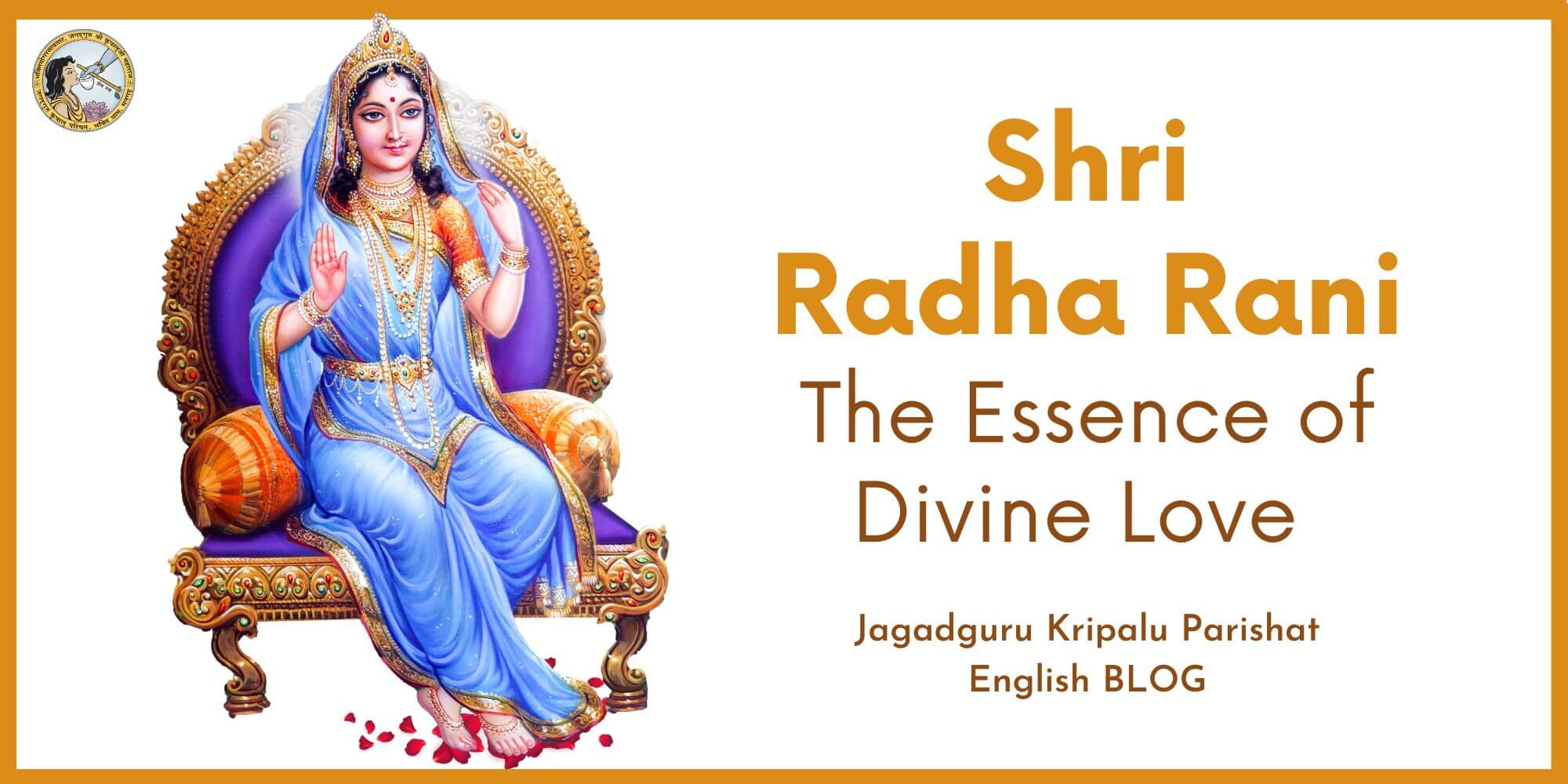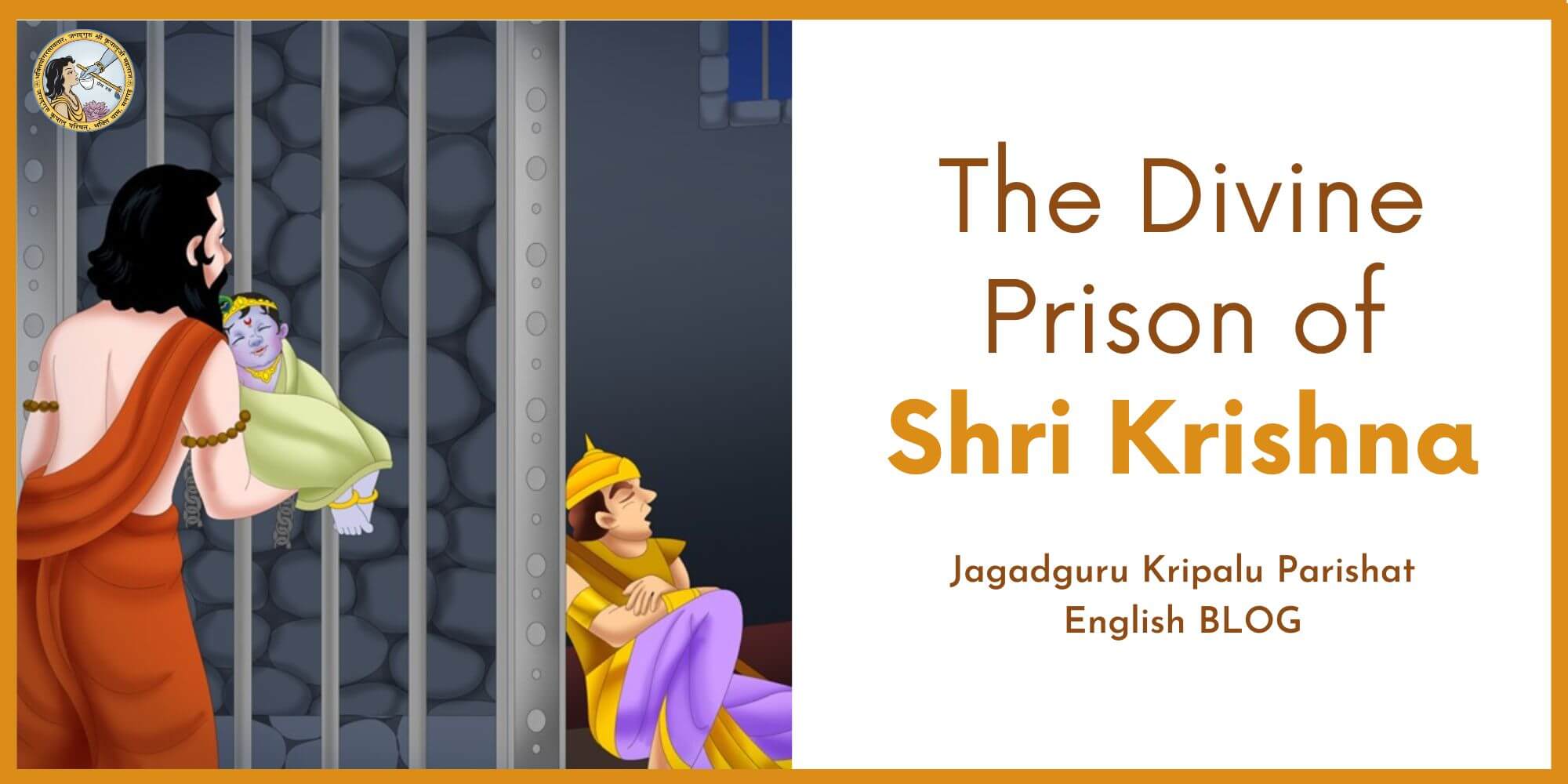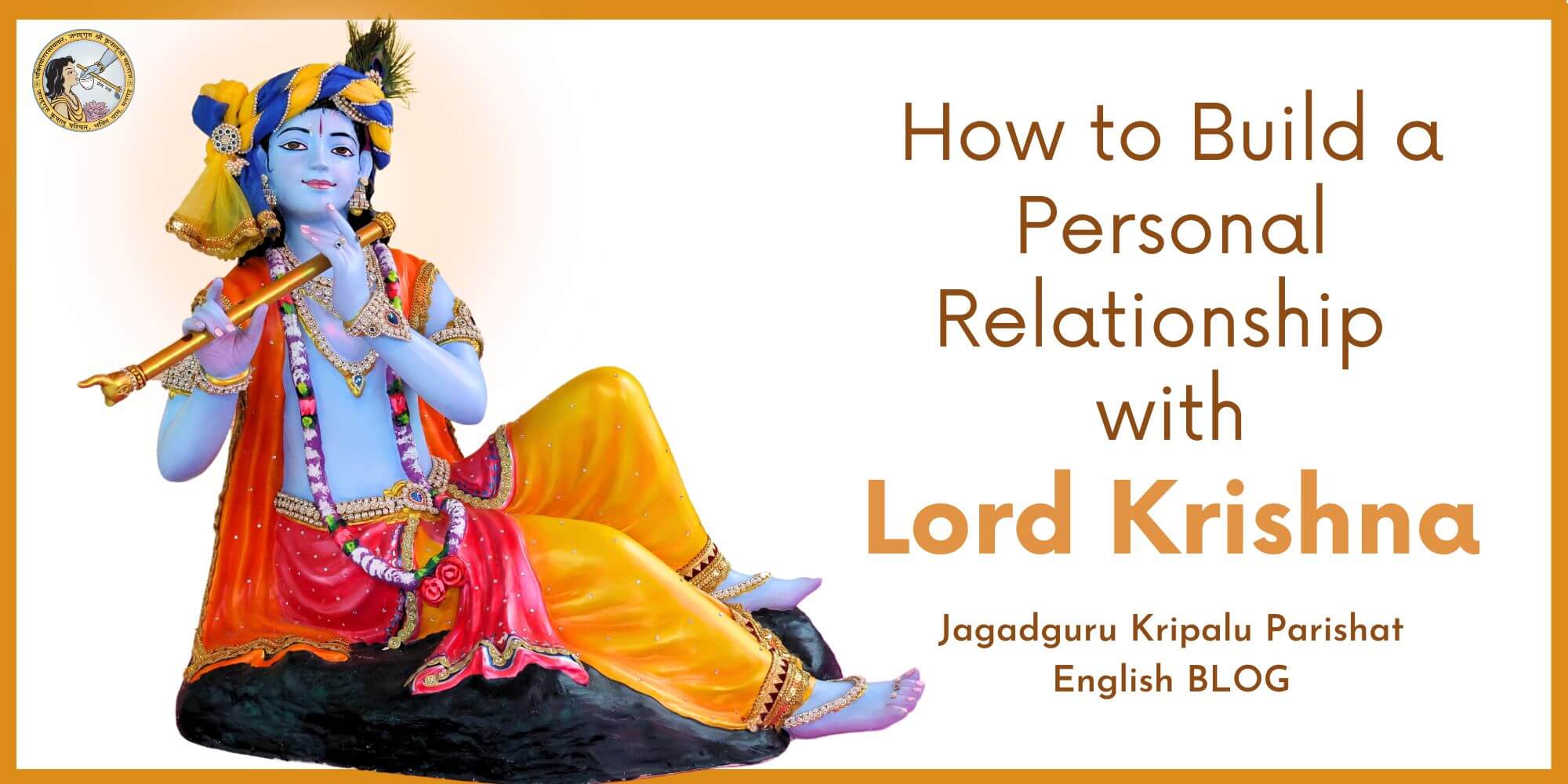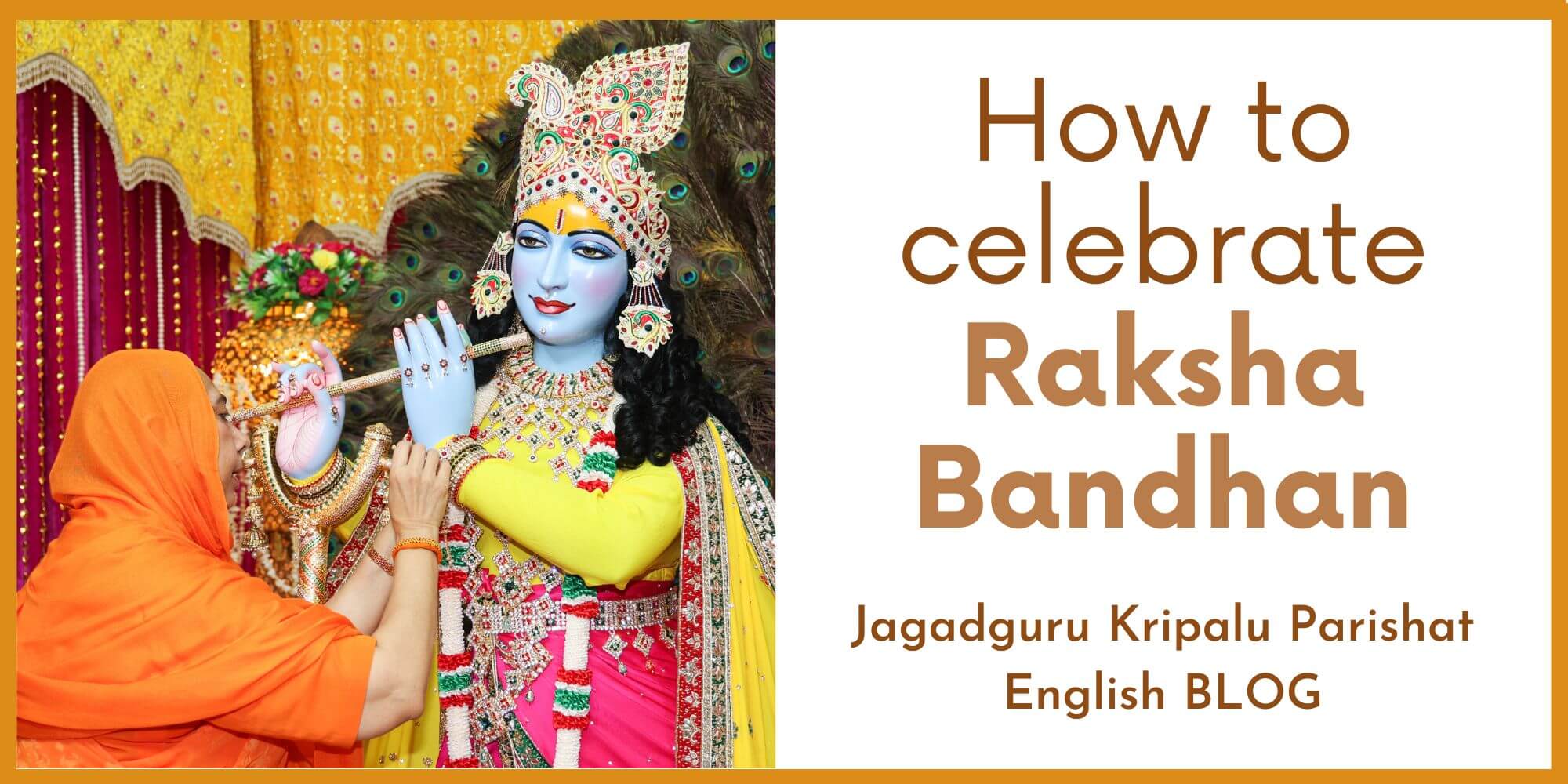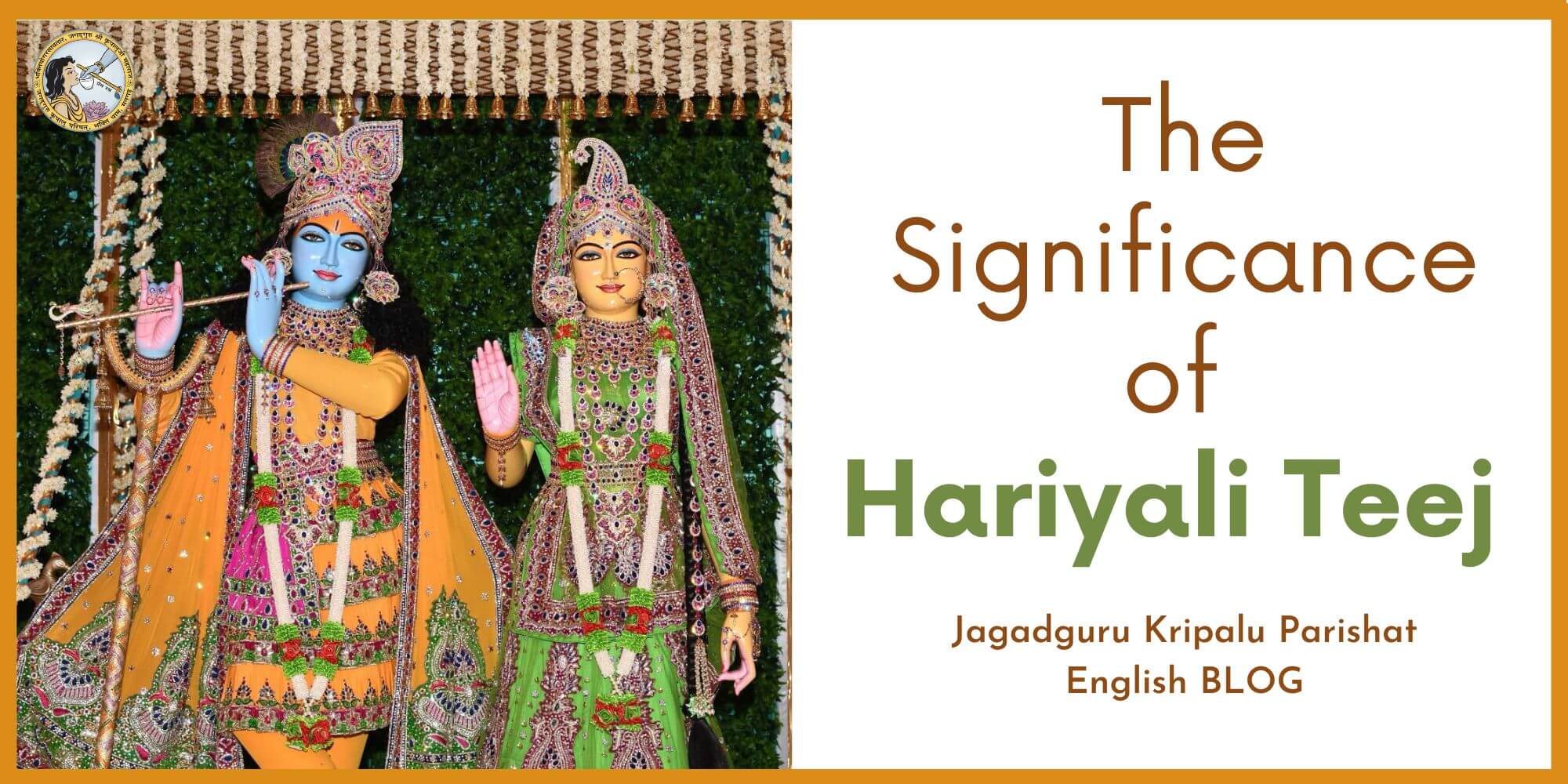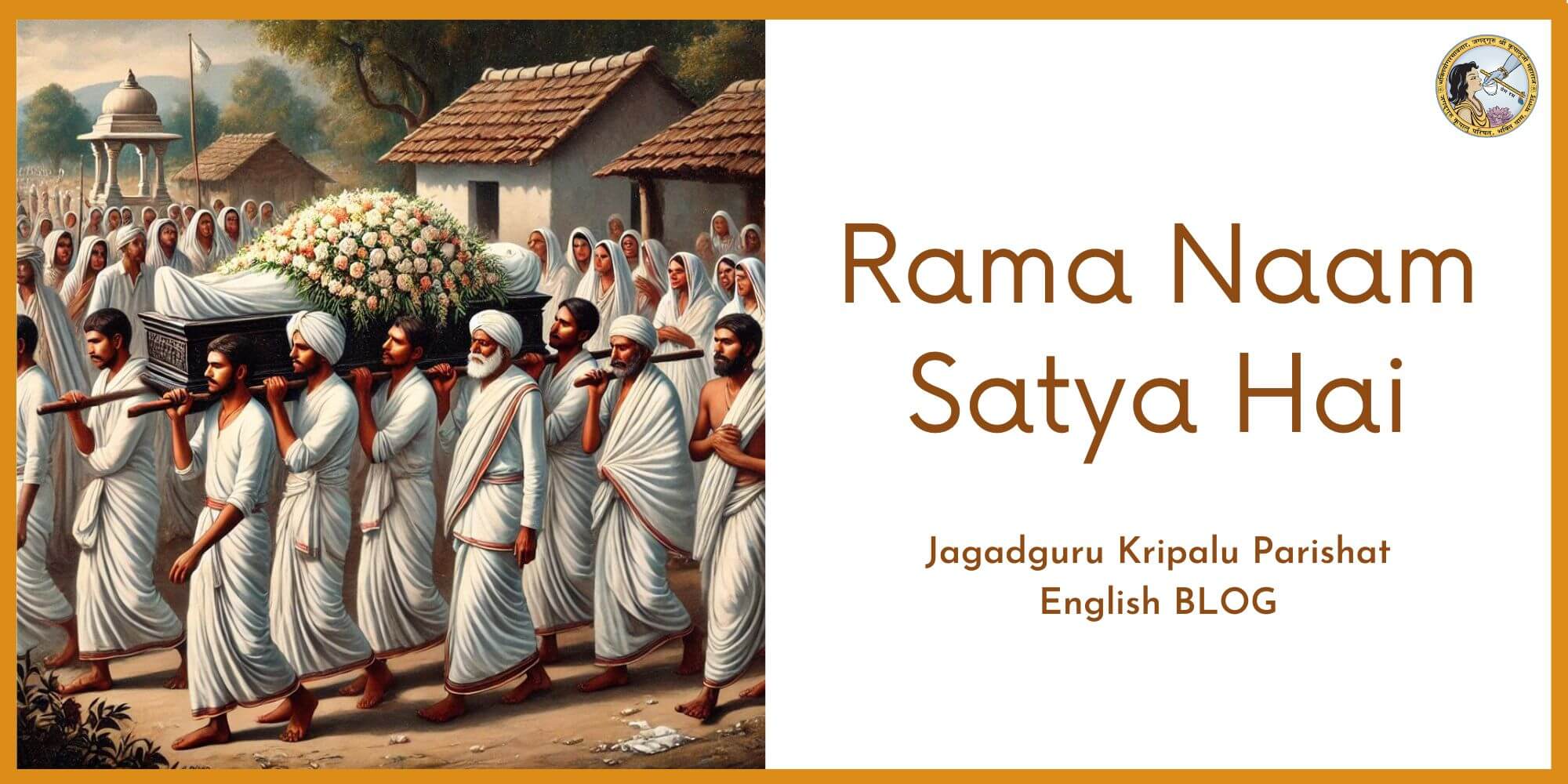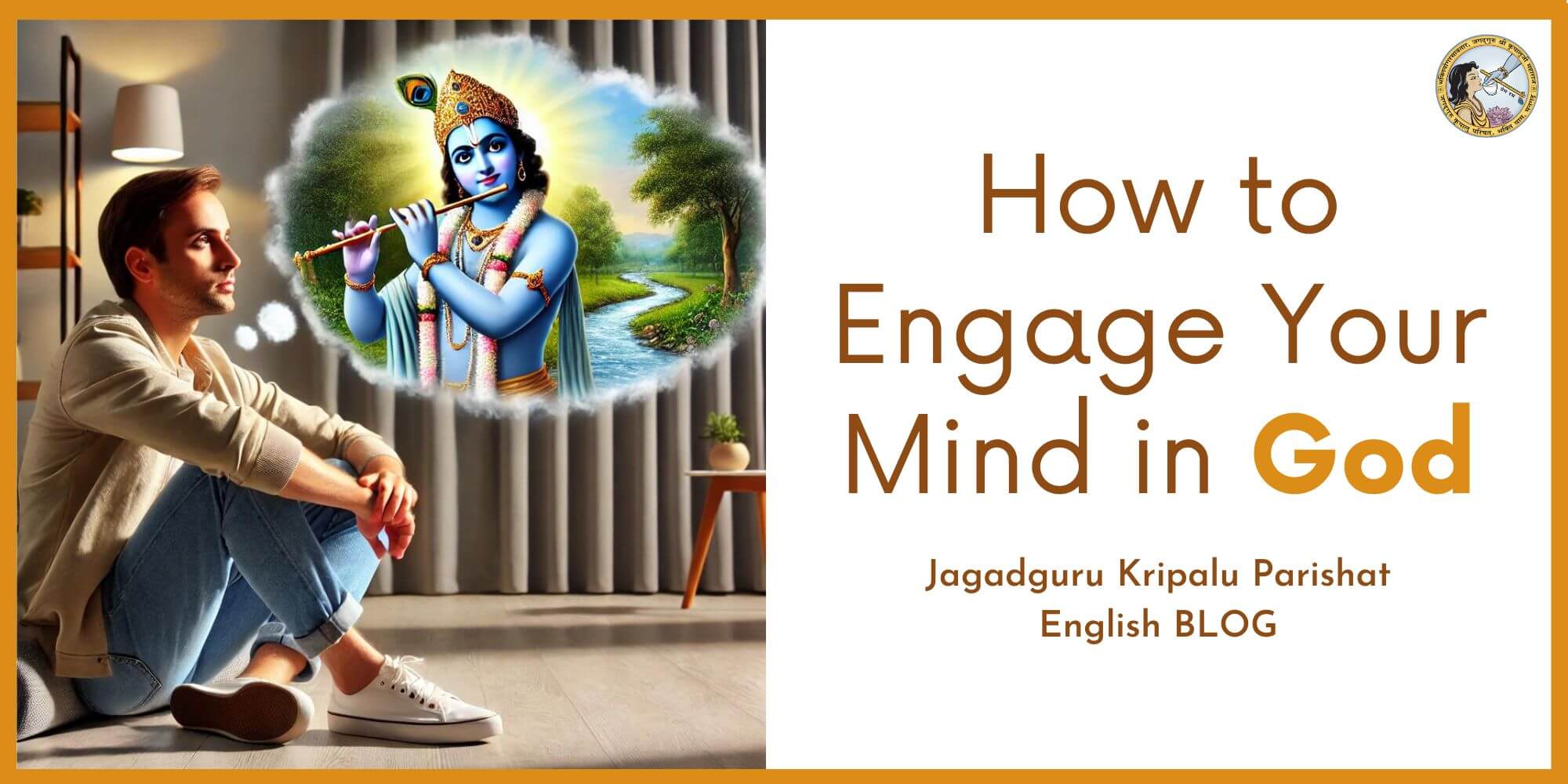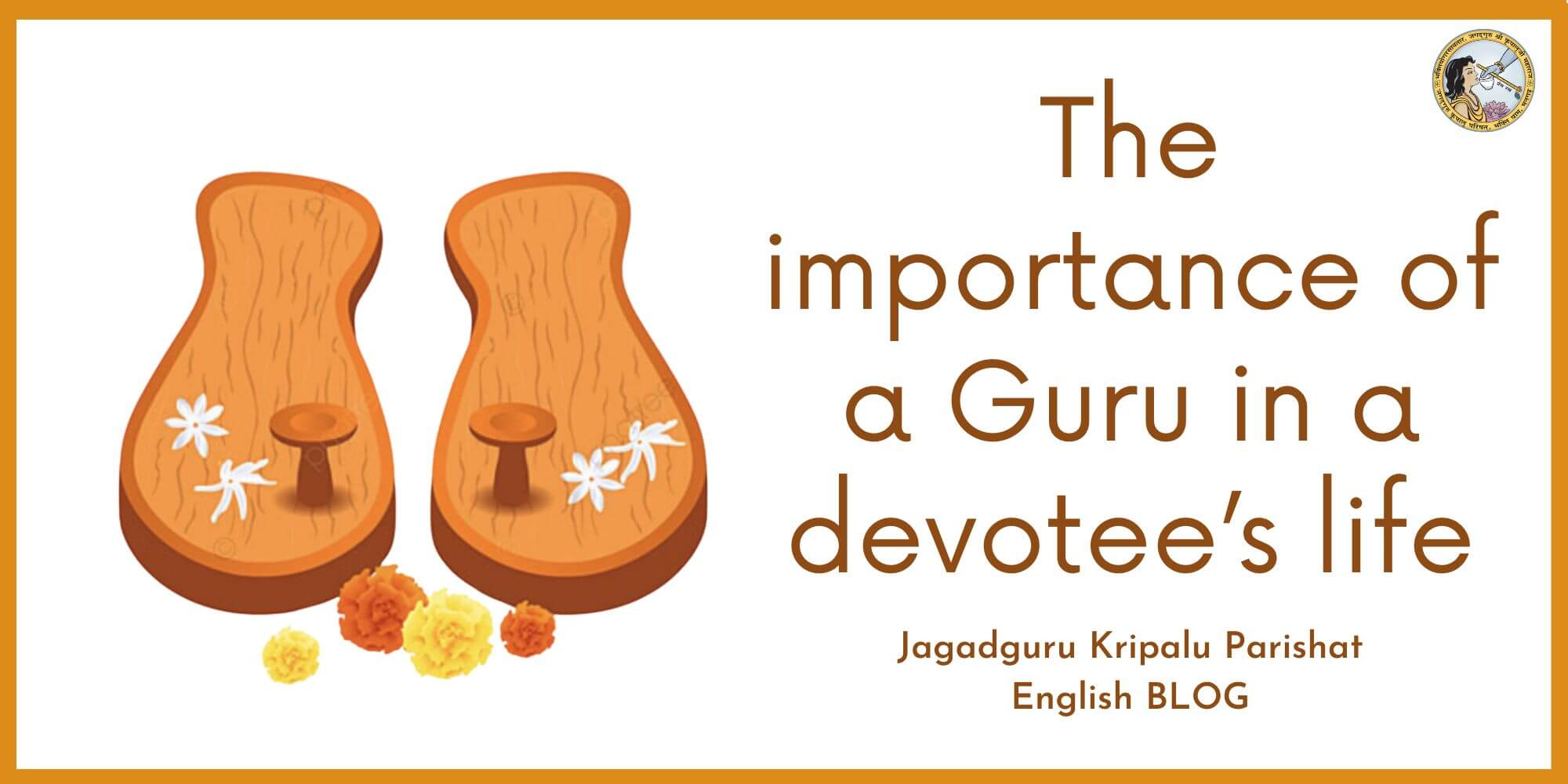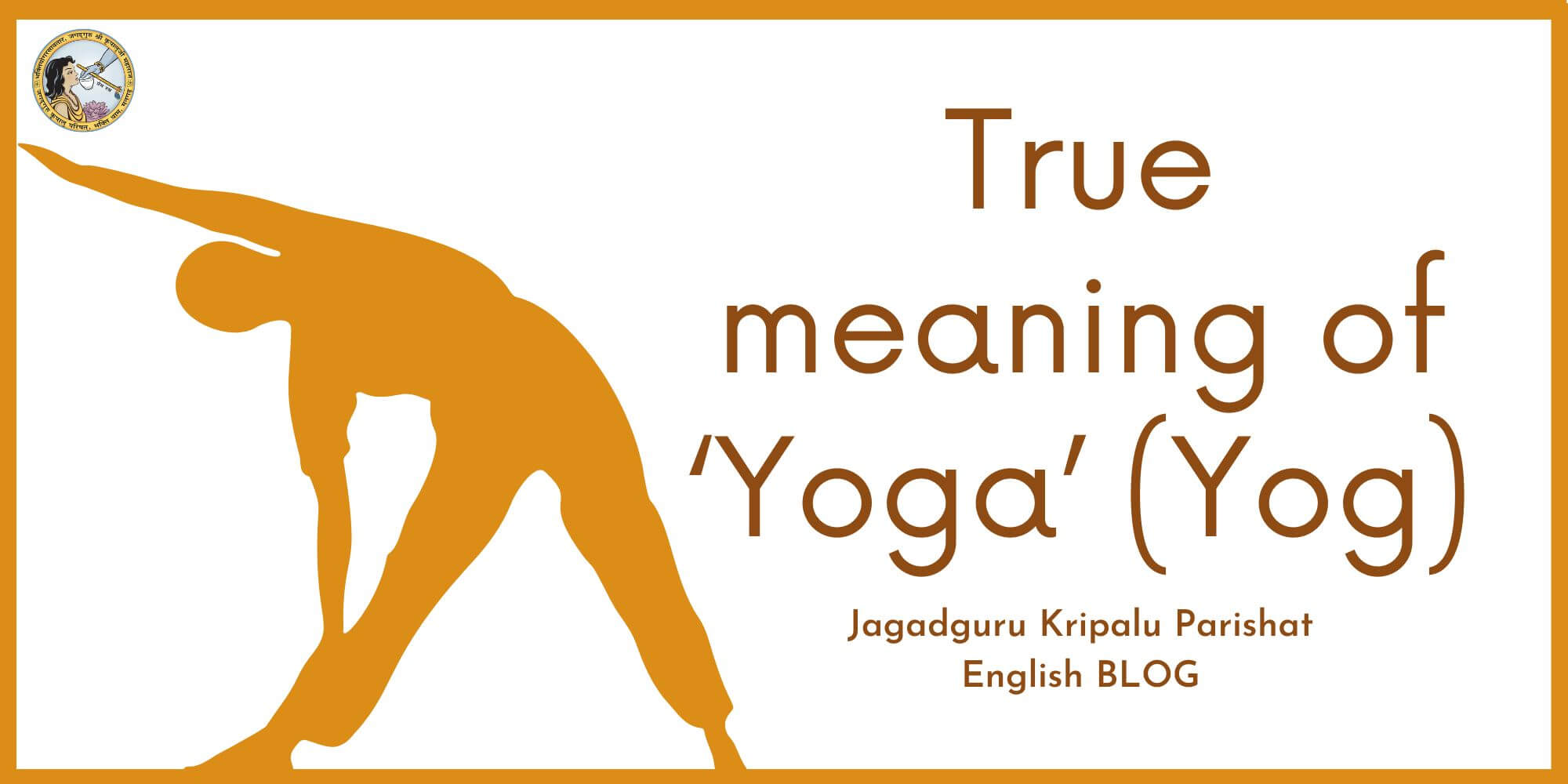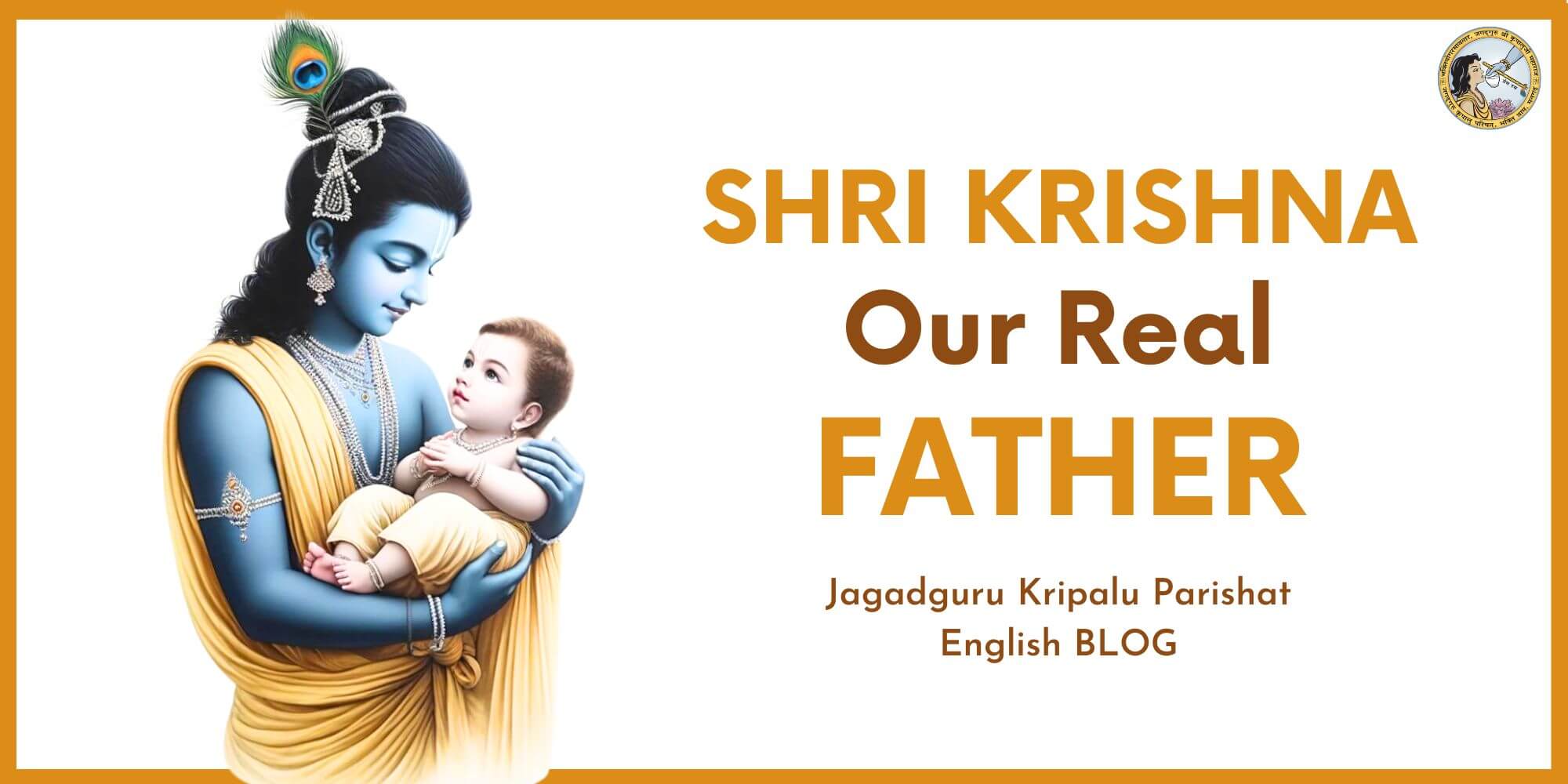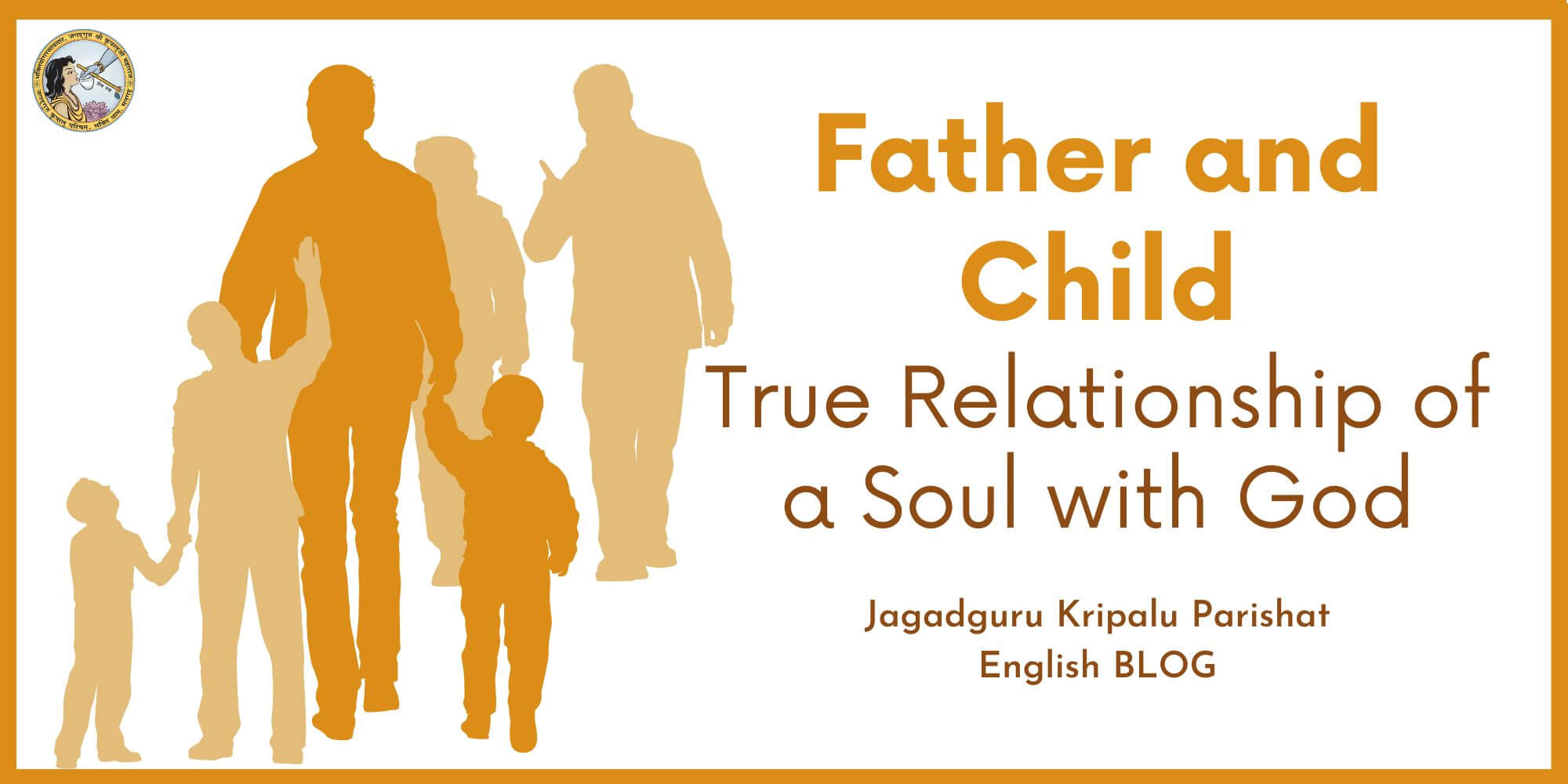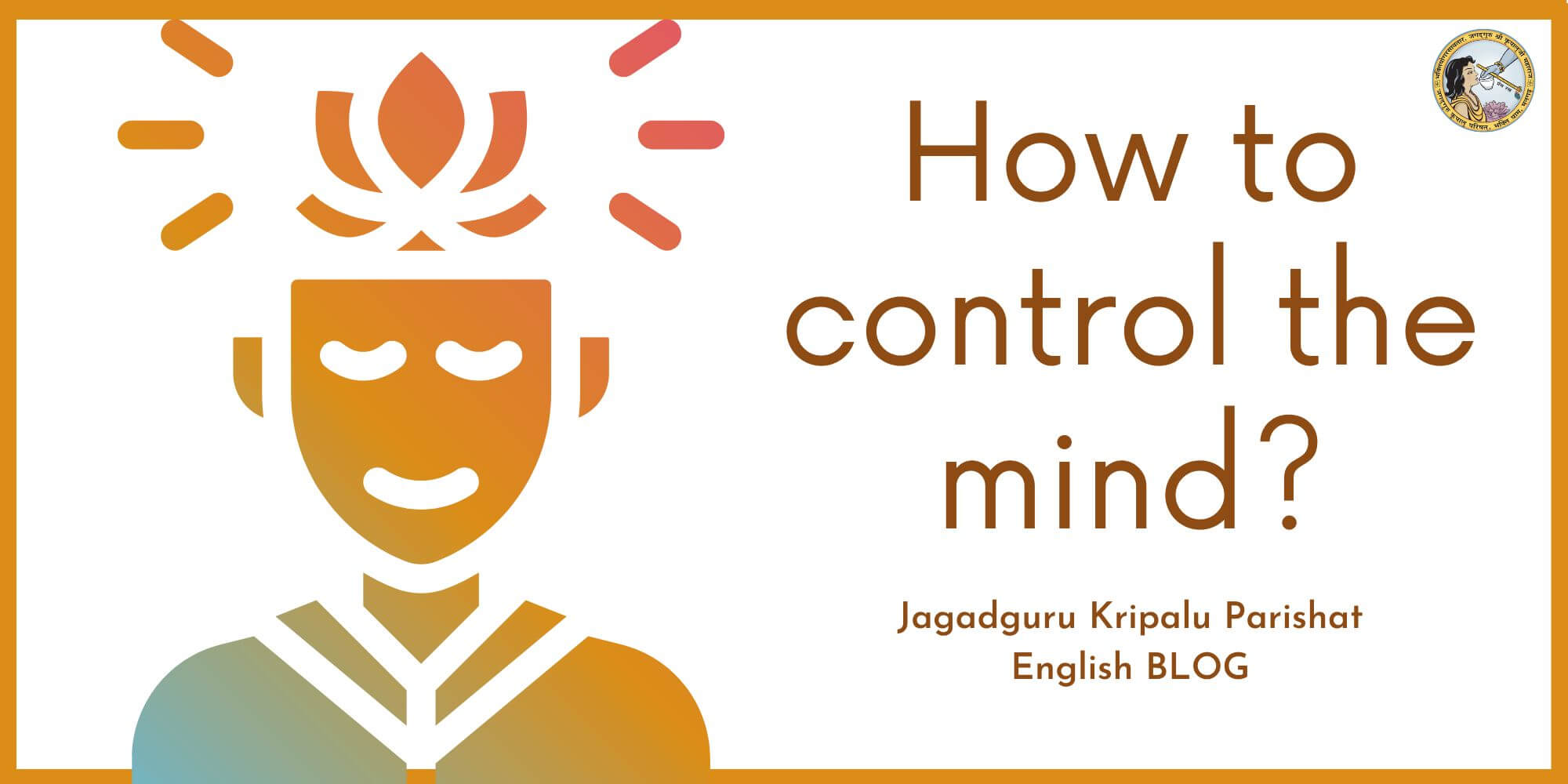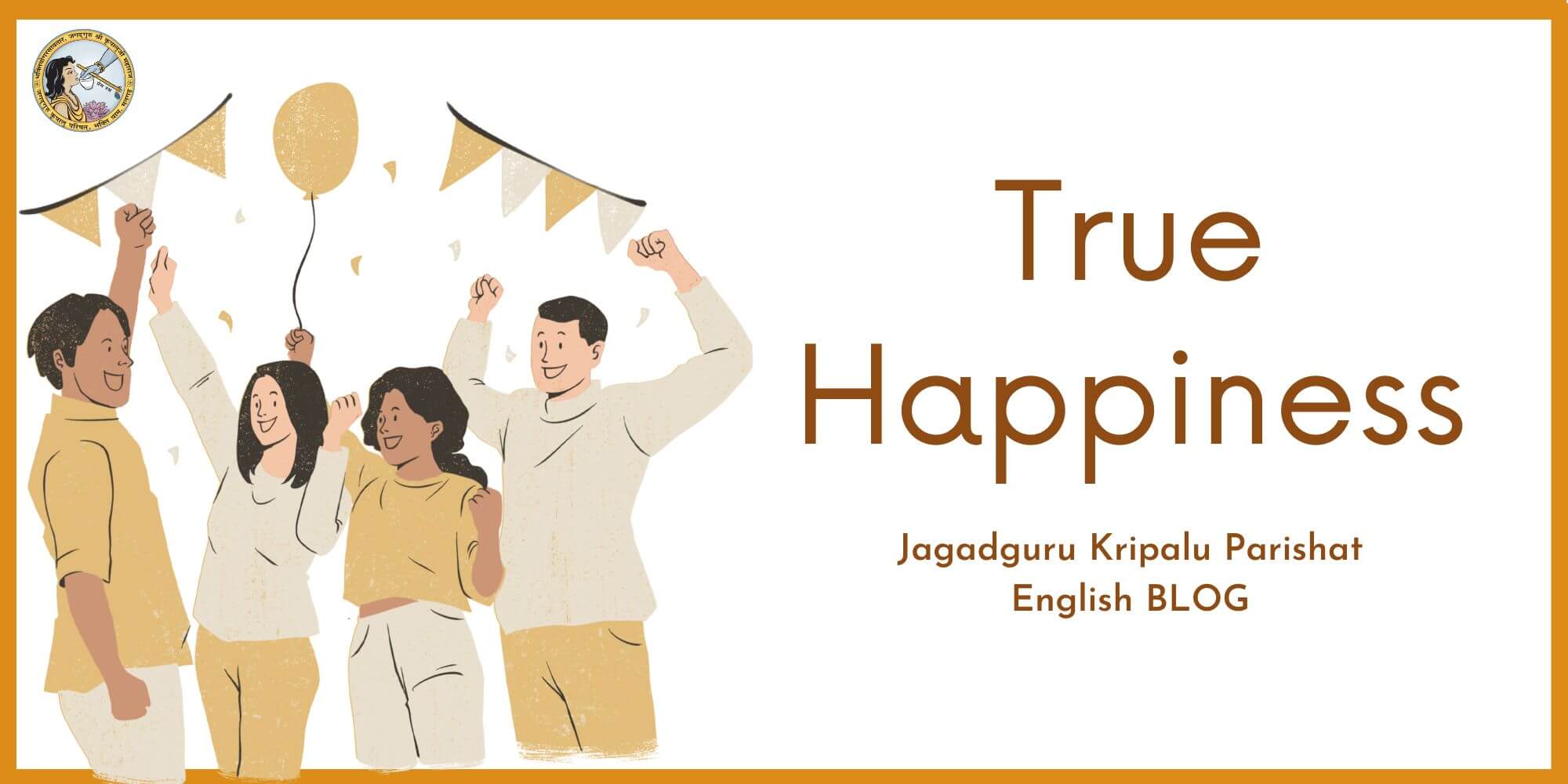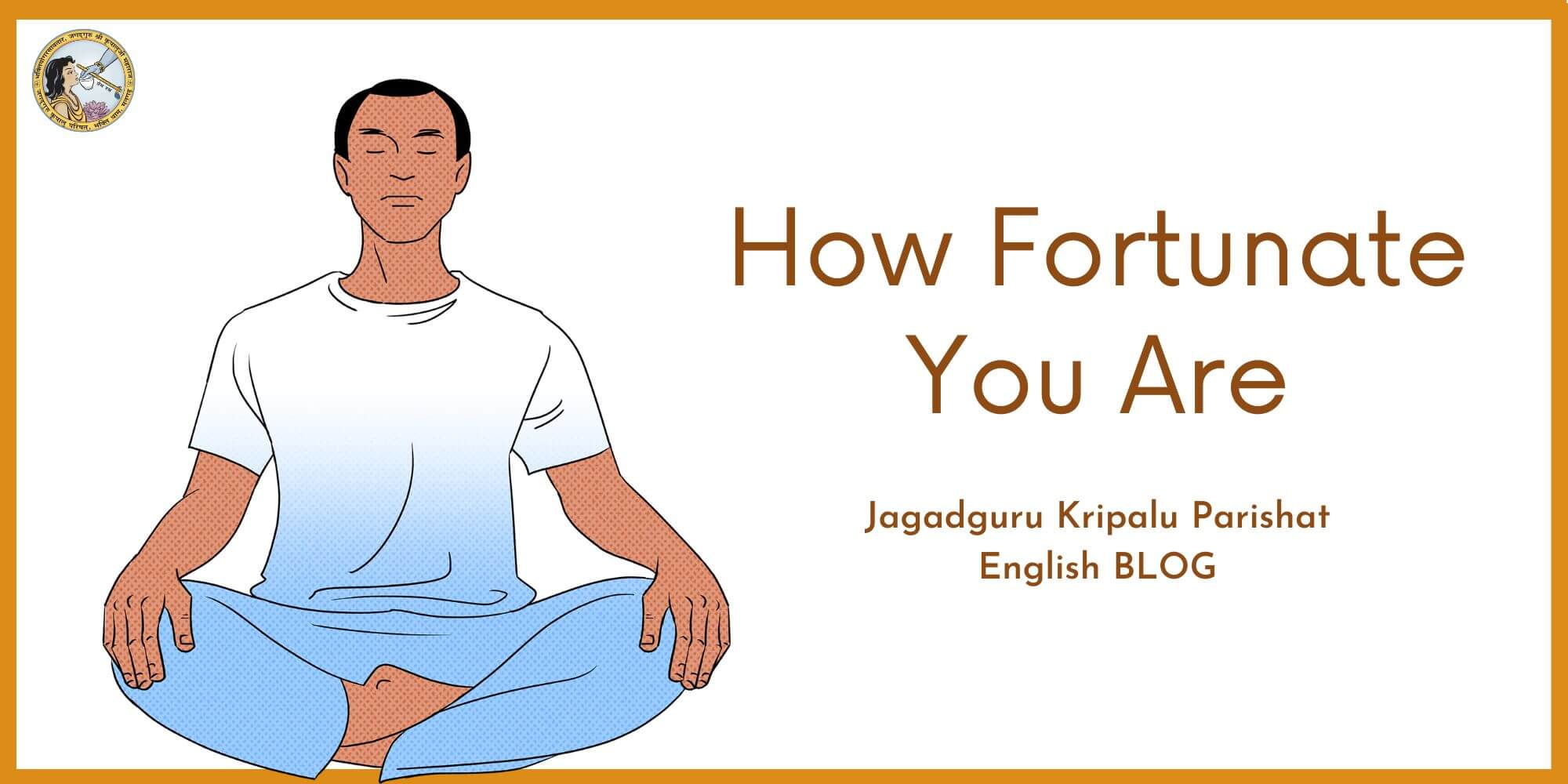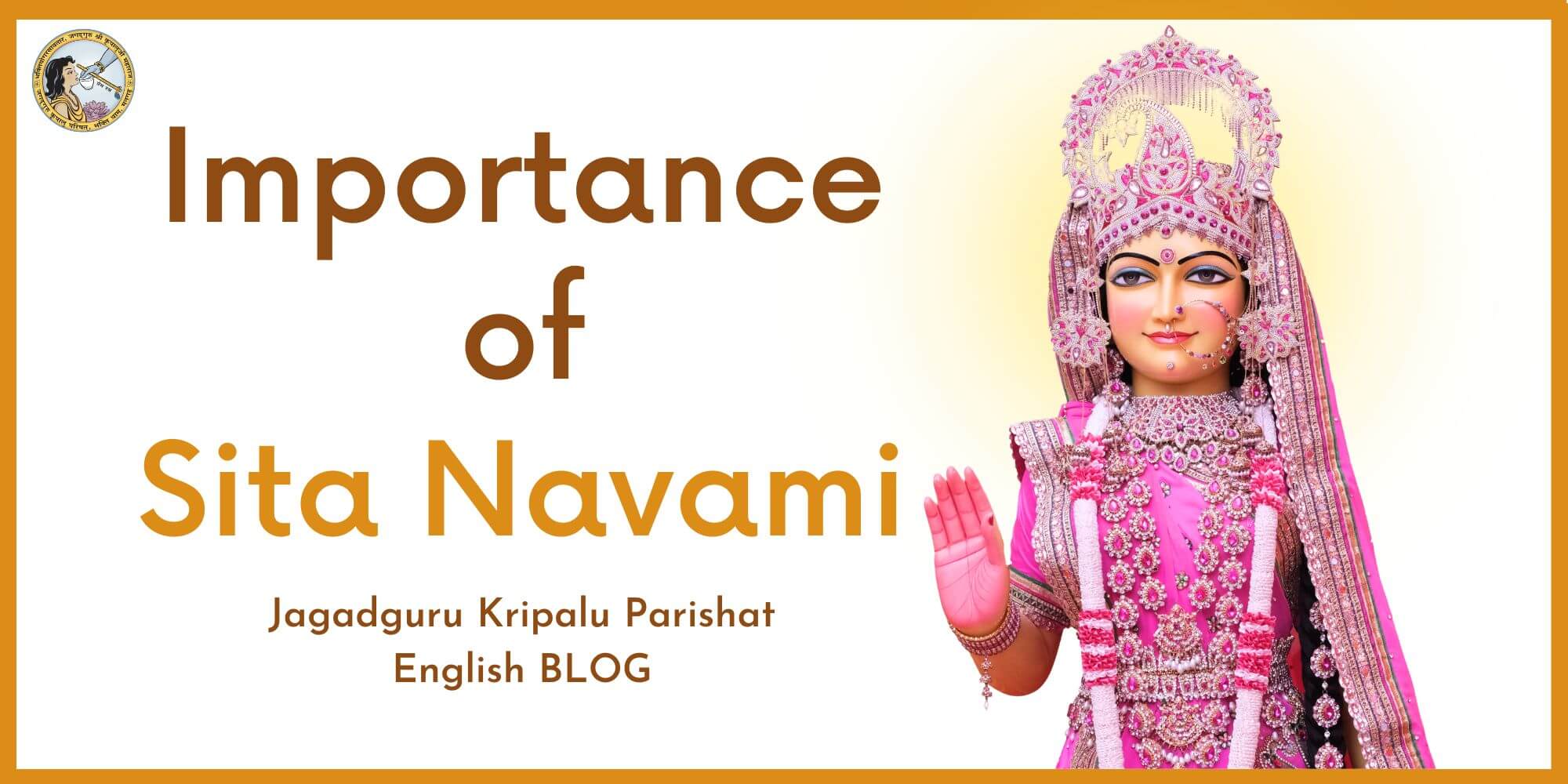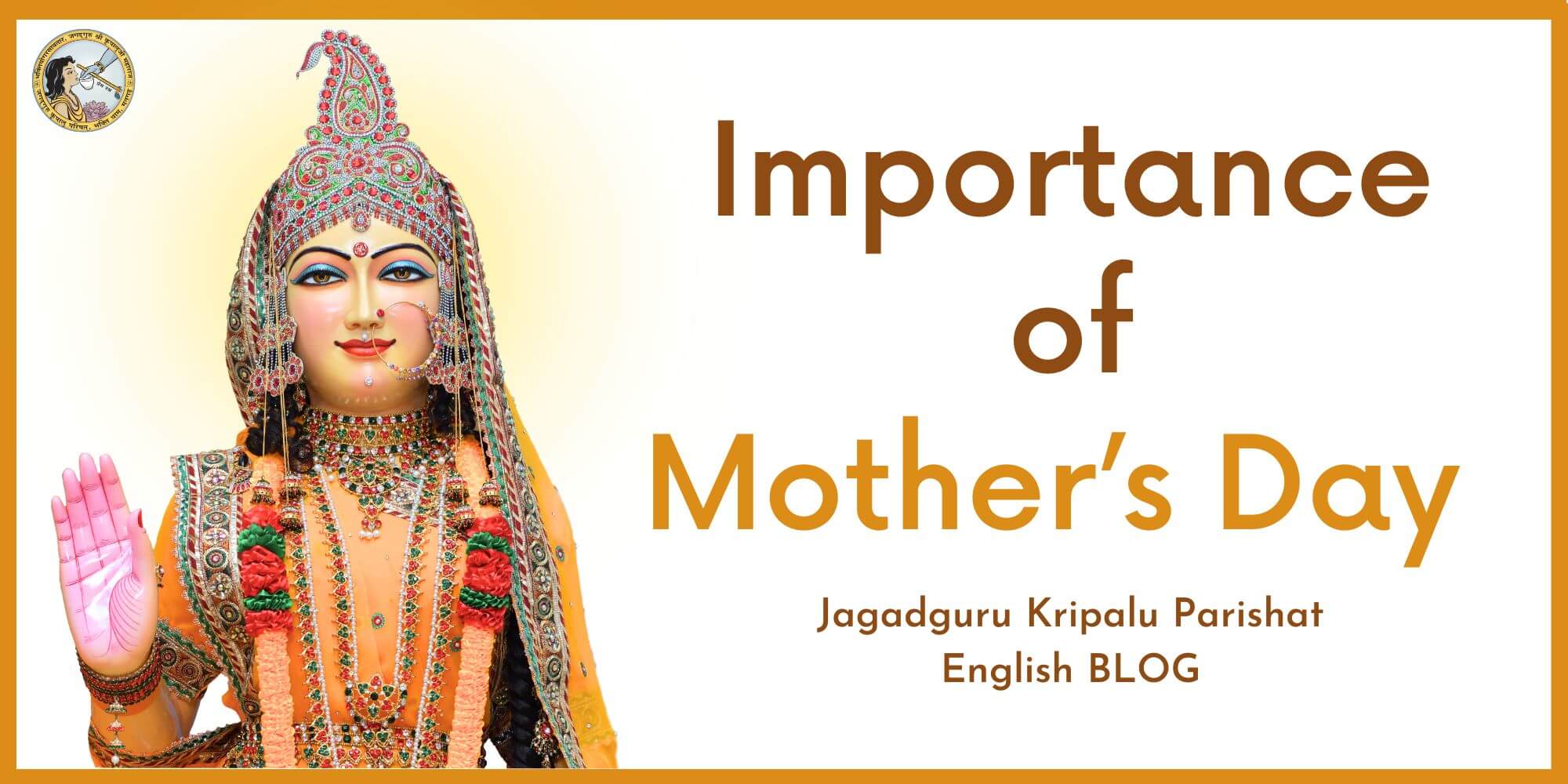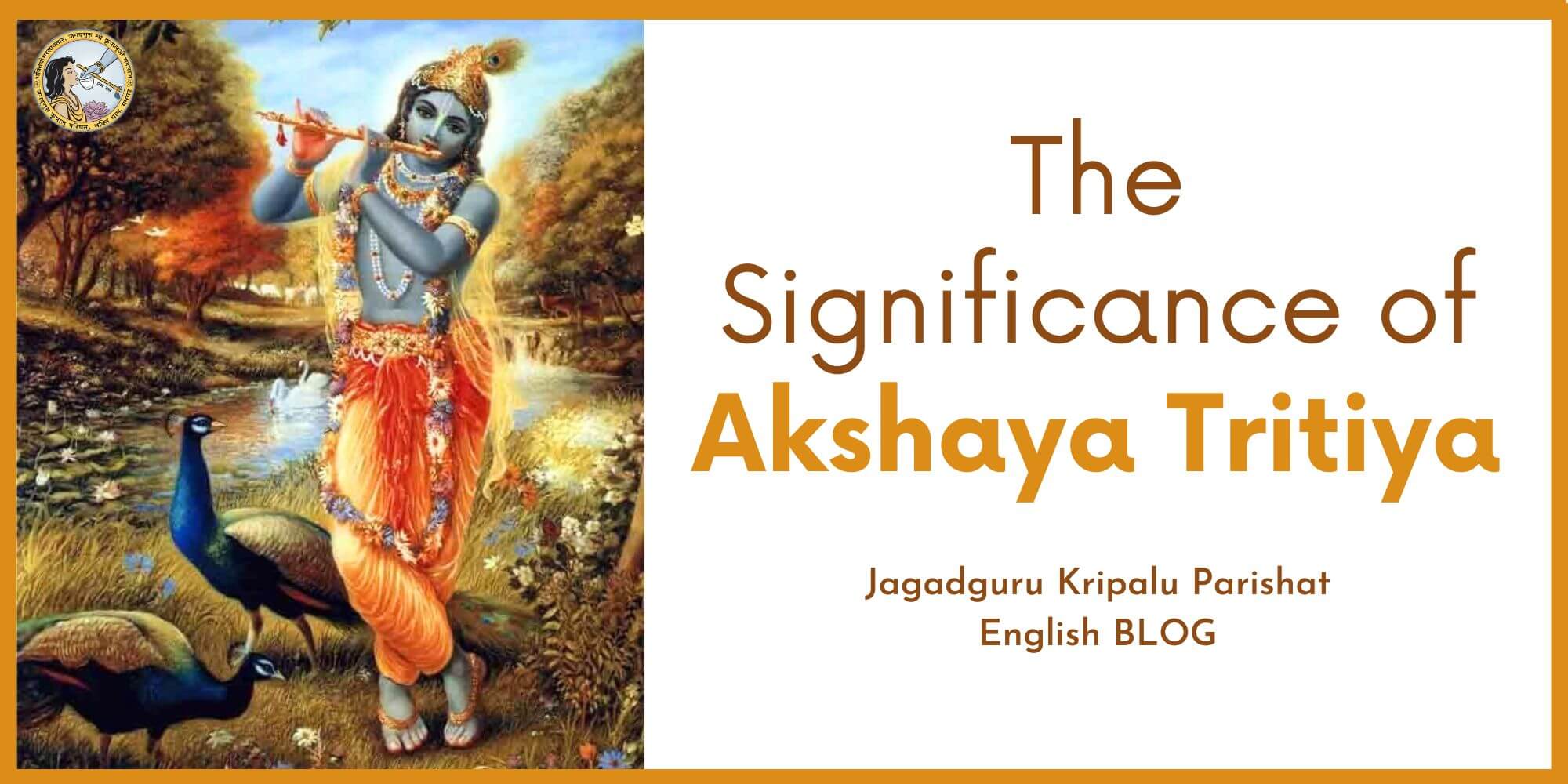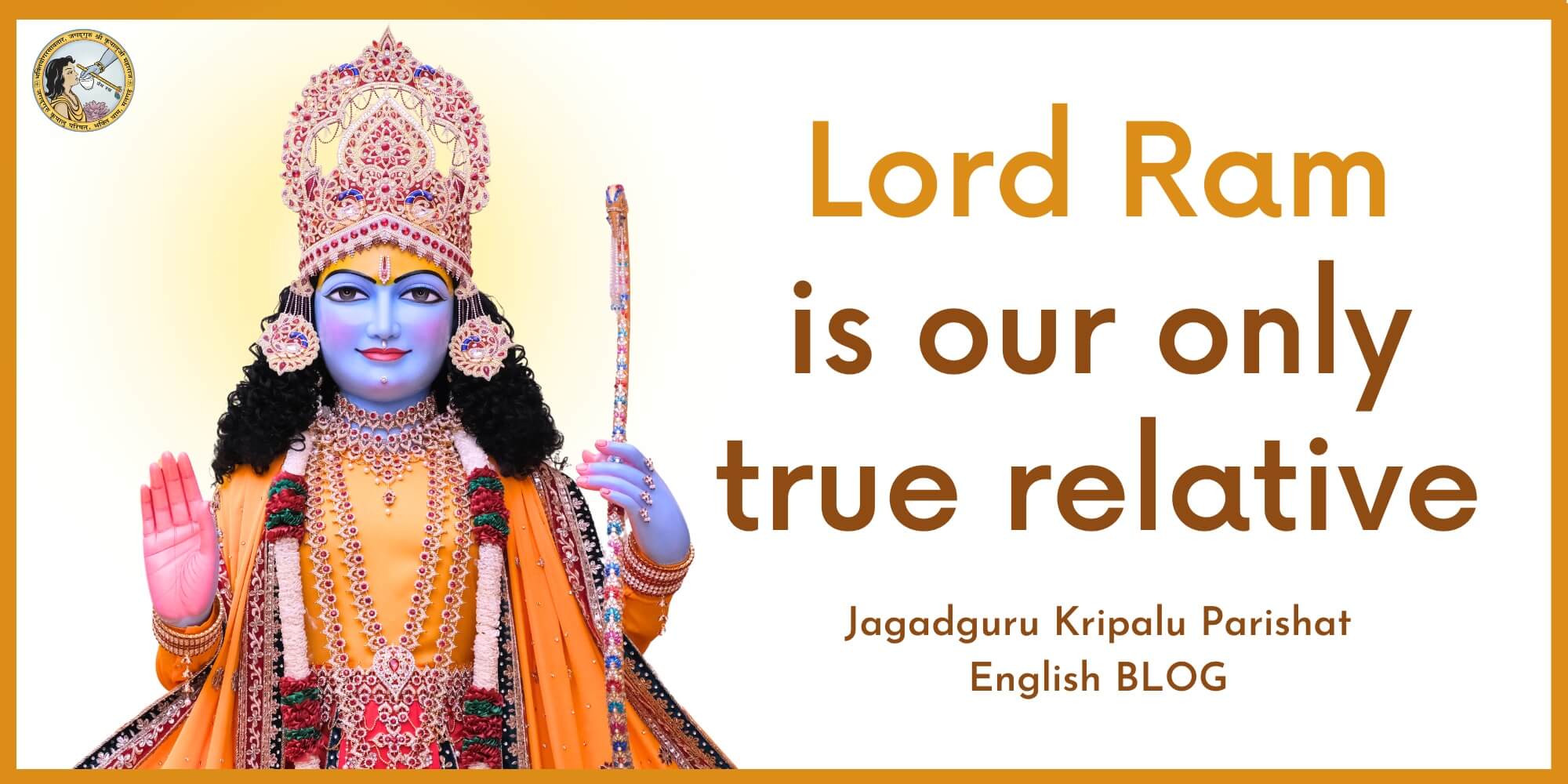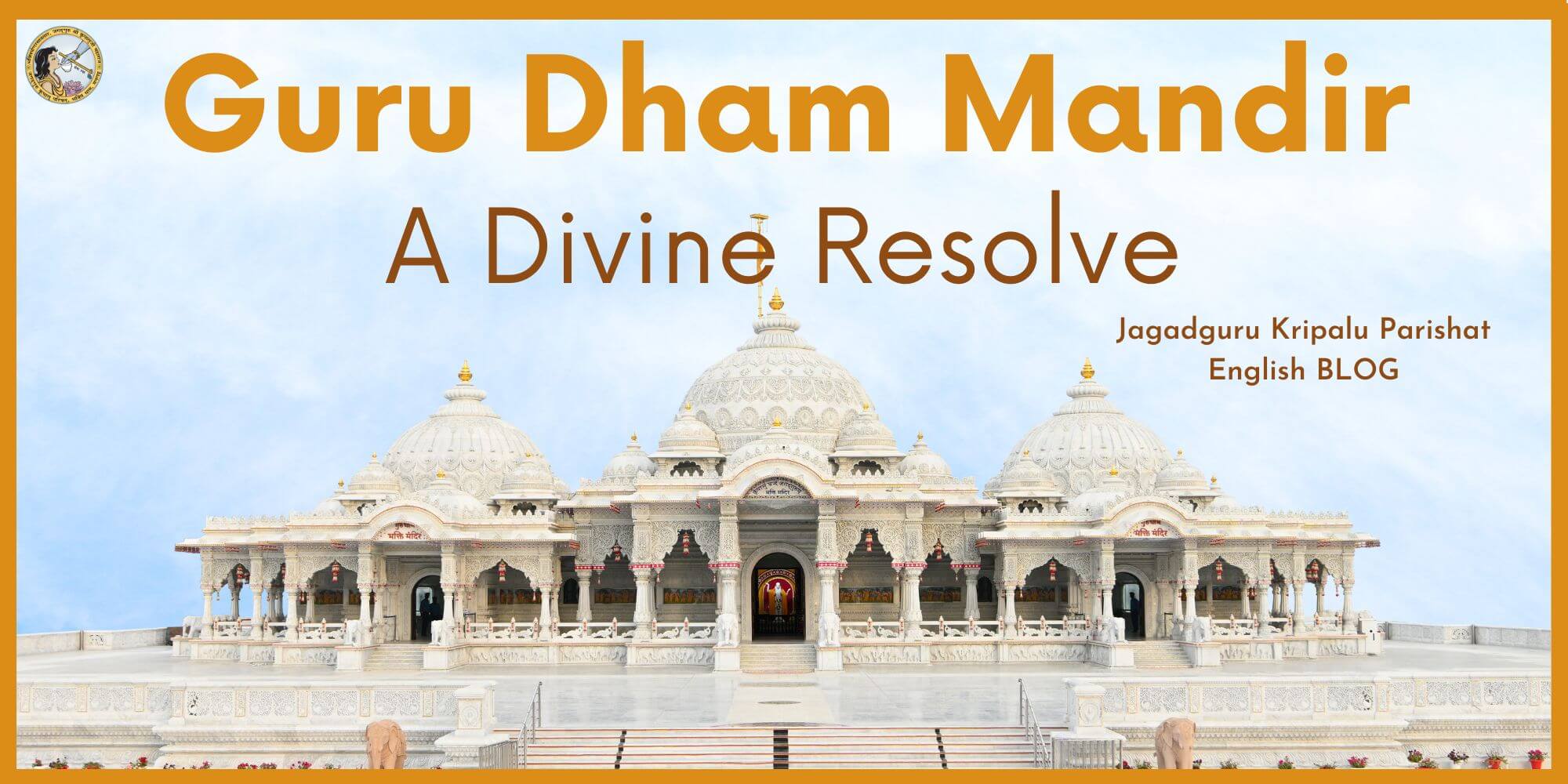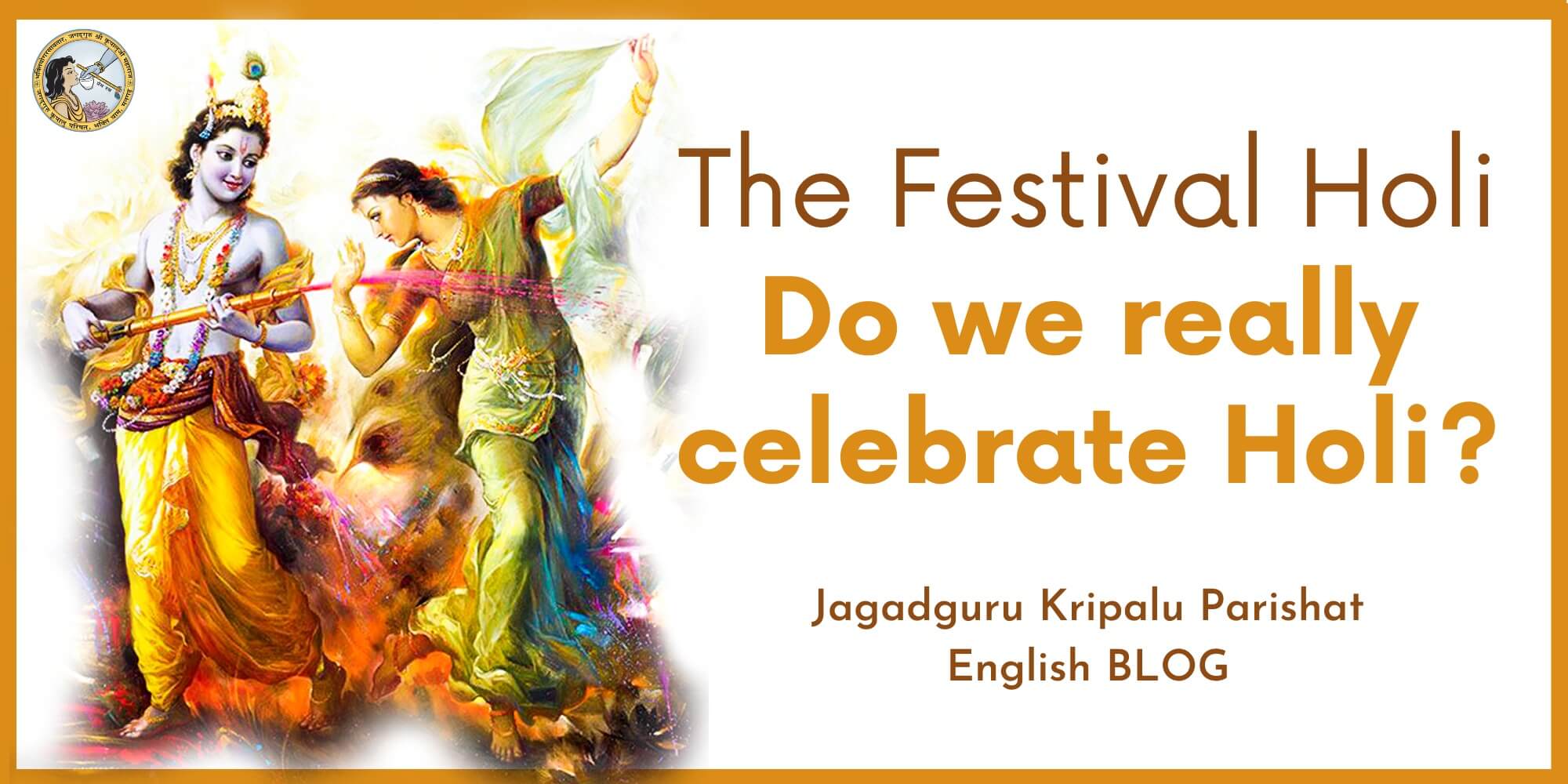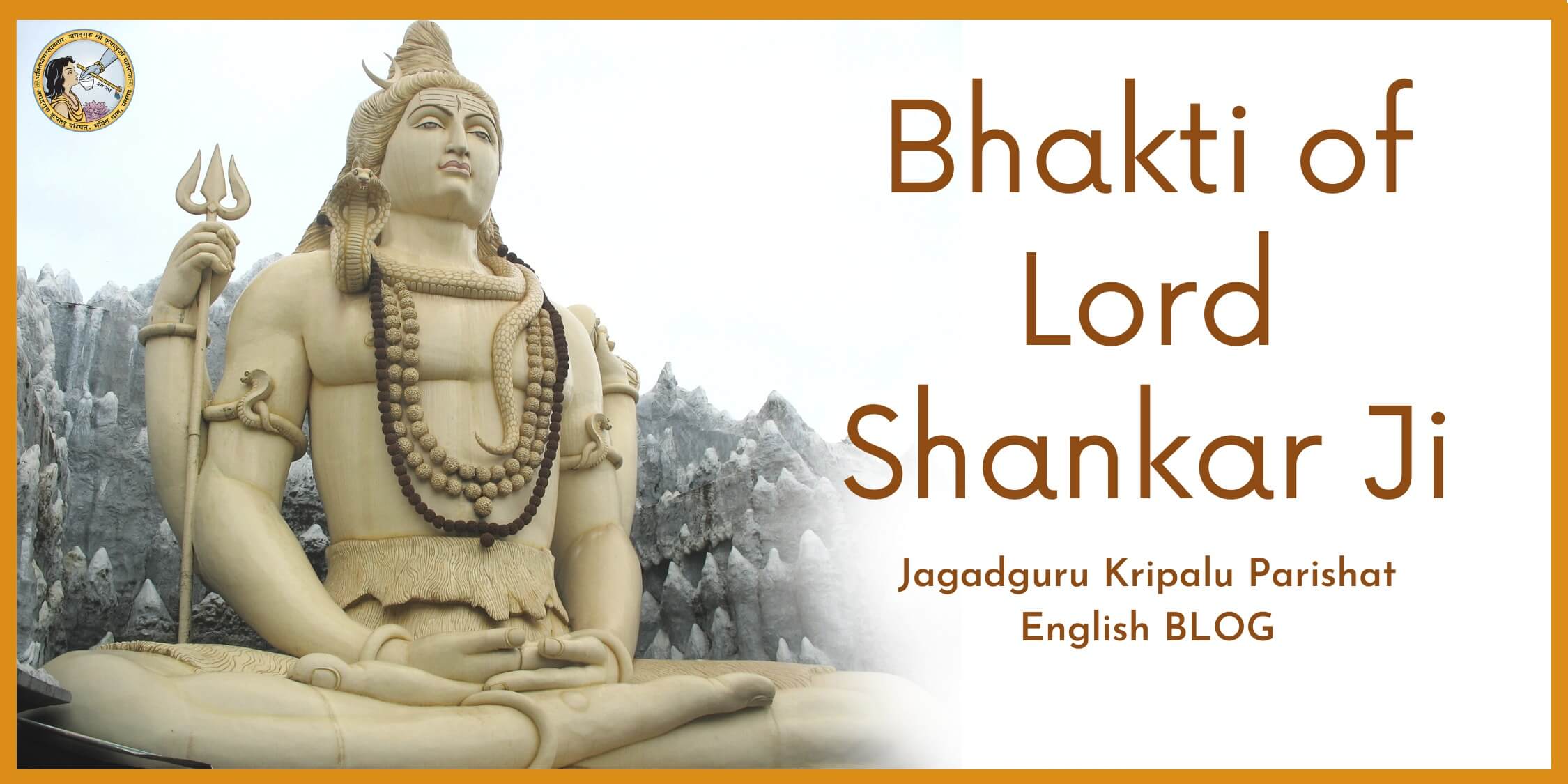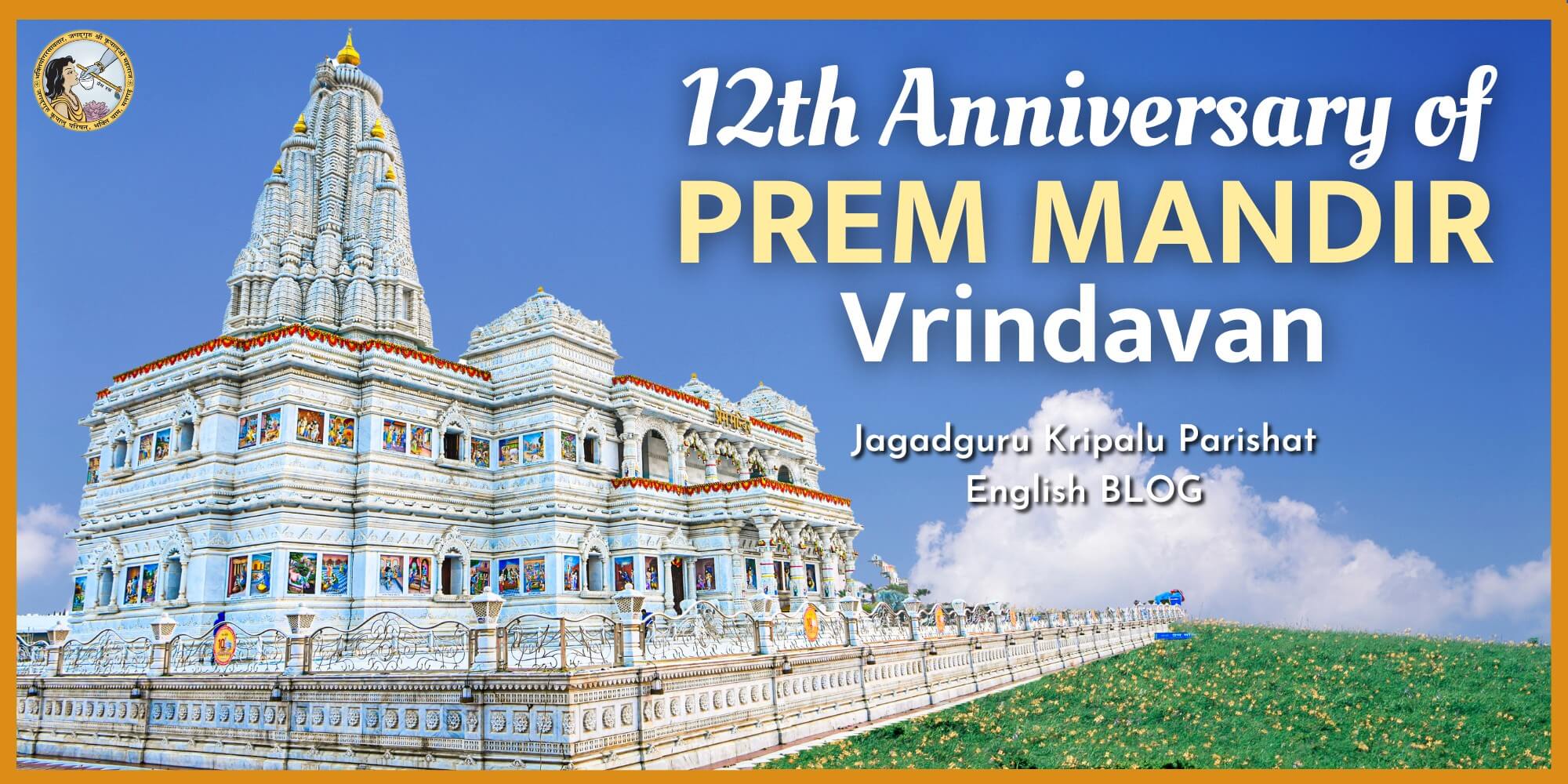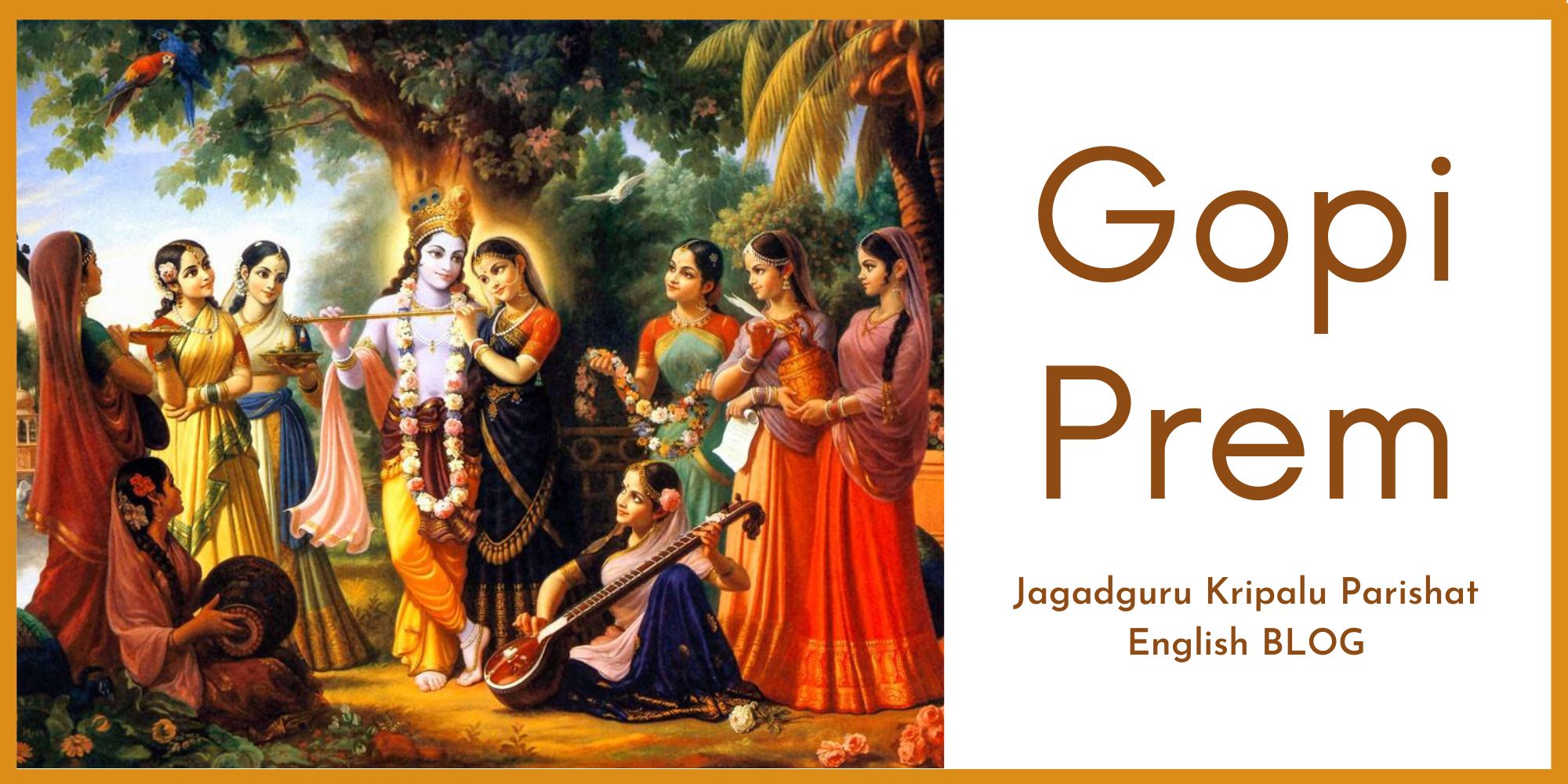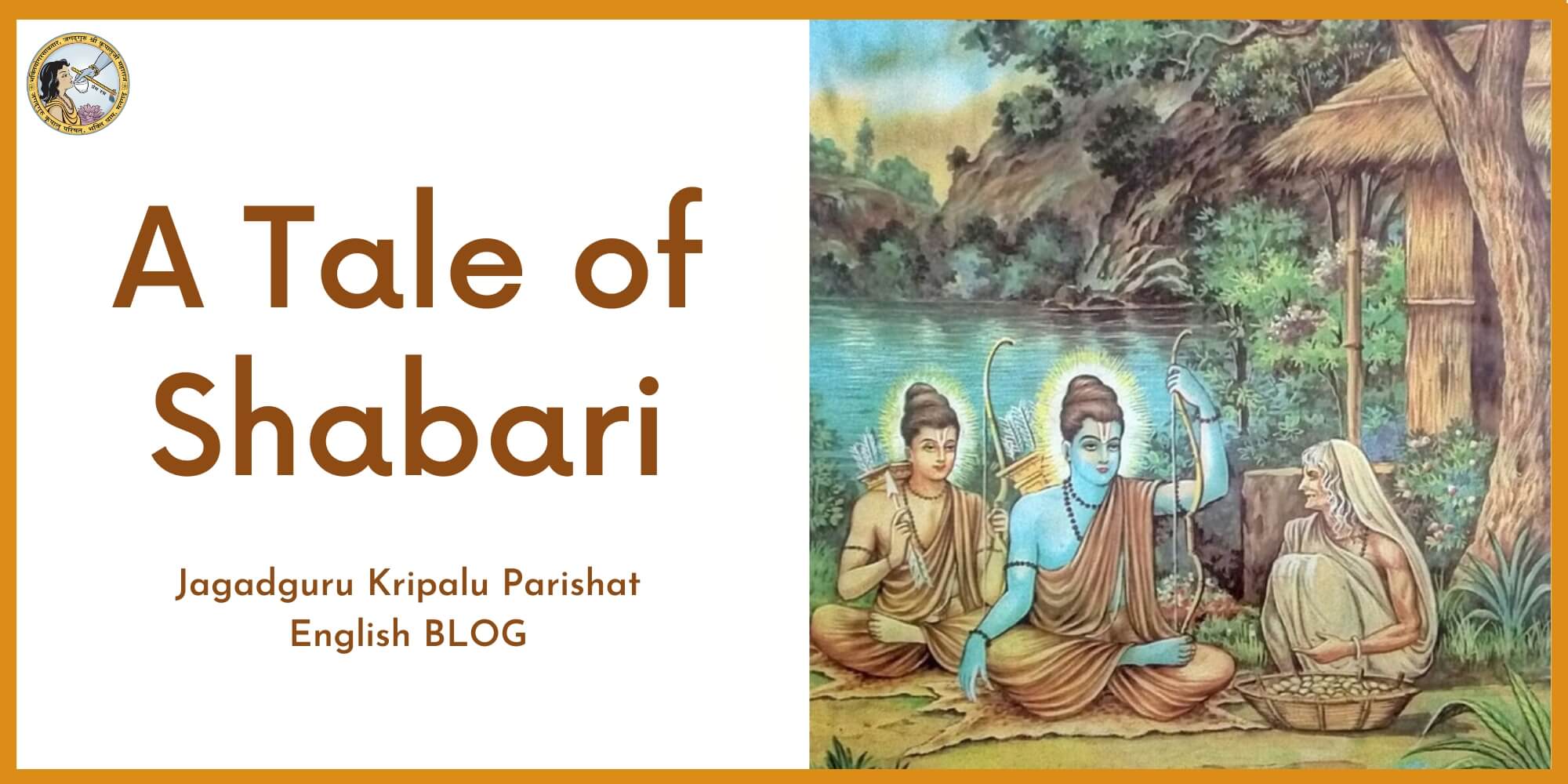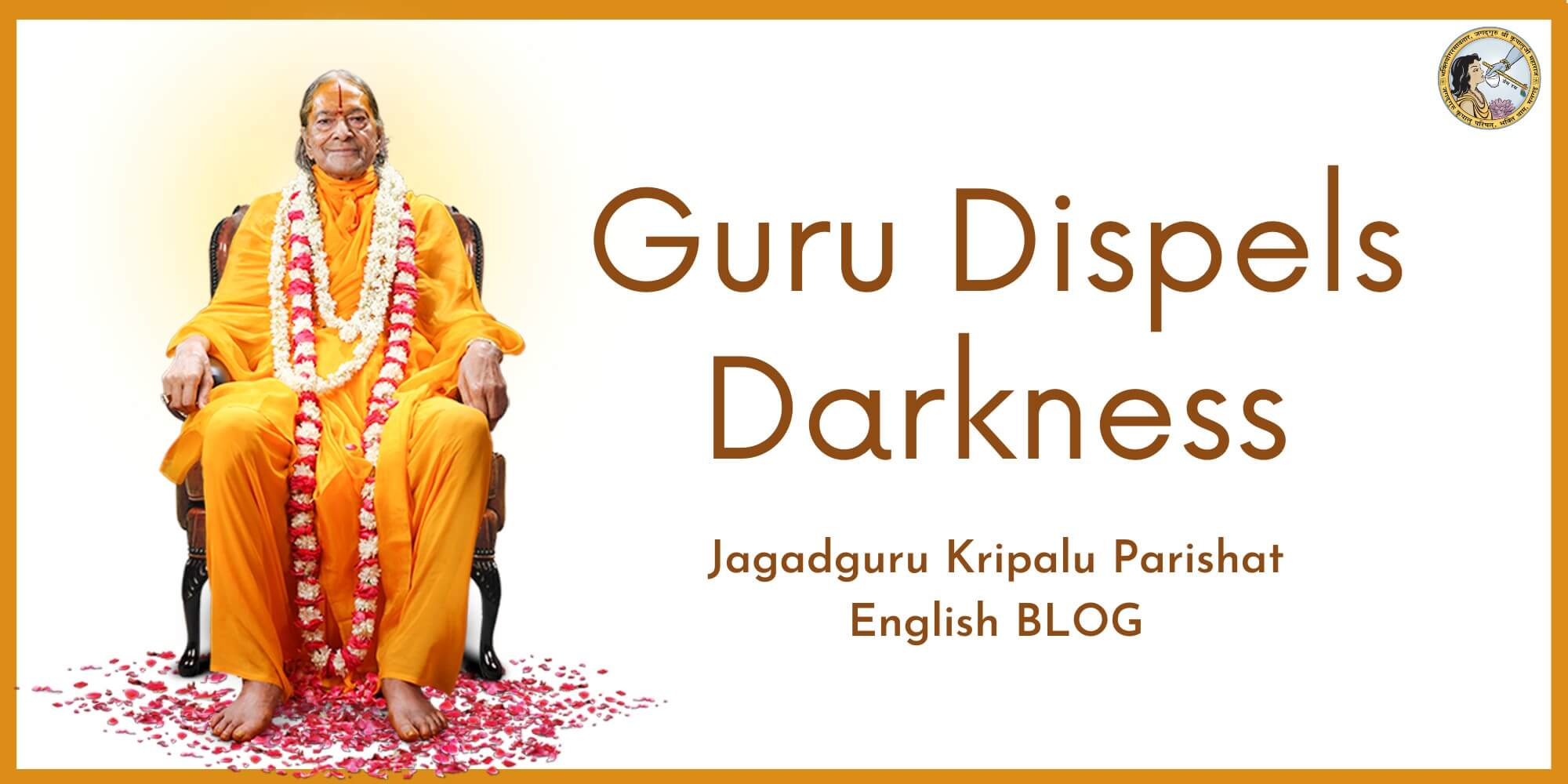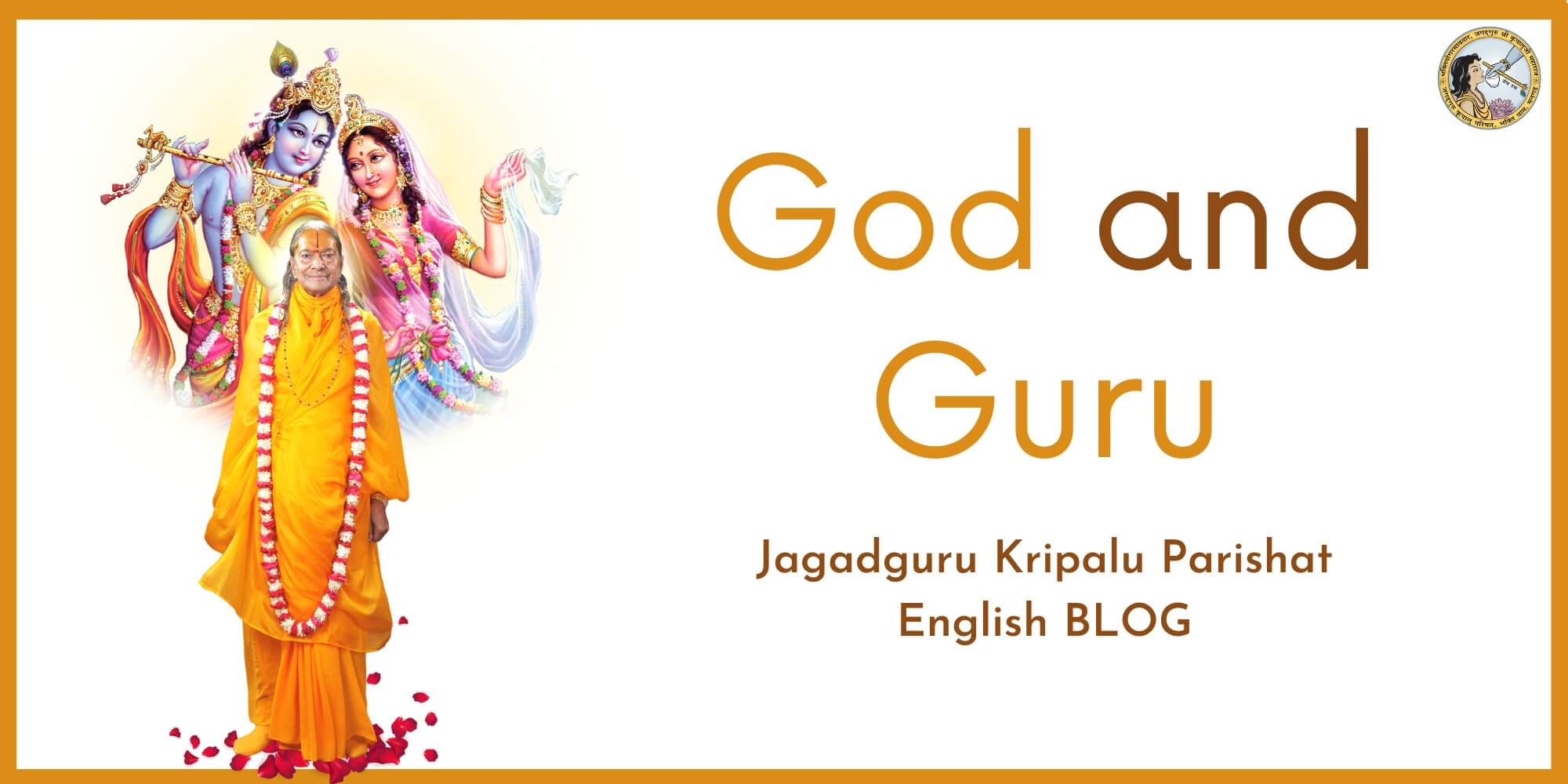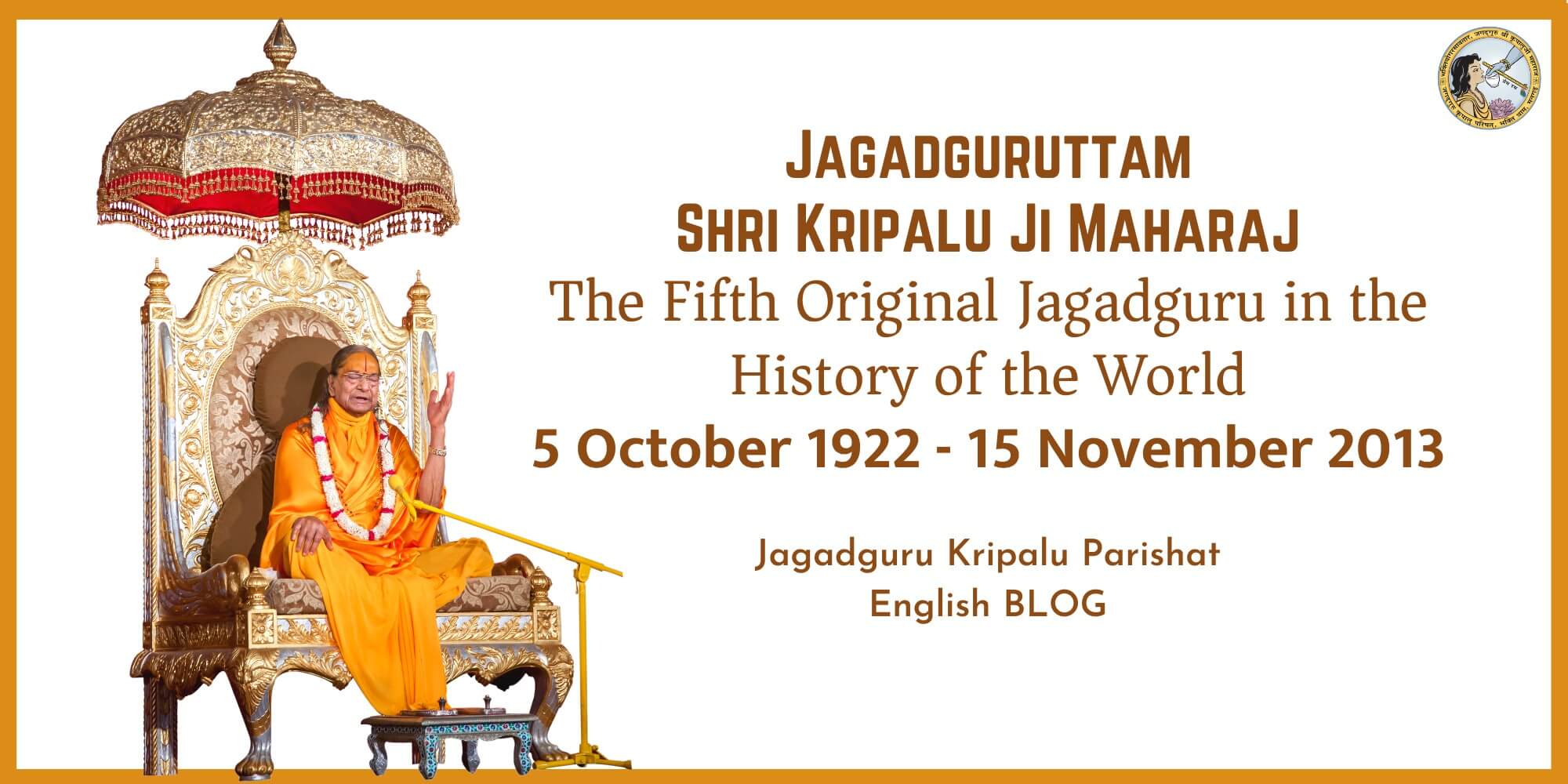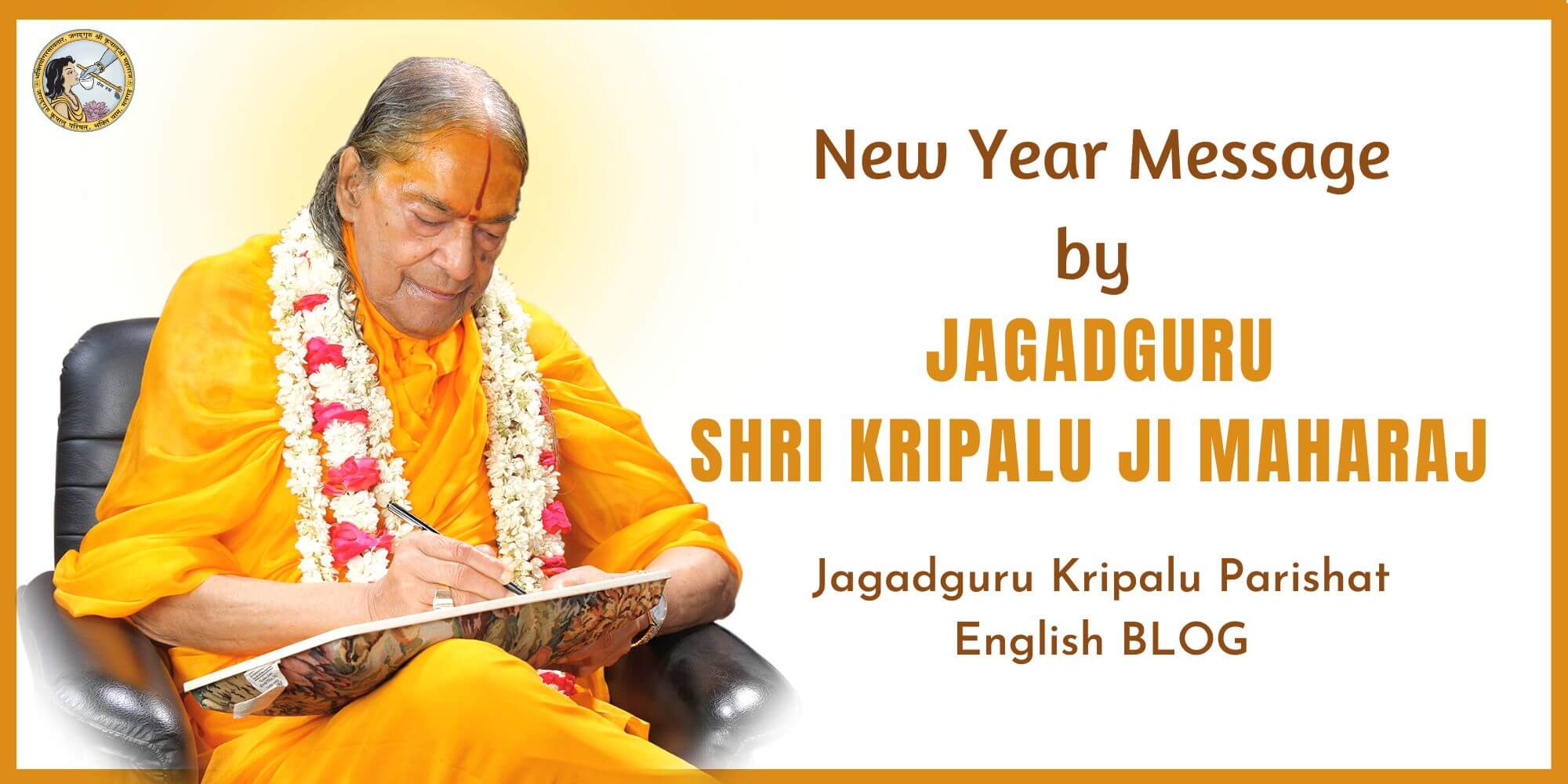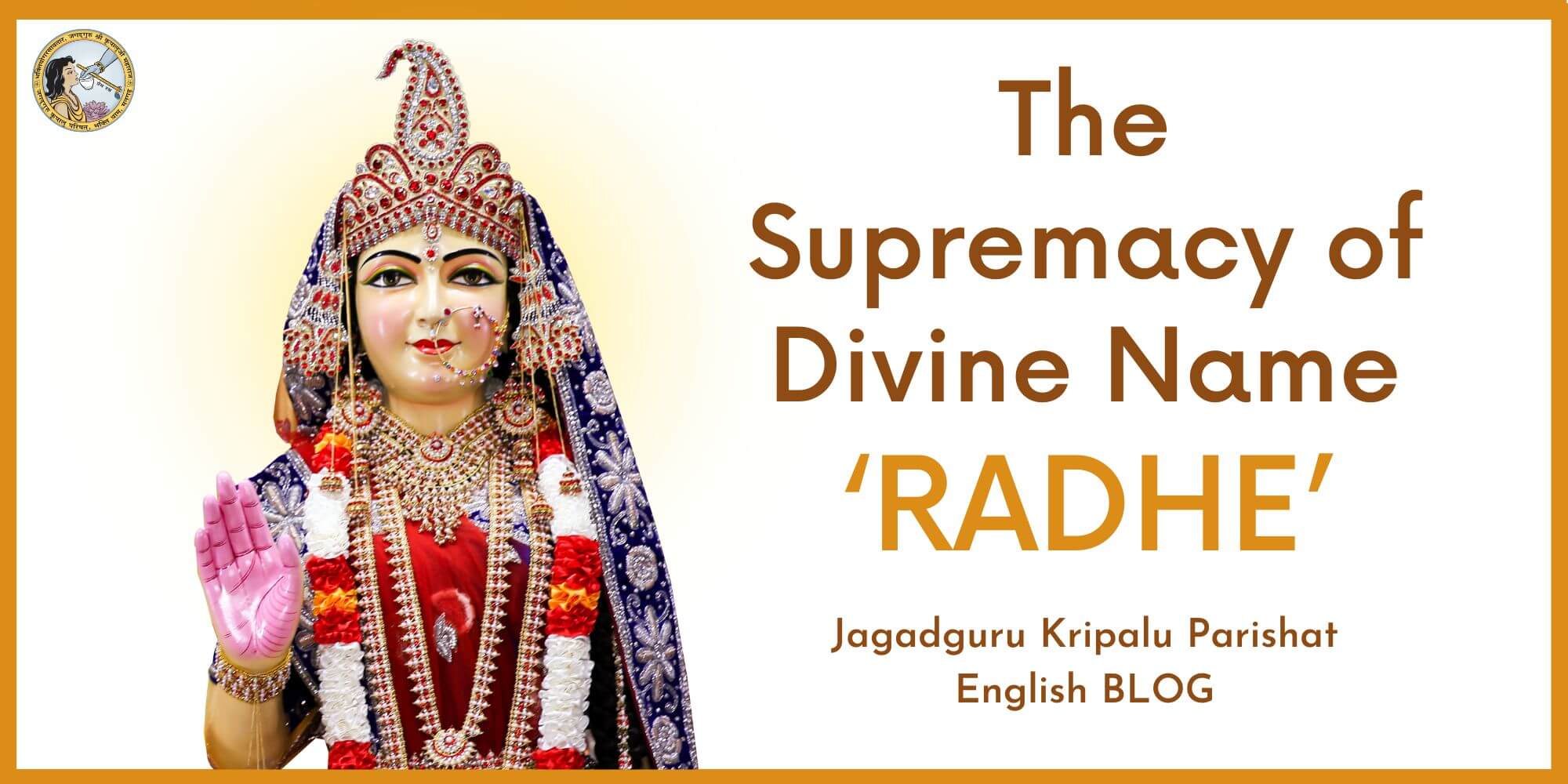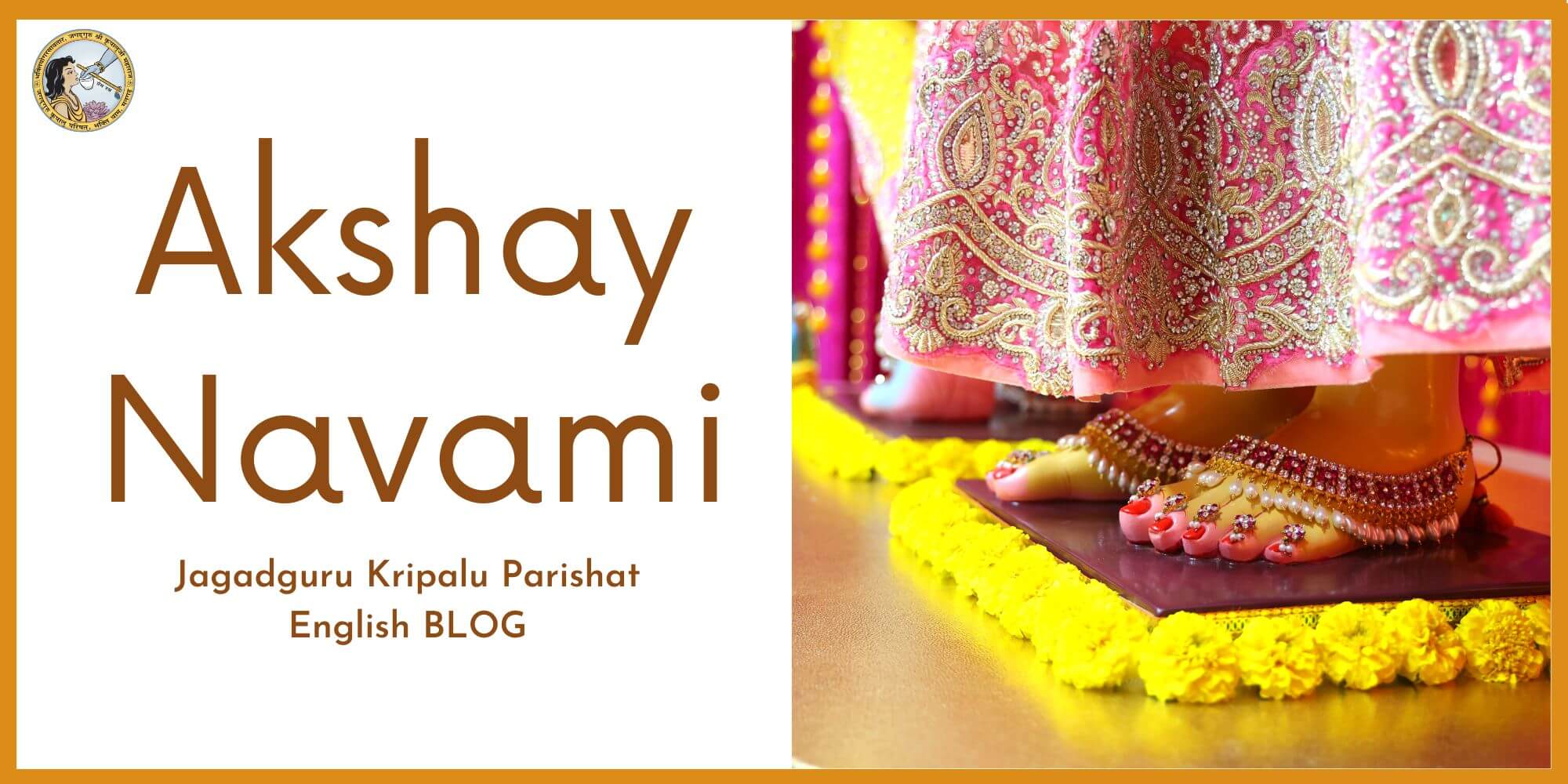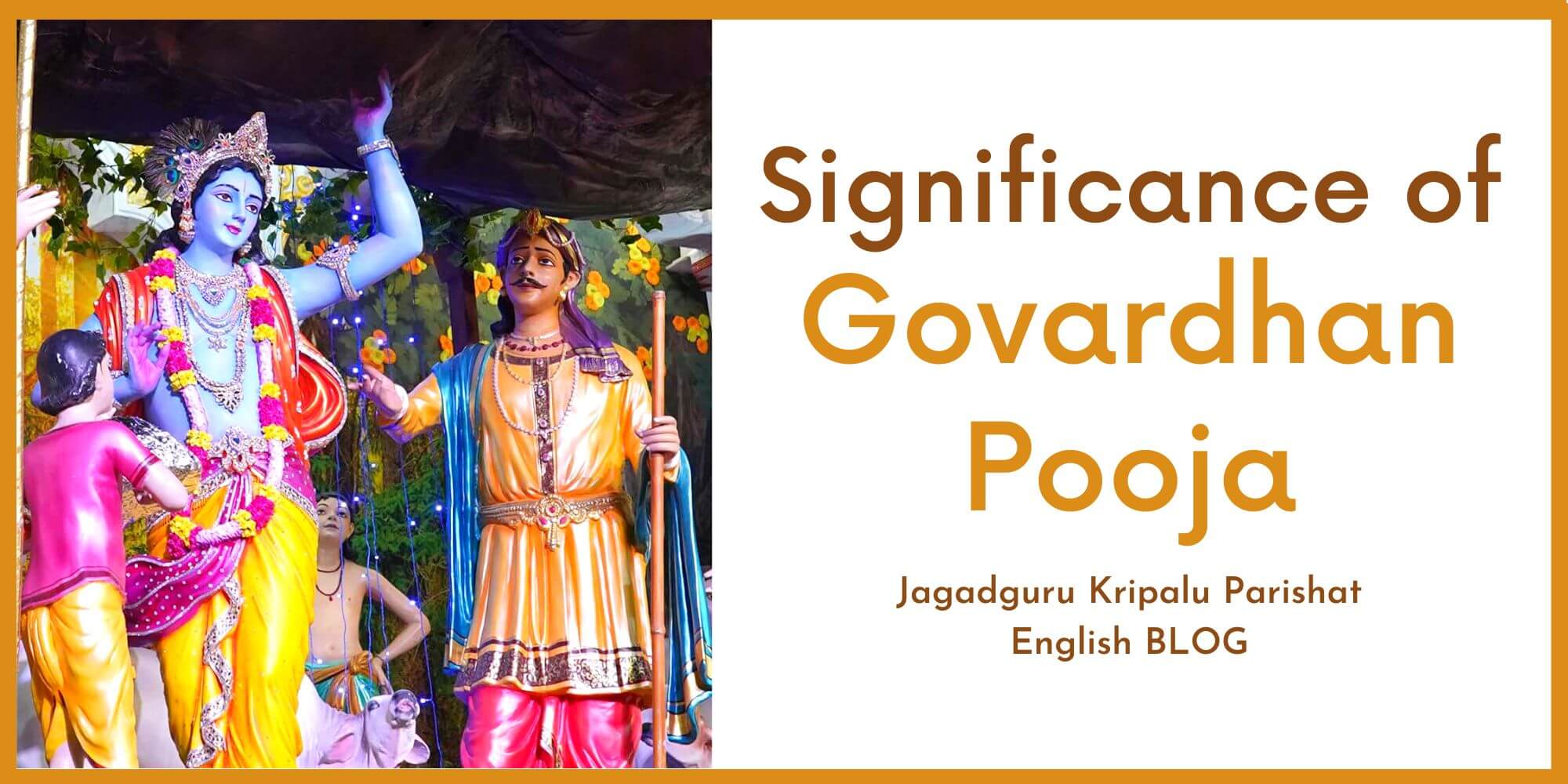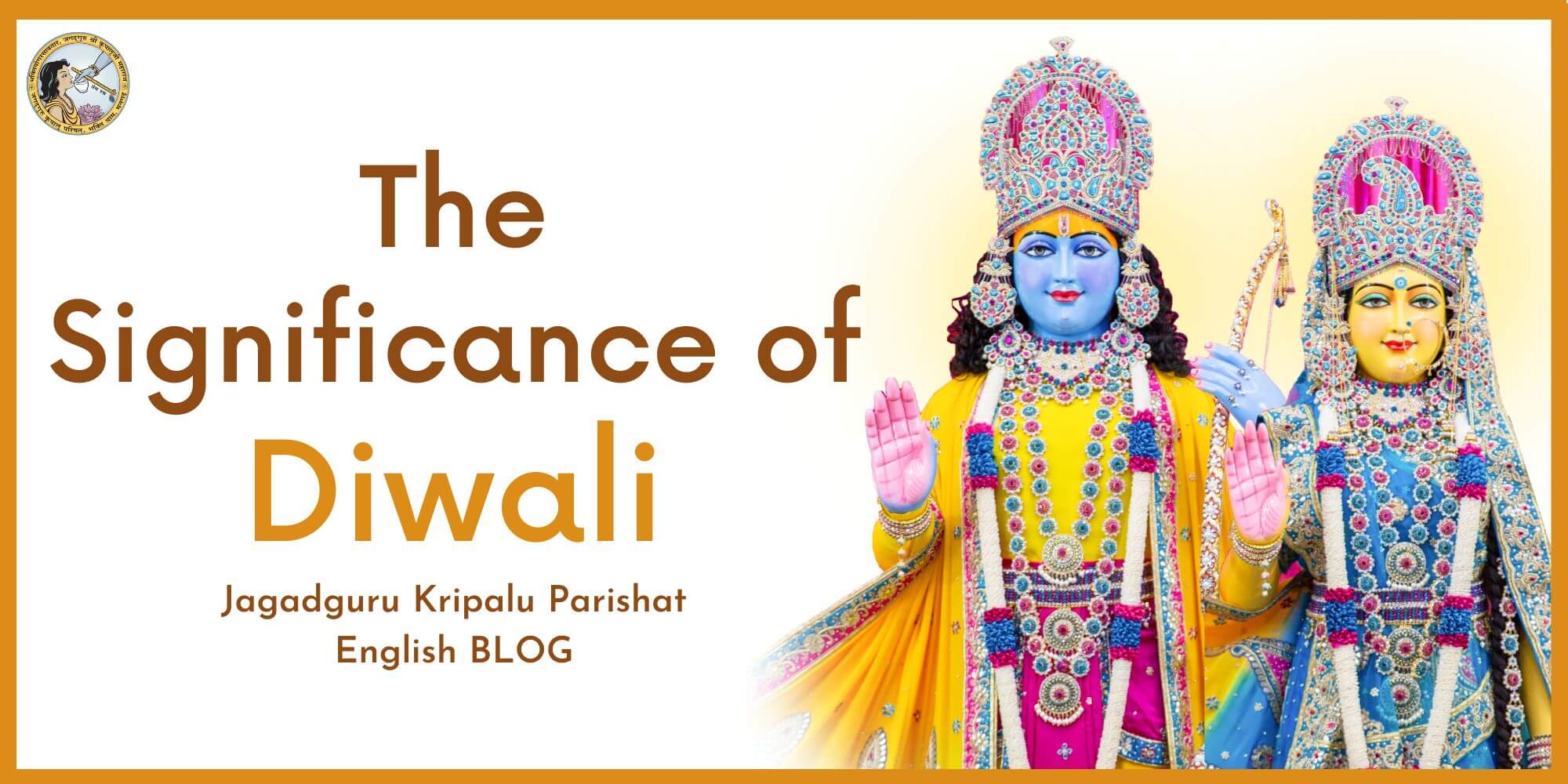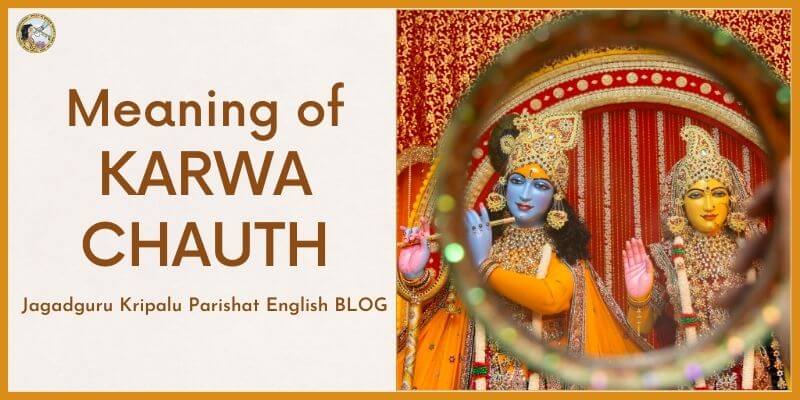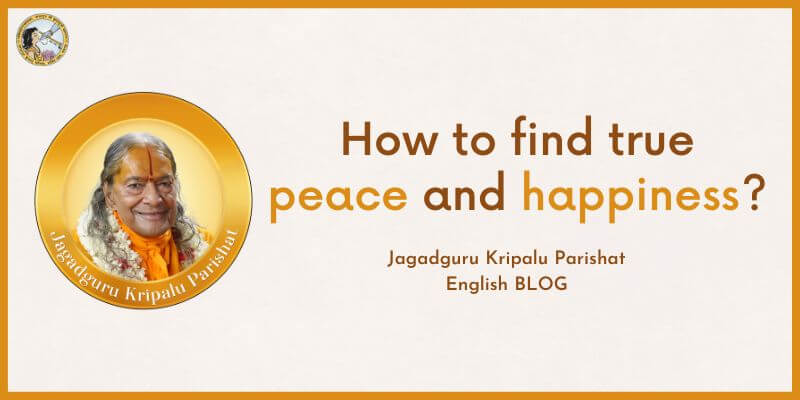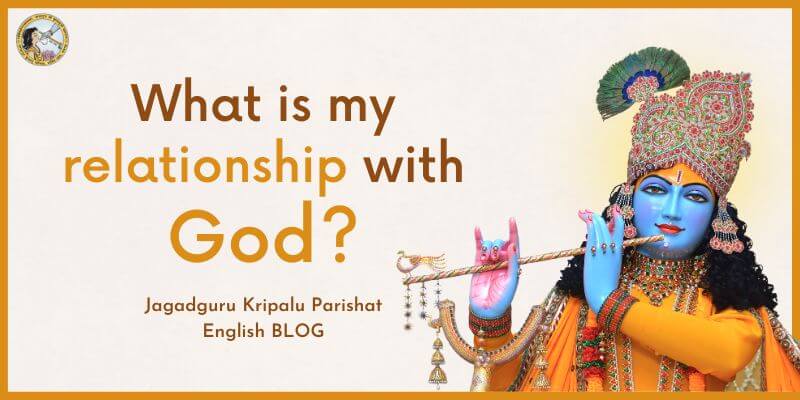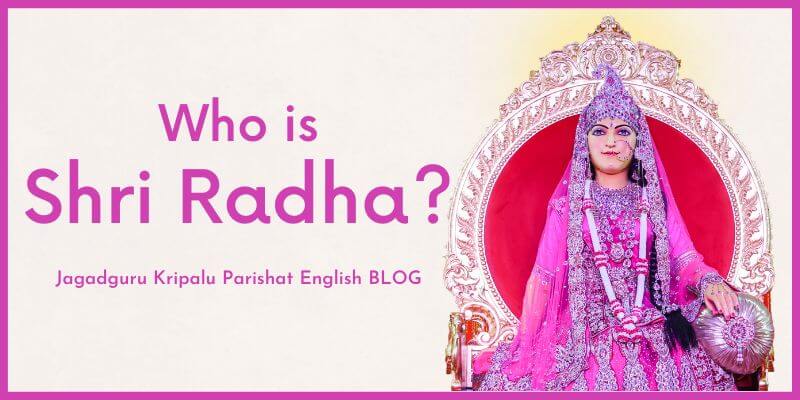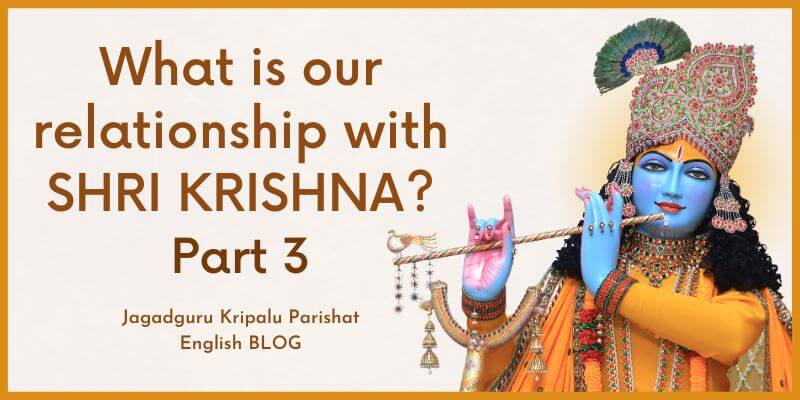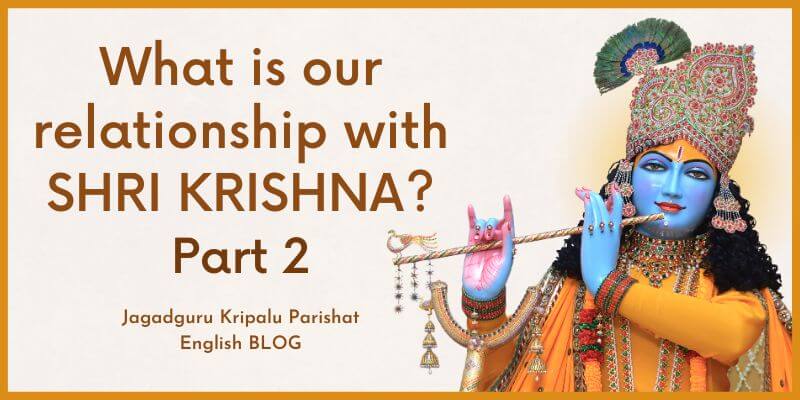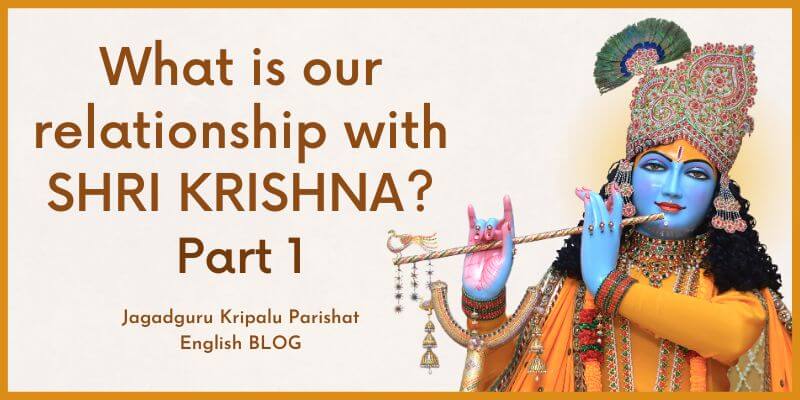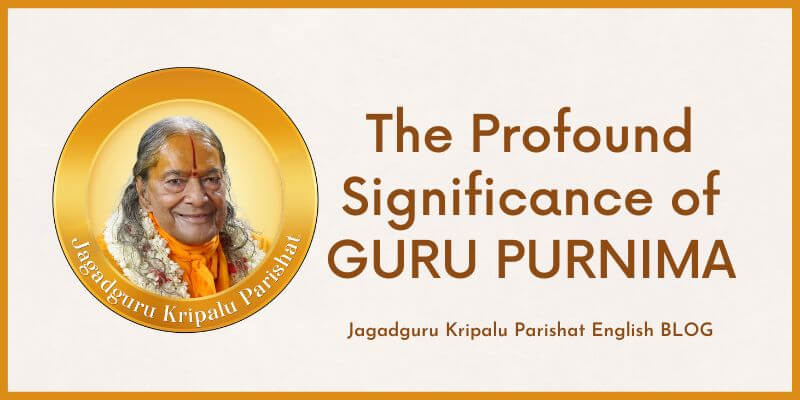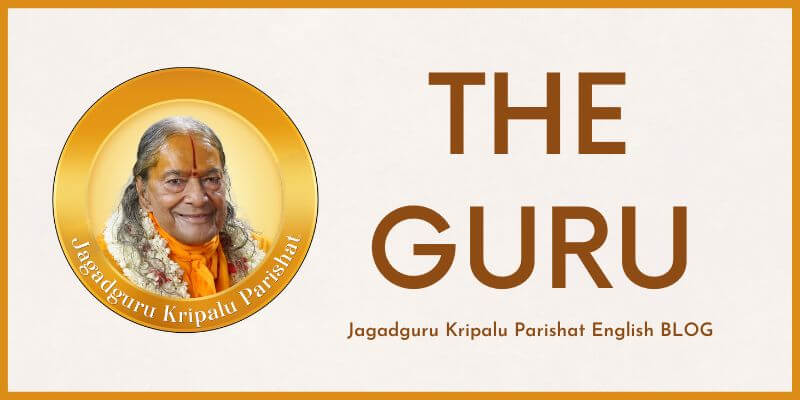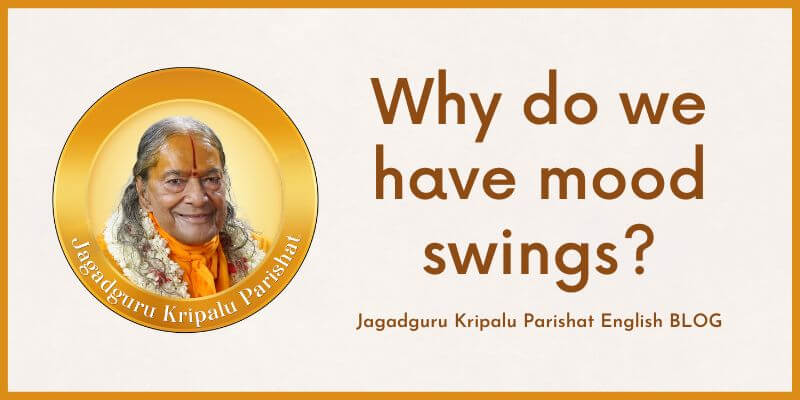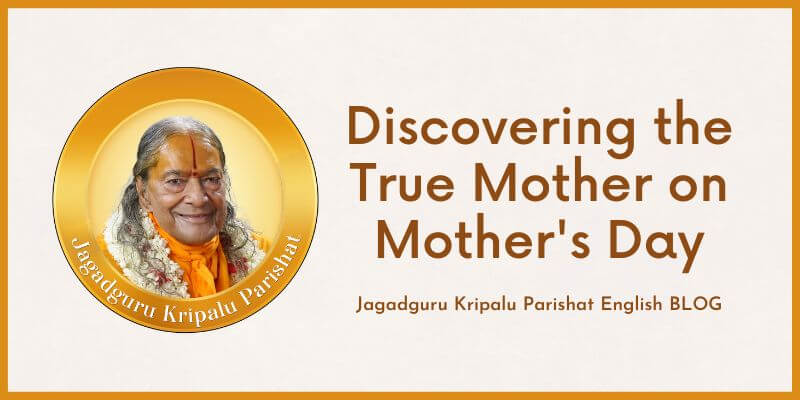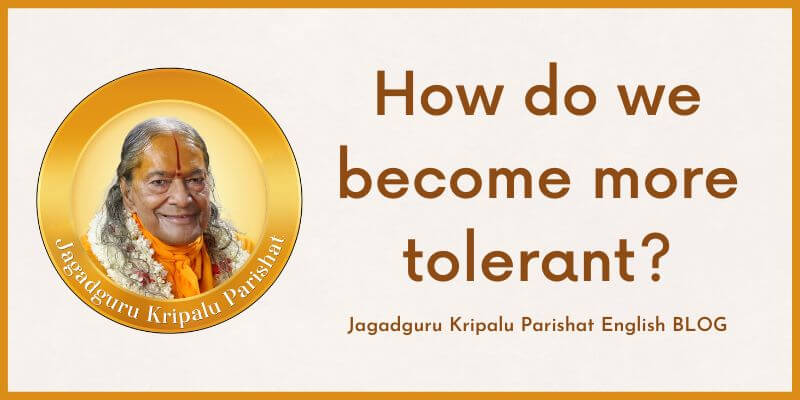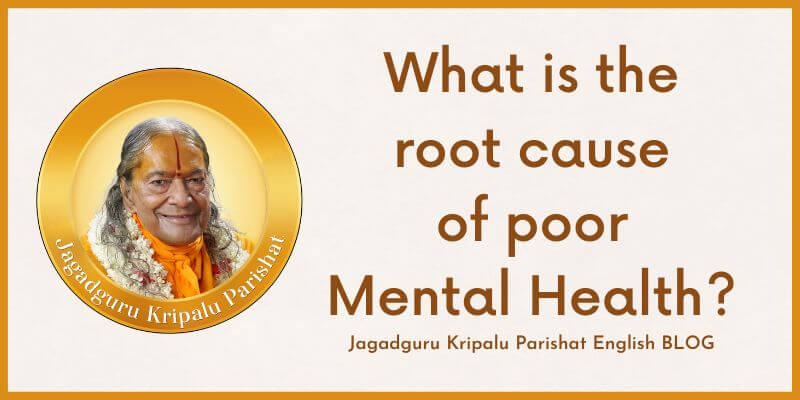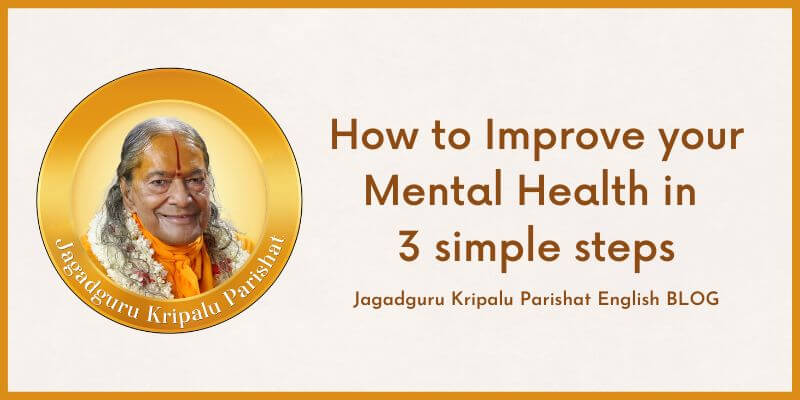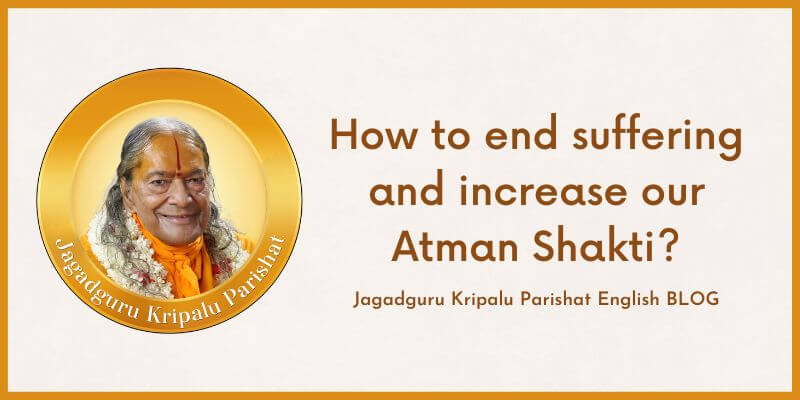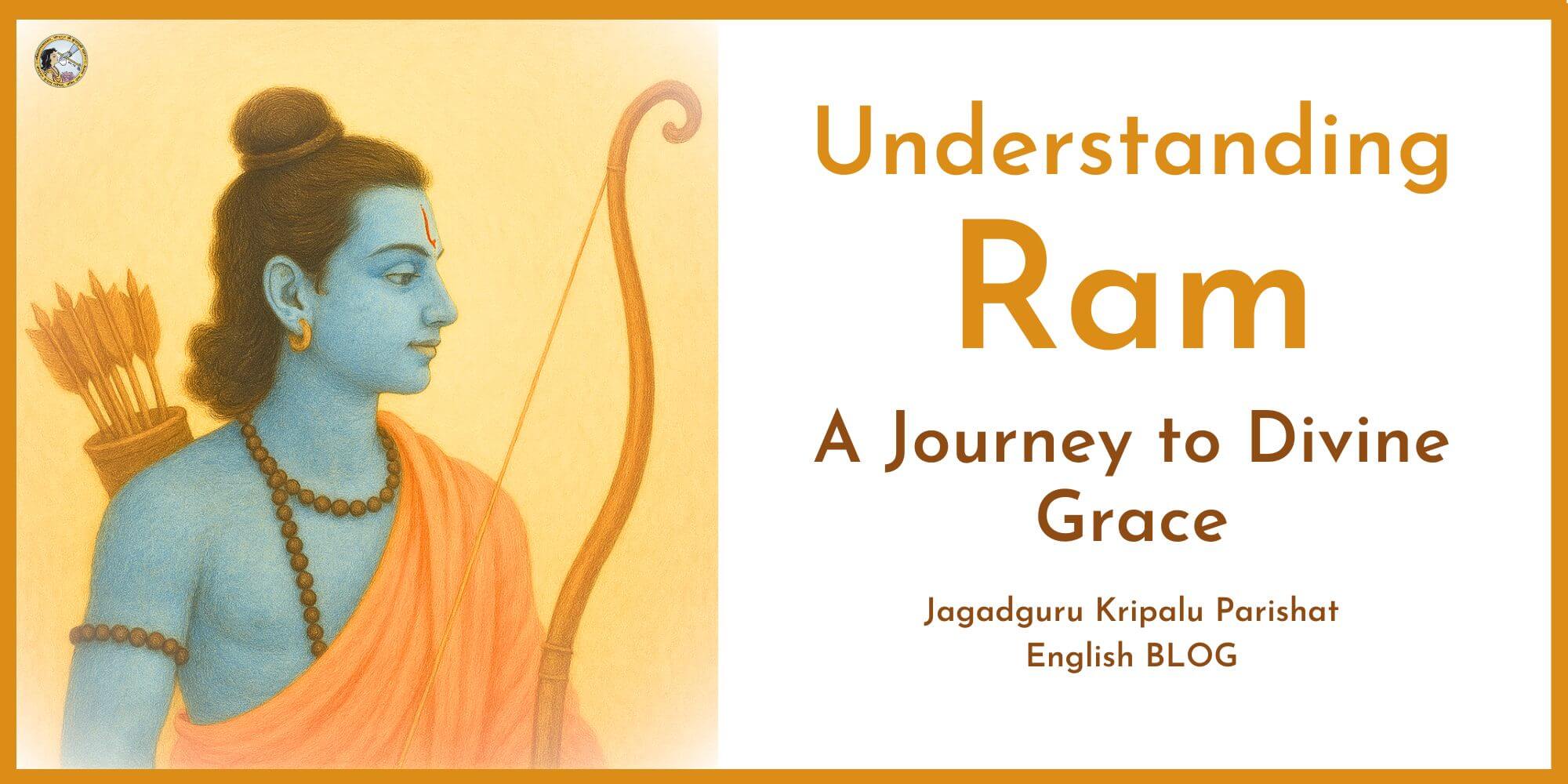Is the World Real or an Illusion?
(The Philosophy of Sanatan Dharm)
The answer is both. There are in fact two worlds, the external gross world and the internal world of desires. The inner world is within the mind of every living being. It consists of innumerable subtle impressions created in countless lifetimes by the desires for various gross material objects.
The gross world consists of the objects desired by the subtle inner world. Of the two, it is the subtle inner world of desires which is stronger, because even if the gross world is absent, the subtle world of desires does its work through thinking. For example, a faithful wife suffers pangs of separation from her husband, who is in England. However, if the object of the gross world had been present, then the effect on the subtle world of desires would have been stronger.
Sometimes, these desires appear even without the presence of a gross material object and disturb the mind. Occasionally, a desire of which we are unaware suddenly emerges upon contact with an external object. However, our experience proves that even in the absence of external material objects these desires can intensify and cause us suffering.
Now, if we somehow put an end to inner desires, then the external objects cannot disturb our mental peace. These external objects disturb us only when the desires for those objects are present in the mind. Desire is the main problem. If desire is conquered, then even if external material objects continue to be present, they will have no impact on us.
One thing is certain, if the intellect makes a firm decision that the objects of the external world cannot fulfil our goal of supreme bliss, then internal desires will automatically come to an end. So we have to first make a firm decision, through constant reflection, that there is not a trace of true happiness in the material world.
Let us now reflect on whether there actually is happiness in any material object or not. You may say that you experience happiness from your wealth, spouse, children and so on. Then how can your intellect possibly accept the fact that there is no true happiness in the world? However, if you seriously reflect upon this, the intellect will definitely change its decision.
The inner world, although it feels real to us, is actually our creation. The happiness and unhappiness we experience from the world is an illusion because we have created it. Now which object is a source of happiness to you? If any object contains happiness, then everyone should receive happiness from it. Also that happiness should be permanent and not followed by misery.
A drunkard experiences happiness at the very mention of liquor and definitely becomes happier when he actually drinks it. But the same liquor is a source of displeasure to a teetotaller. So the question is does liquor contain the happiness that is experienced by the alcoholic, or does it contain the revulsion experienced by the non-drinker?
The second truth with regard to worldly happiness is that the happiness we experience from any material object constantly diminishes. For example, when you have the first bite of a chocolate, you experience great pleasure. On eating the second, third and fourth, you feel less and less pleasure and it will come to a stage where you start feeling sick and will not be able to eat anymore. Now if there is any pleasure in chocolate or any other object, why is there this constant abatement in the pleasure experienced and then eventually displeasure?
Obviously, our experience is a deception. It is merely a result of our own imagination, a mere fabrication of our mind.
When you are thirsty, you long for water, but not when your thirst is quenched. A lustful man longs for a woman, but when that lustful craving is absent, that same woman becomes burdensome. This fact is experienced by everyone but no one actually bothers to reflect on it. No one bothers to analyse the delusive nature of material happiness. It is obvious that there is not a trace of happiness in any material object. Whatever we experience is the deceptive result of our own imagination.
Observe, people think that there is happiness in beauty but our own experience is contrary to this. Suppose a child who is very ugly gets lost in a fair. His mother files a report at the police station. There she is shown a number of children who were wandering about alone in the far. She looks at them one by one, but experiences no joy, because her ugly squint-eyed son is not among them. The children there were much better looking than her son, but she did not experience any happiness from them. However ugly her son was, he alone was her source of joy.
One man is ready to shoot a beautiful woman and another man stands between them ready to die for her. On enquiring, it is found that the woman is the wife of the man who is ready to shoot her, and the other man who is willing to die for her is her lover. If there was happiness in beauty, both of them would have experienced it equally. In other words, people, beauty, food etc. do not contain happiness. However, if someone repeatedly thinks of a particular object as a source of happiness, he becomes attached to it. Consequently, one experiences happiness from that object and sorrow when deprived of it.
Another major delusion regarding material pleasure is that everyone feels that his present possessions are not sufficient to make him happy. He feels that he will definitely attain happiness, if he reaches the next higher class. A person who is a millionaire, thinks that if he only could become a billionaire, then everything would be perfect. However, this is a mere deception. Before an object is acquired, one experiences pleasure in the delusive hope of attaining happiness in the future if that object is acquired. But the moment we acquire it, the experience is quite the opposite. Instead of happiness, we experience sorrow eventually.
The happiness experienced by a beggar in embracing her ugly, lame child is the same as that experienced by a queen in embracing her delicate prince. The pleasure experienced by a cow eating green grass is the same as that experienced by a king who is served innumerable delicacies. No one is willing to accept that those who are materially higher placed or better endowed are not happier than them. If we were to only understand the fact that after a person has enjoyed a certain standard of living for some time, it ceases to bring them pleasure, then the constant pursuit for a higher standard would come to an end.
In fact, we have a firm belief that there definitely is happiness in the world. If not today, we will surely attain it tomorrow. With this constant hope, we have wasted innumerable lives and who knows how long this delusive belief of ours will continue? We make desires and then suffer. If the desire is fulfilled, we are happy. If it is not fulfilled, and that happens frequently, then not only is our time and effort wasted, but we may possibly suffer from the disappointment of this failure throughout our life.
This is our imaginary worldly happiness. We need to reflect on the real nature of worldly happiness. We can analyze our mental state before and after we make a desire from our own experience. Once we understand the reality of the world, detachment will follow. Constant reflection upon the reality of the world is therefore absolutely necessary.
Our scriptures declare:
“There is no true happiness in the material world. If happiness is perceived anywhere, it is only an illusion because worldly pleasures are momentary, limited and eventually result in sorrow.”
Once the inner world of our mind is conquered, the outer world will not be able to harm us. Armed with this knowledge, and practicing devotion under the guidance of a genuine Guru, one can attain the divine happiness that our heart and soul is craving for since eternity.
(Credits: Prem Ras Siddhant By Jagadguru Shri Kripalu Ji Maharaj)
*A brief introduction of Jagadguru Shri Kripalu Ji Maharaj*
(Known by His devotees as Shri Maharajji)
The original title of Jagadguruttam (‘Greatest Spiritual Teacher of the World’) was bestowed upon Shri Kripalu Ji Maharaj on January 14, 1957 by ‘Kashi Vidvat Parishad’ (a council of 500 greatest scholars saints of India). He composed divine texts like ‘Prem Ras Madira’, ‘Prem Ras Siddhant’, and ‘Radha Govind Geet’ to lead us on the right path of devotion. He also gave priceless monuments as gifts to the world which include - Bhakti Mandir located in Bhakti Dham, Mangarh, Prem Mandir located in Vrindavan Dham, and Kirti Mandir located in Barsana Dham. Shri Maharajji also built hospitals for the impoverished, the Jagadguru Kripalu Chikitsalaya in Vrindavan, Jagadguru Kripalu Chikitsalaya in Barsana, and another one in Pratapgarh. All three help millions of underprivileged to gain free access to medical care. His Kindergarten, School, and College for impoverished girls Jagadguru Kripalu Parishat Education is located in Kunda and provides completely free education.
